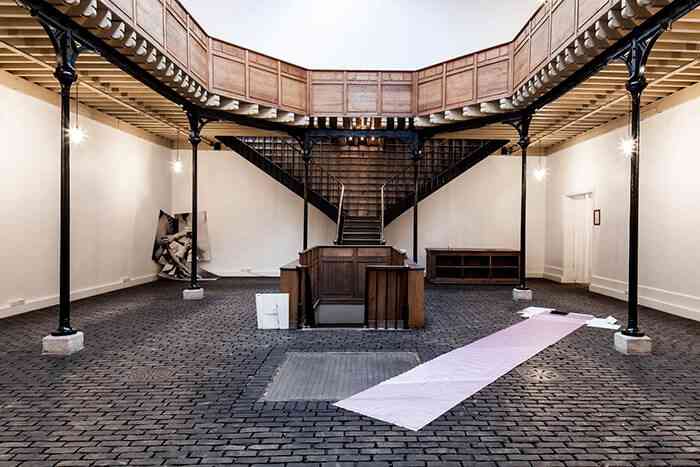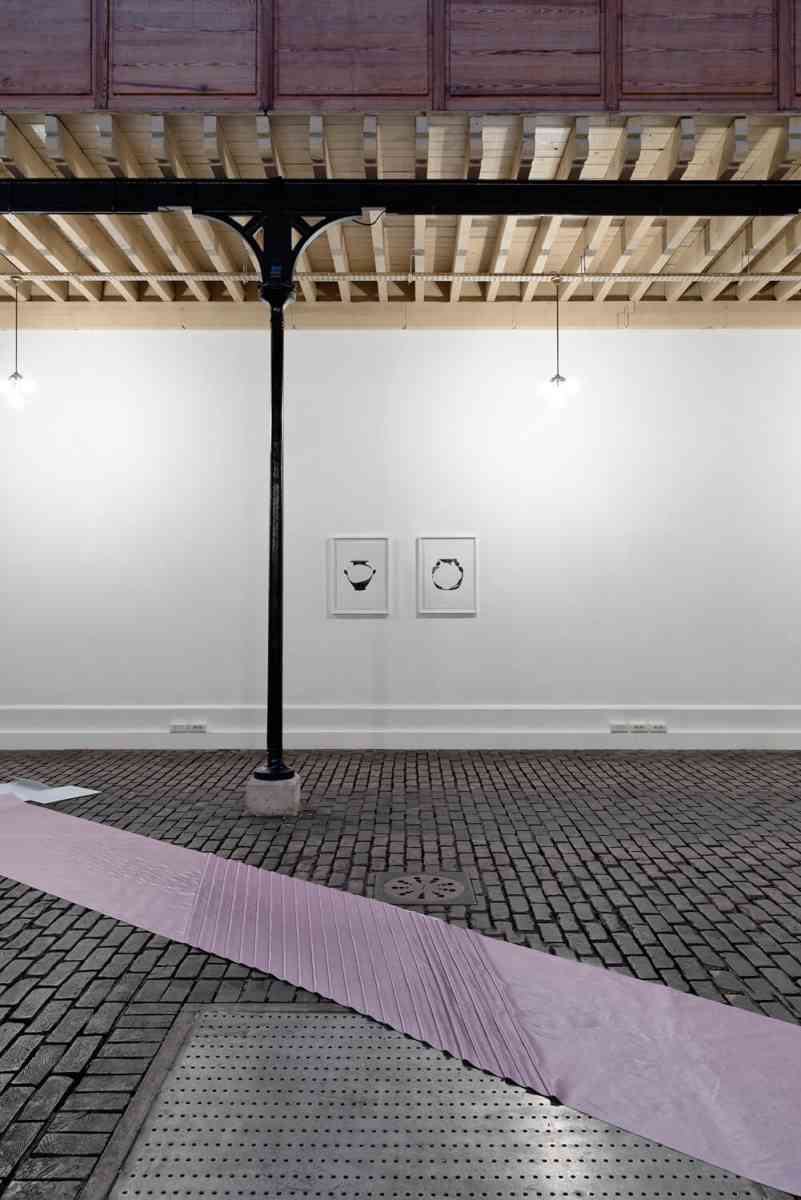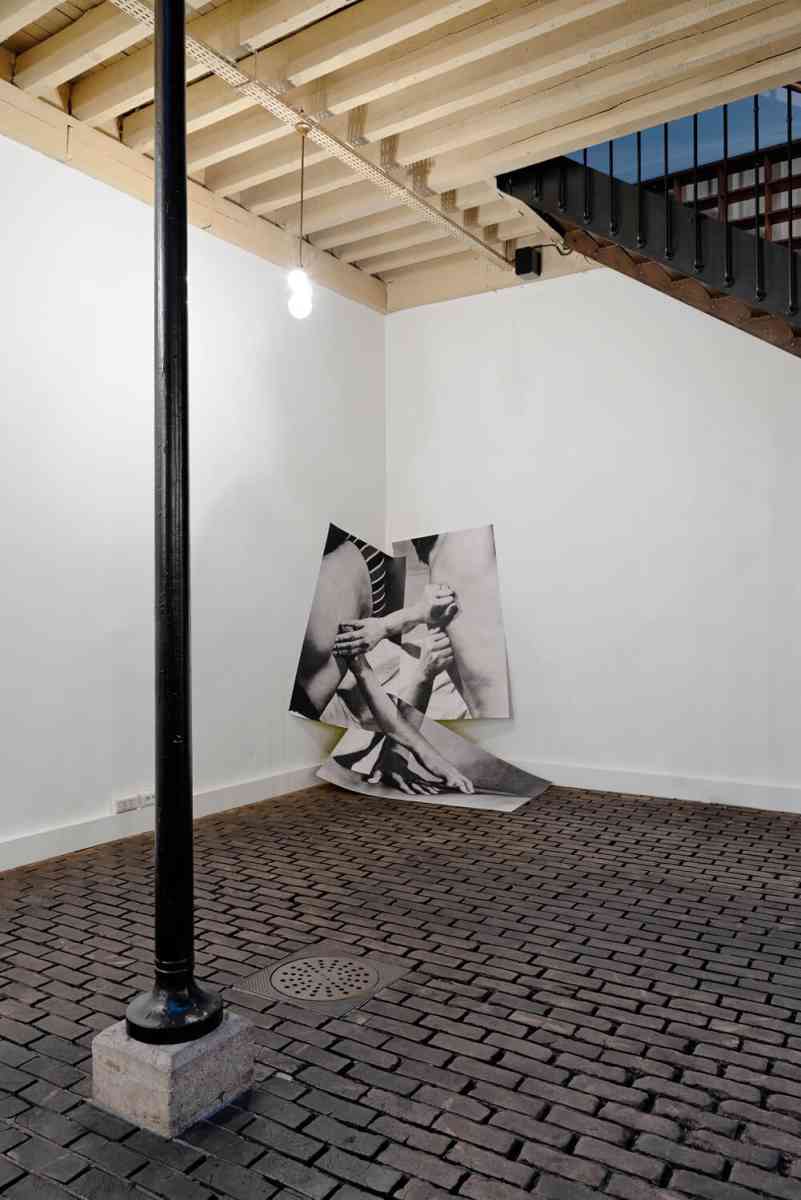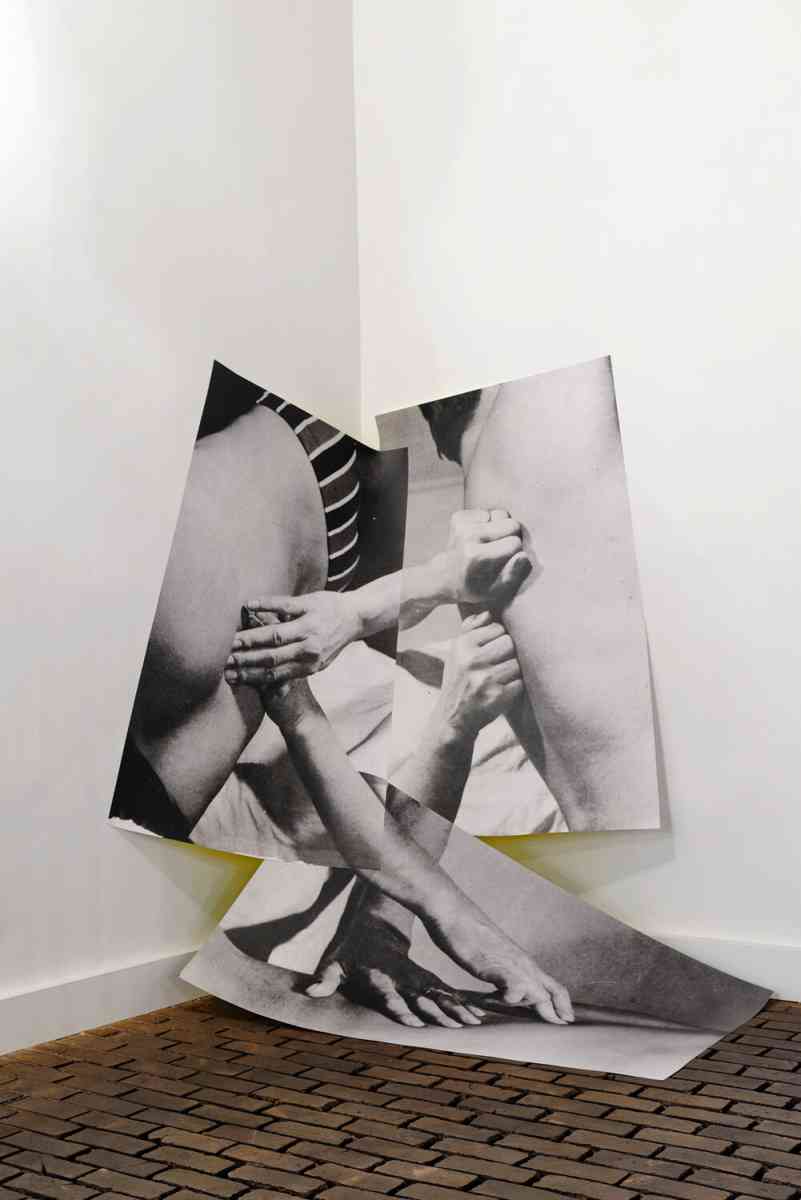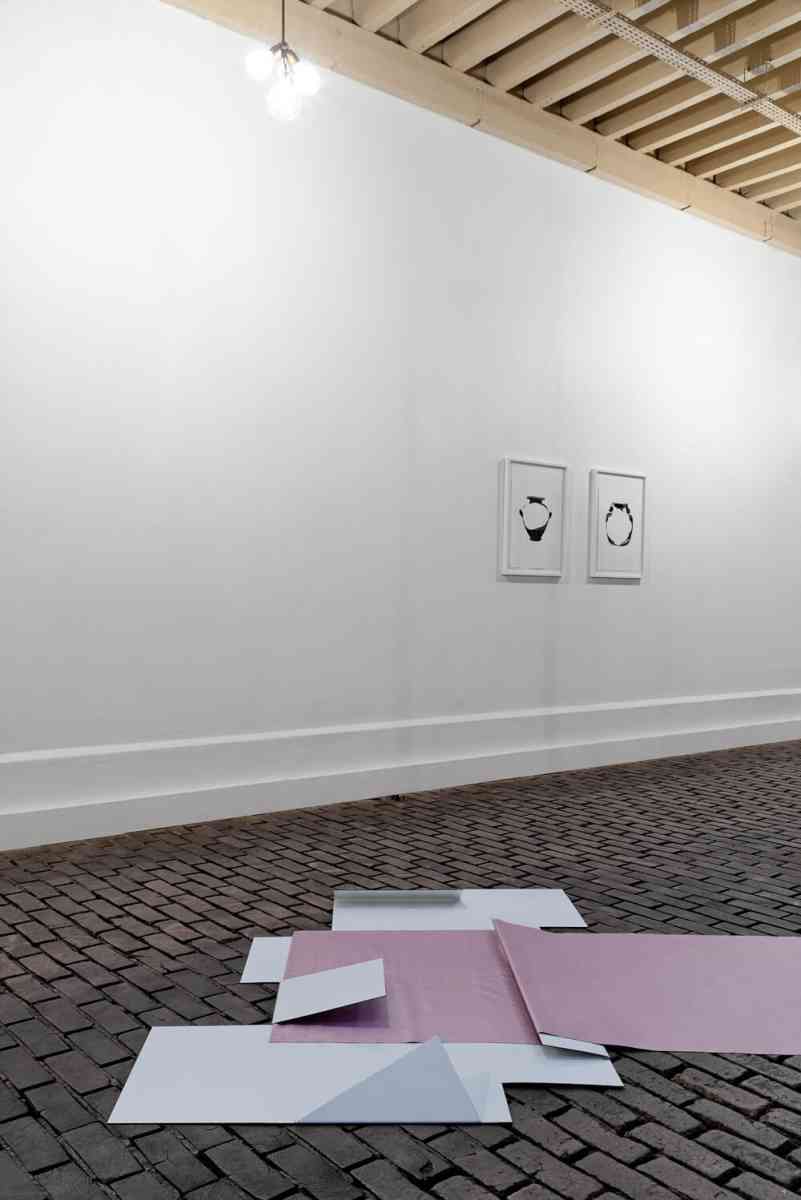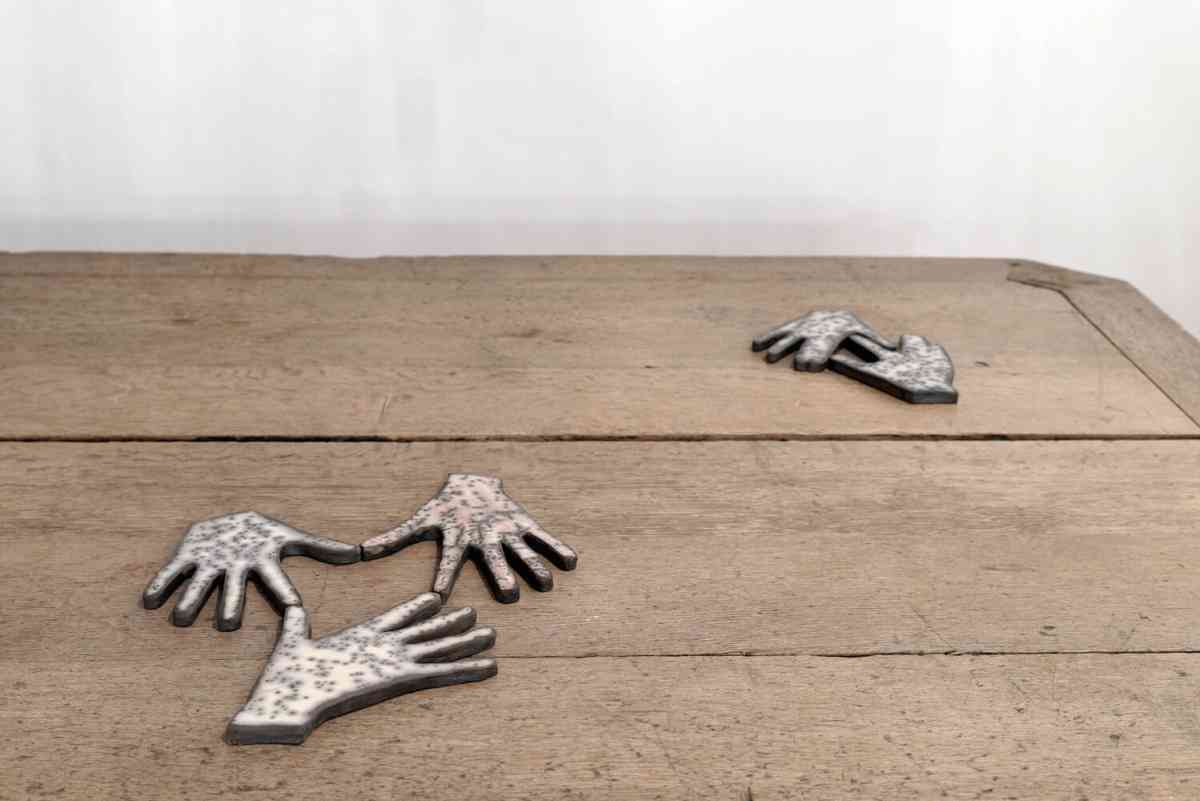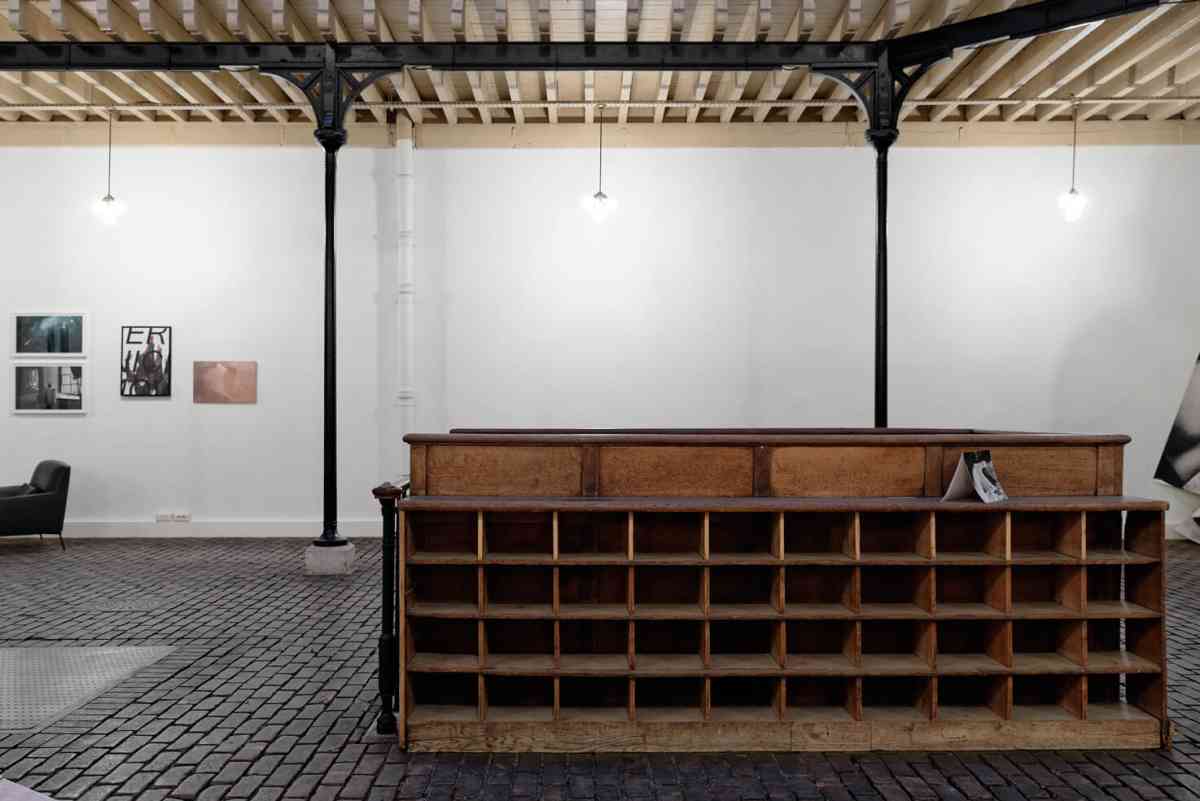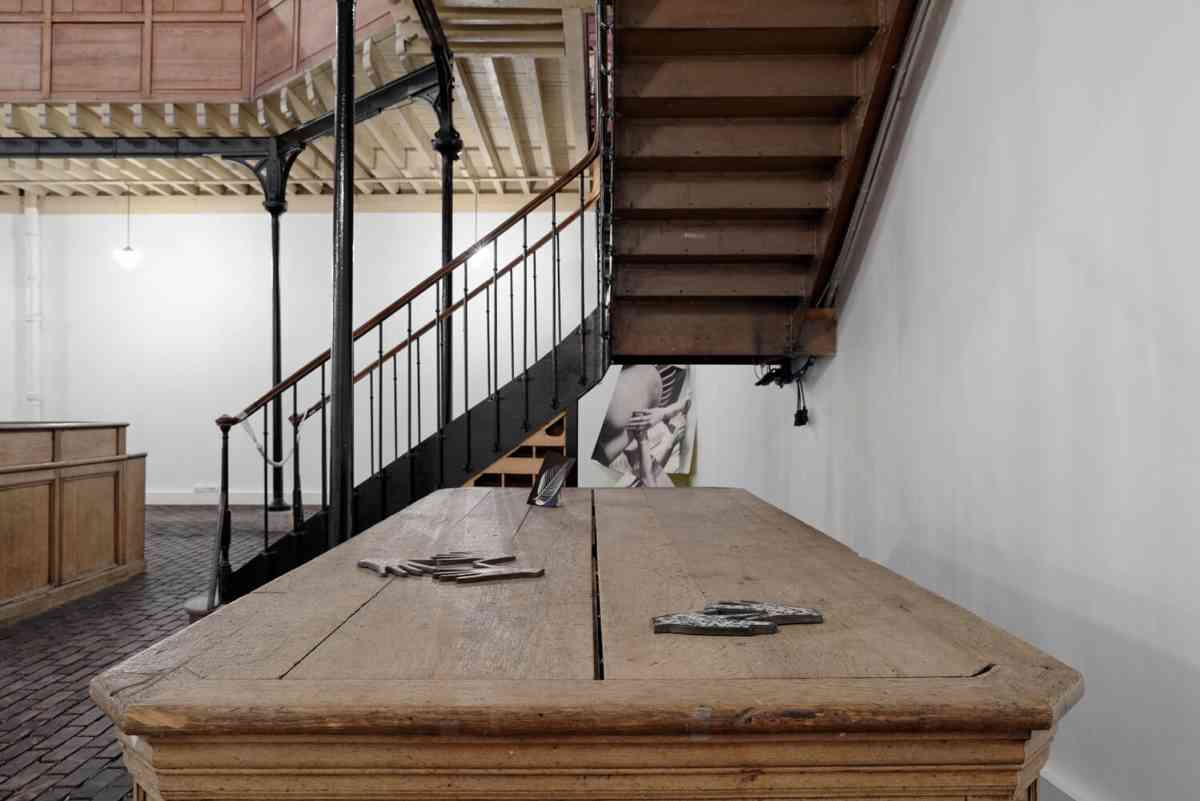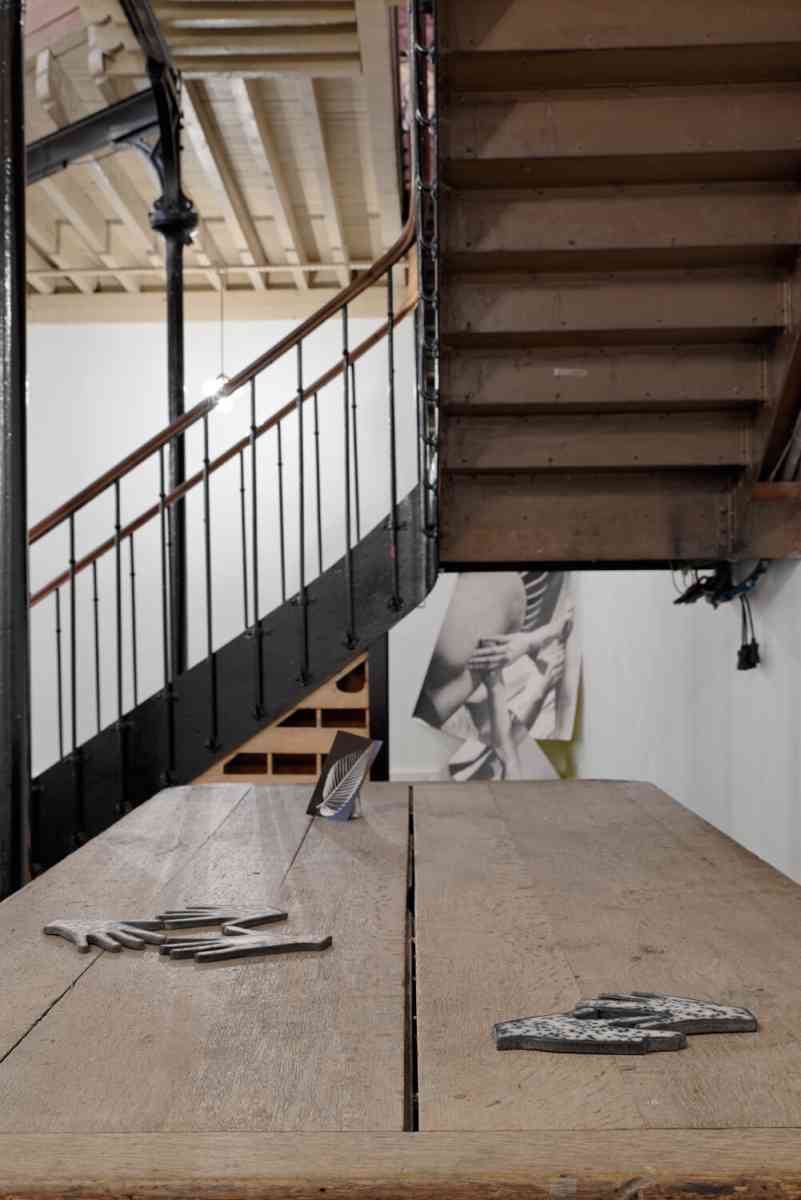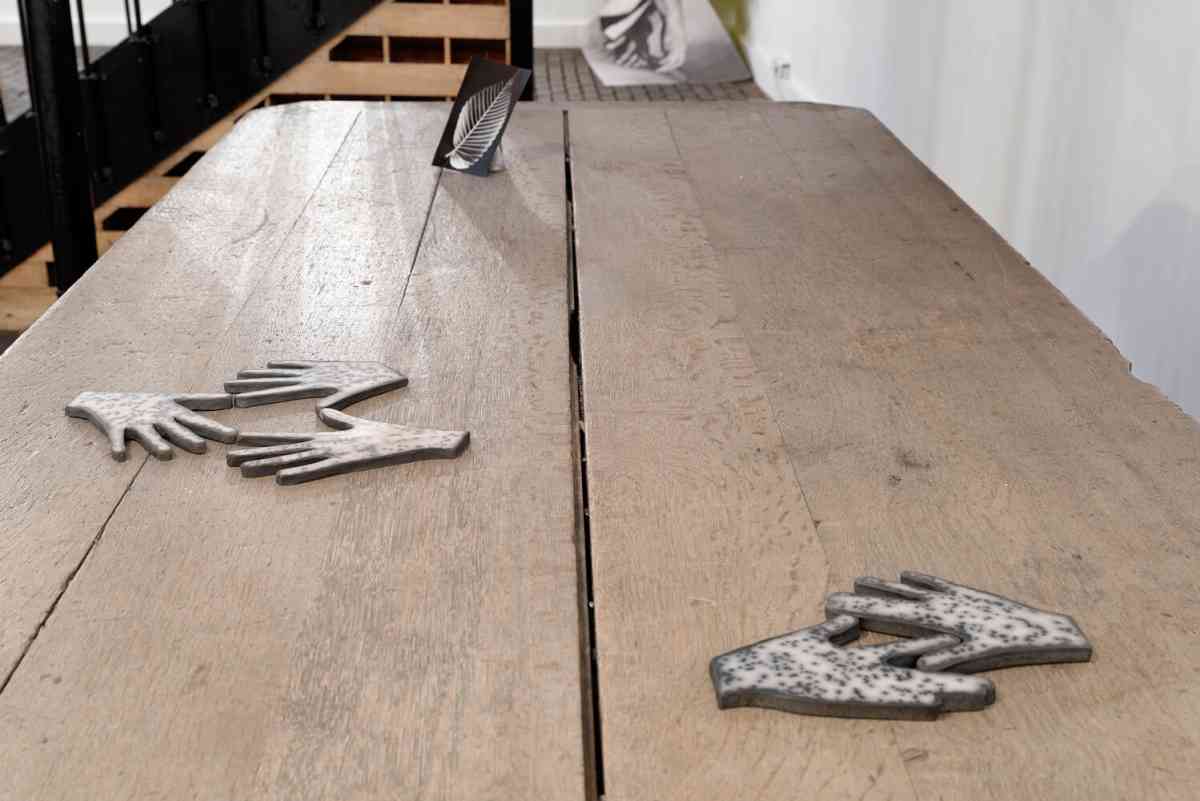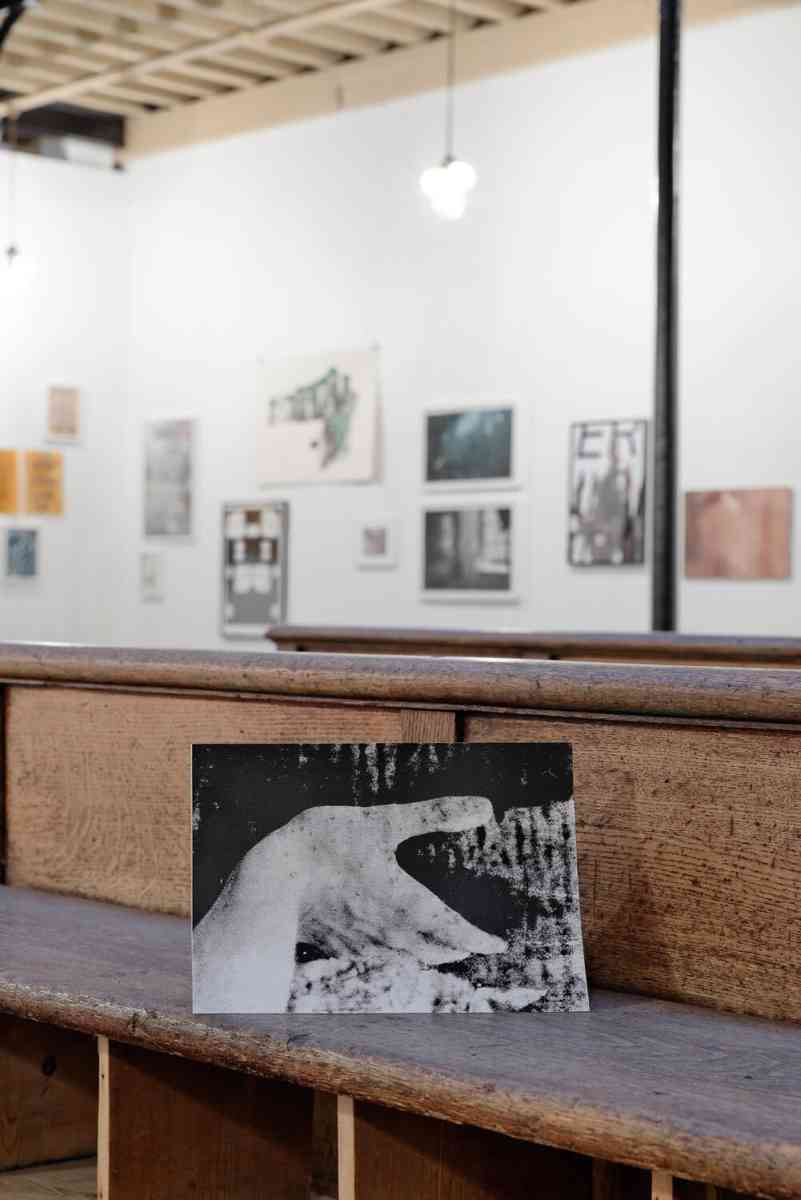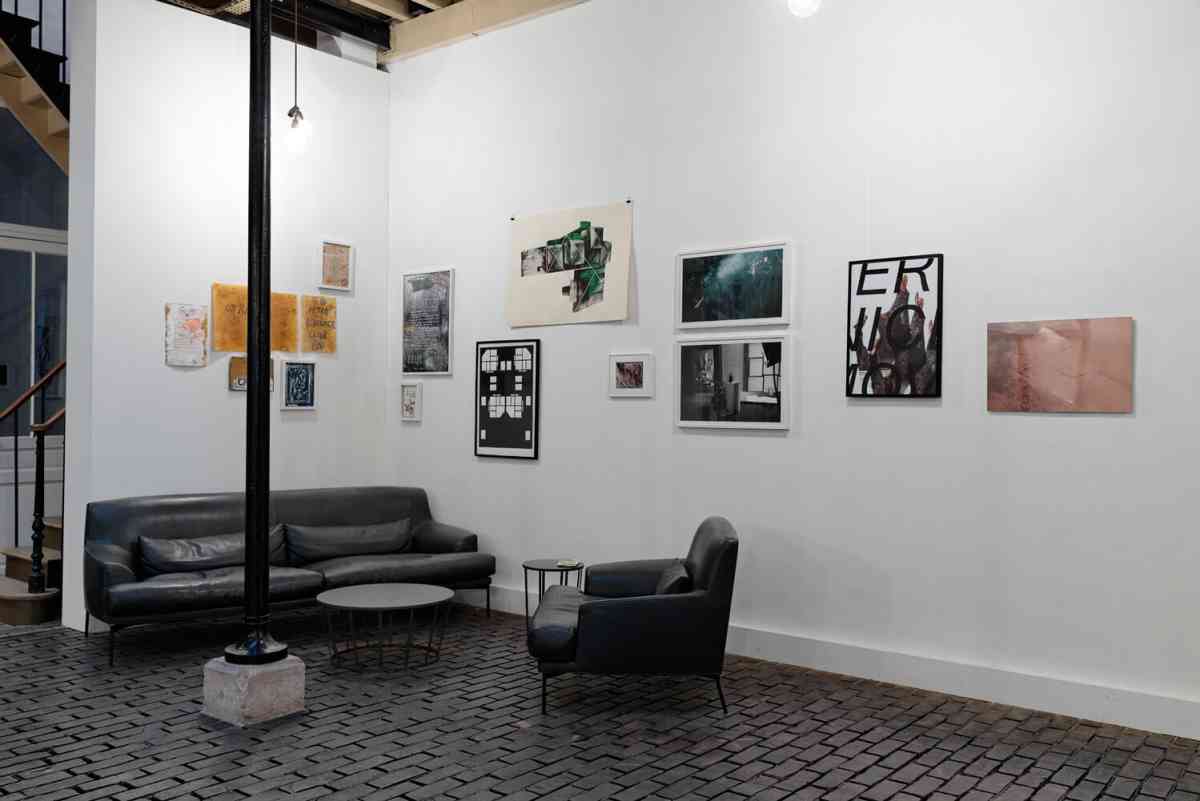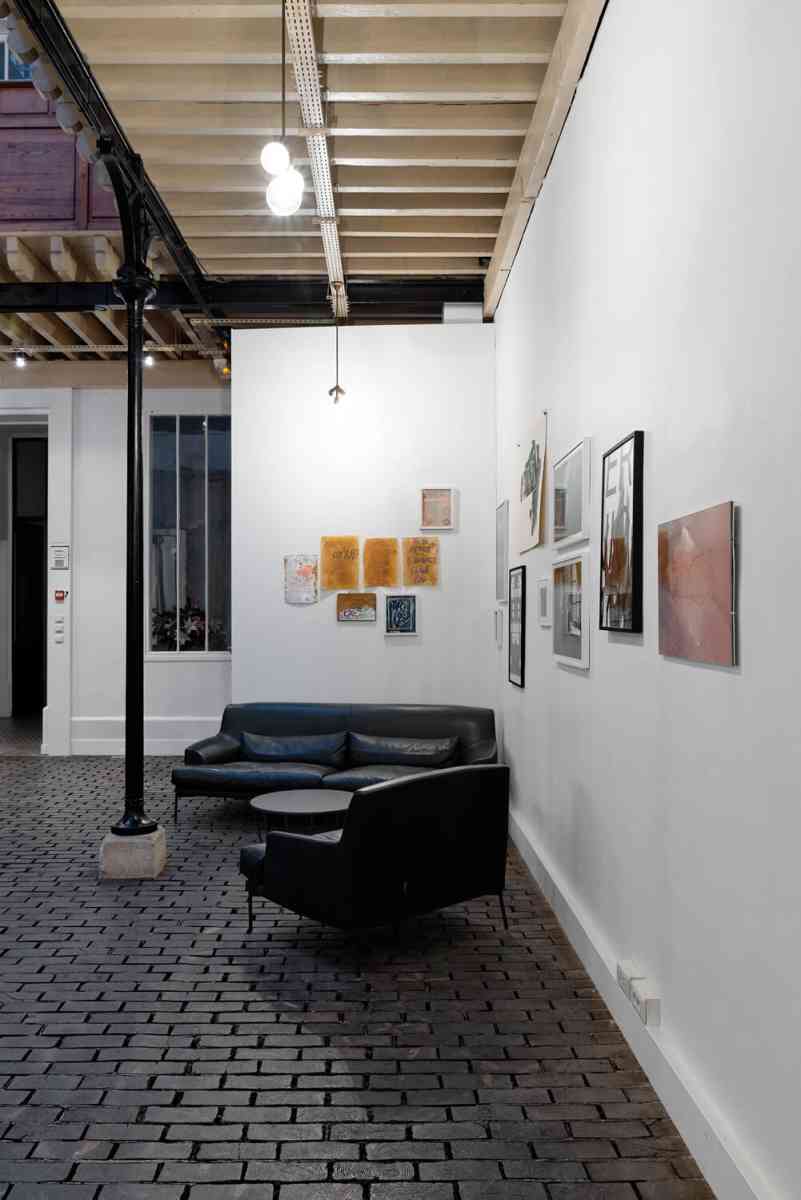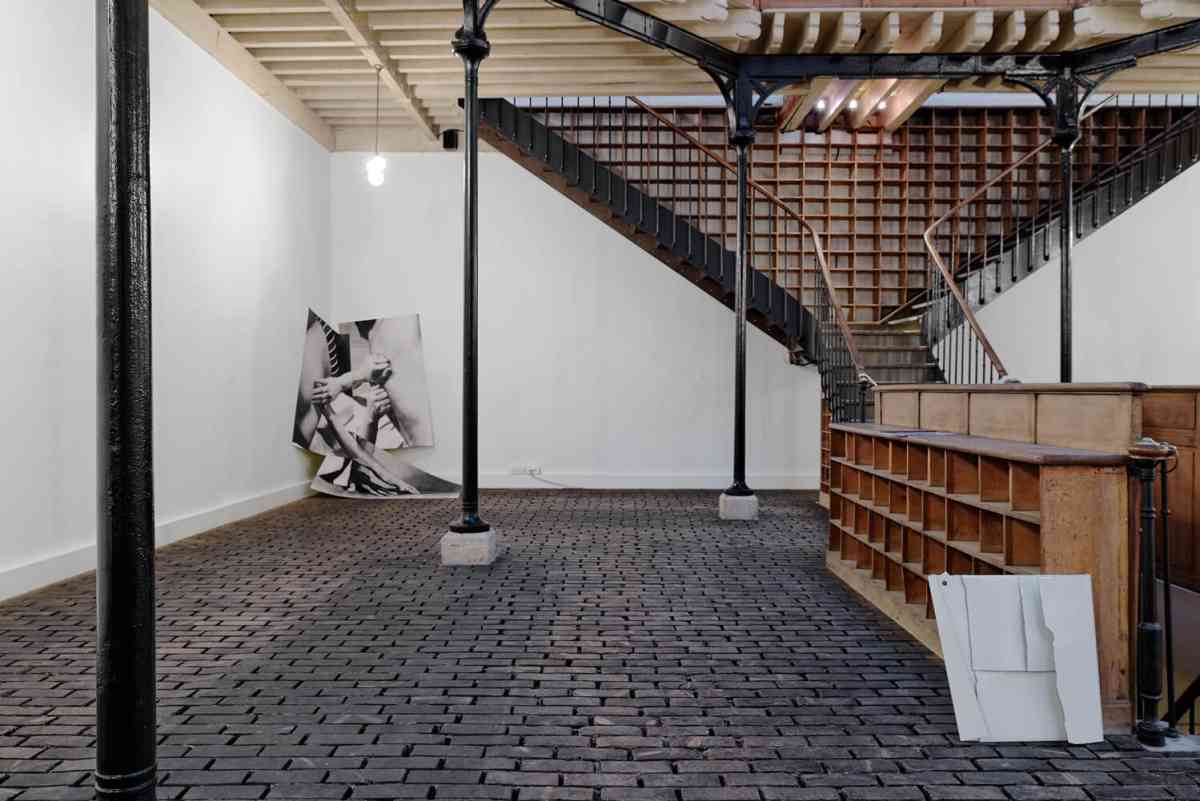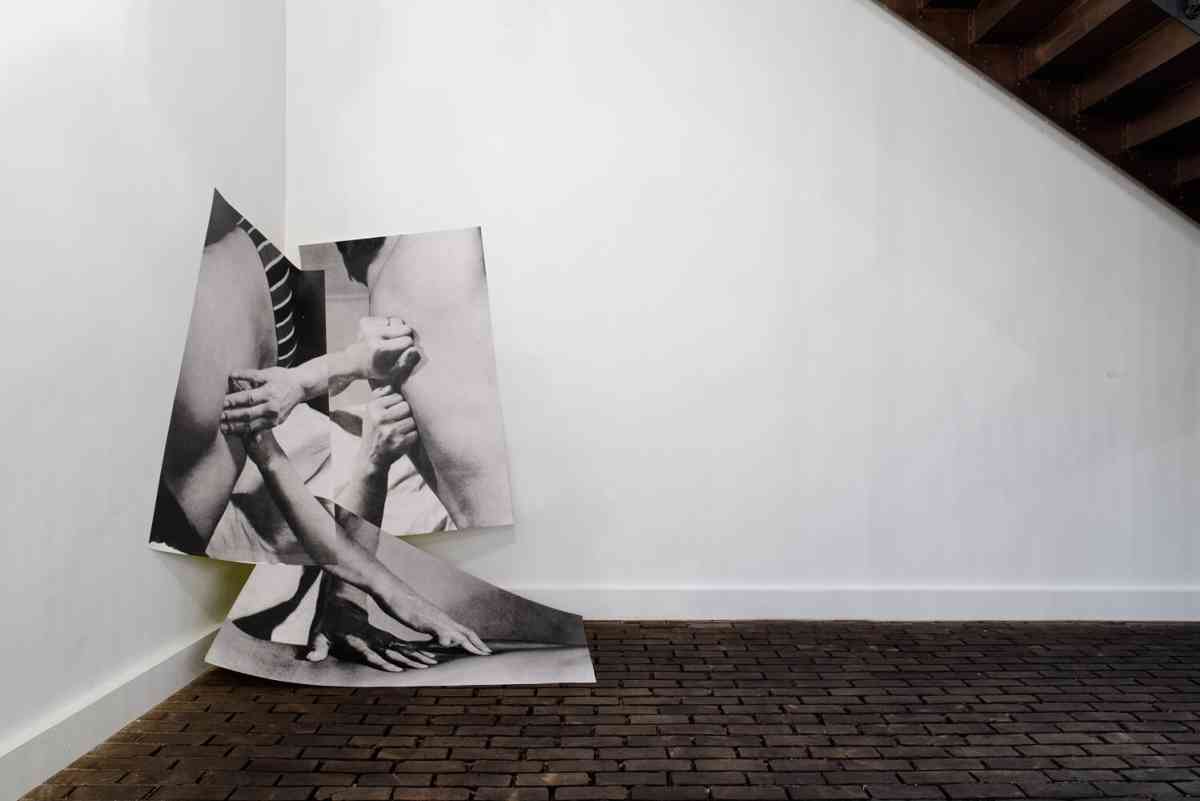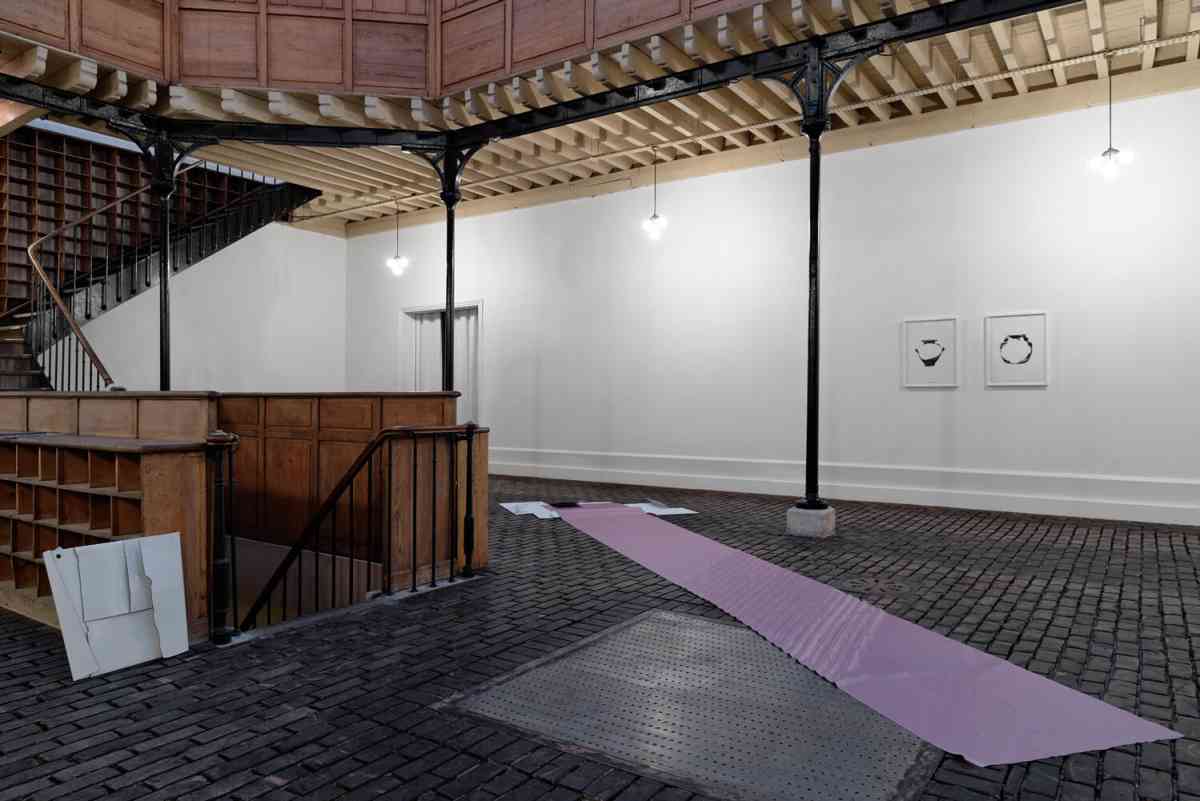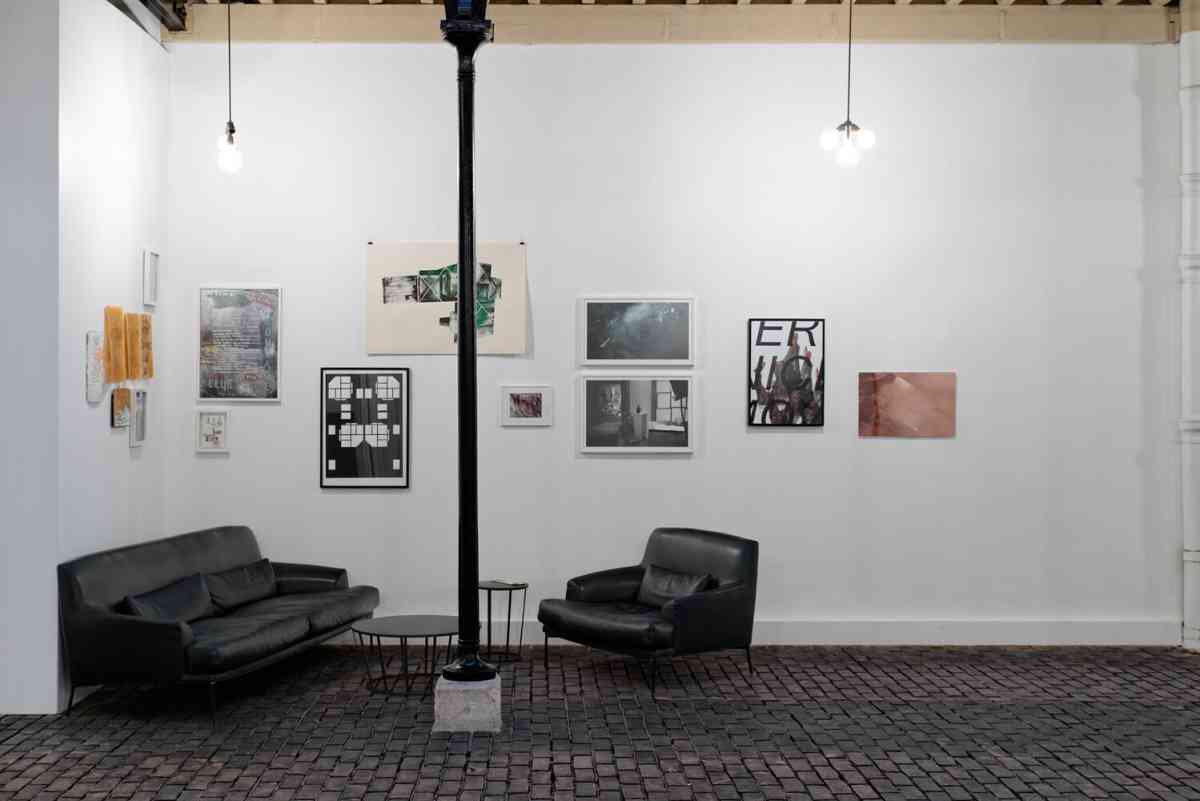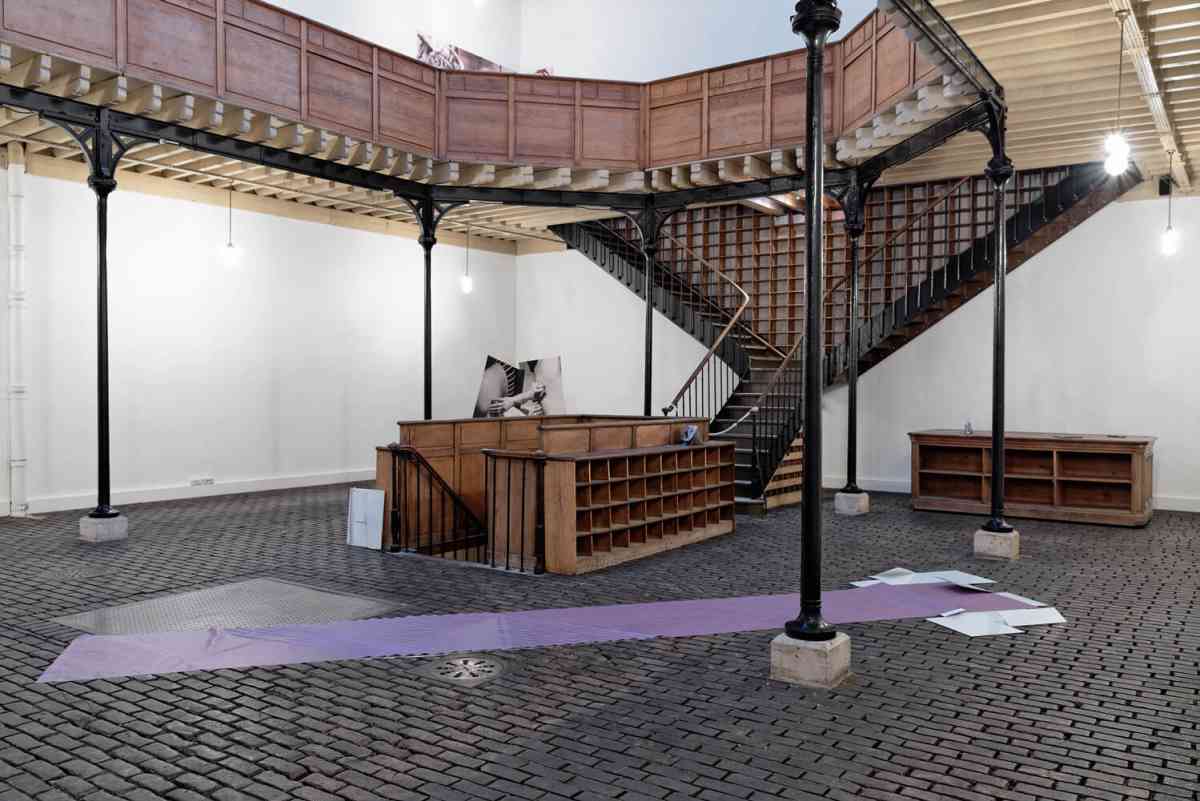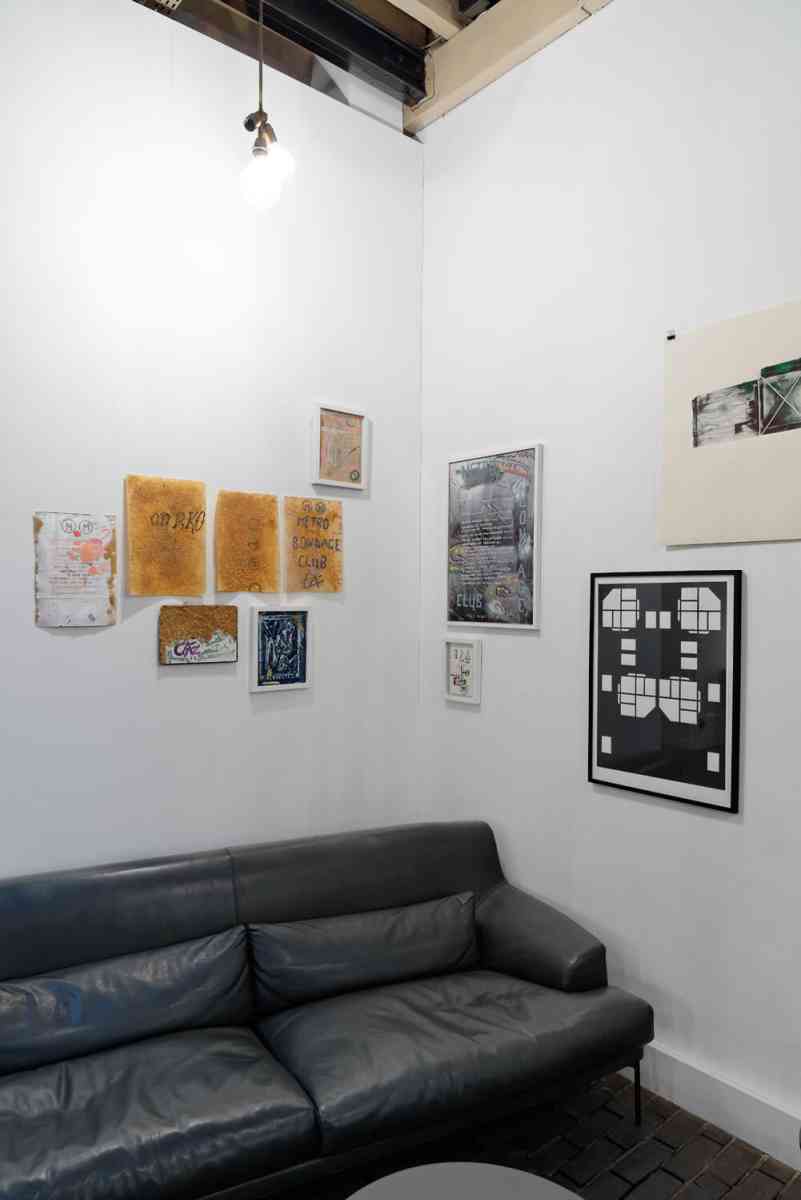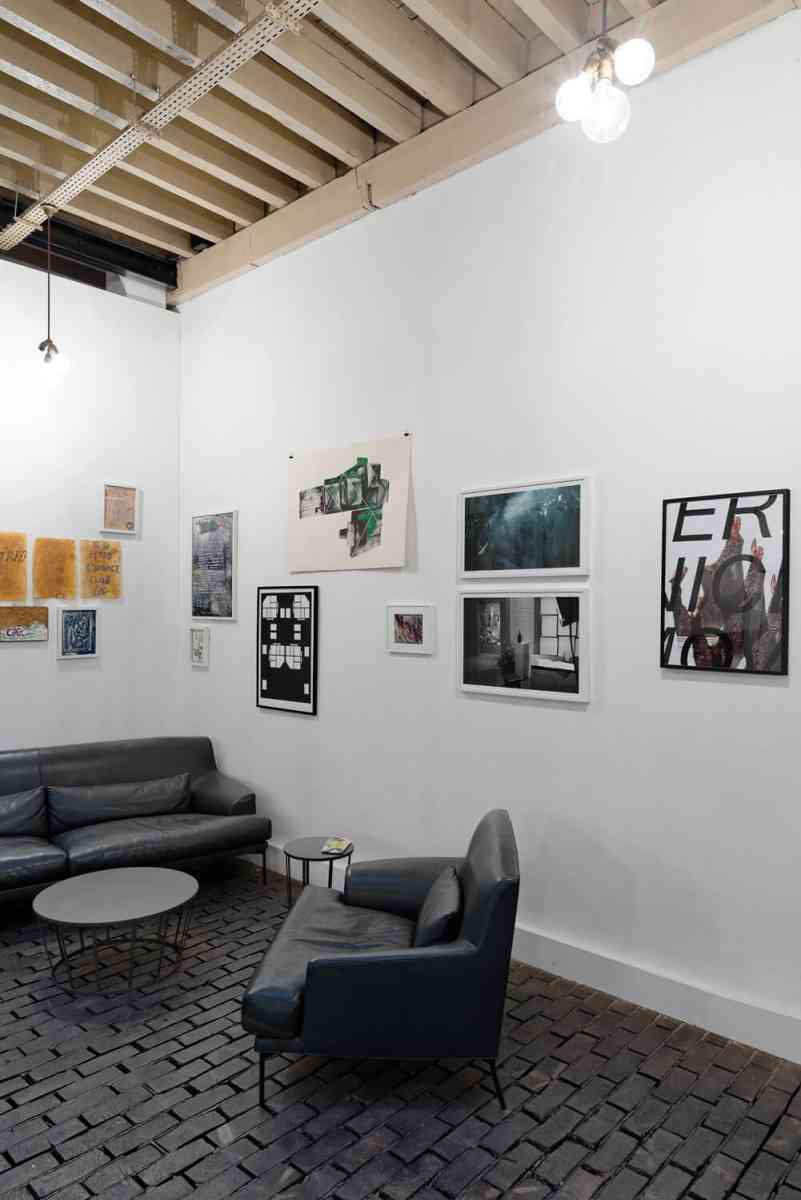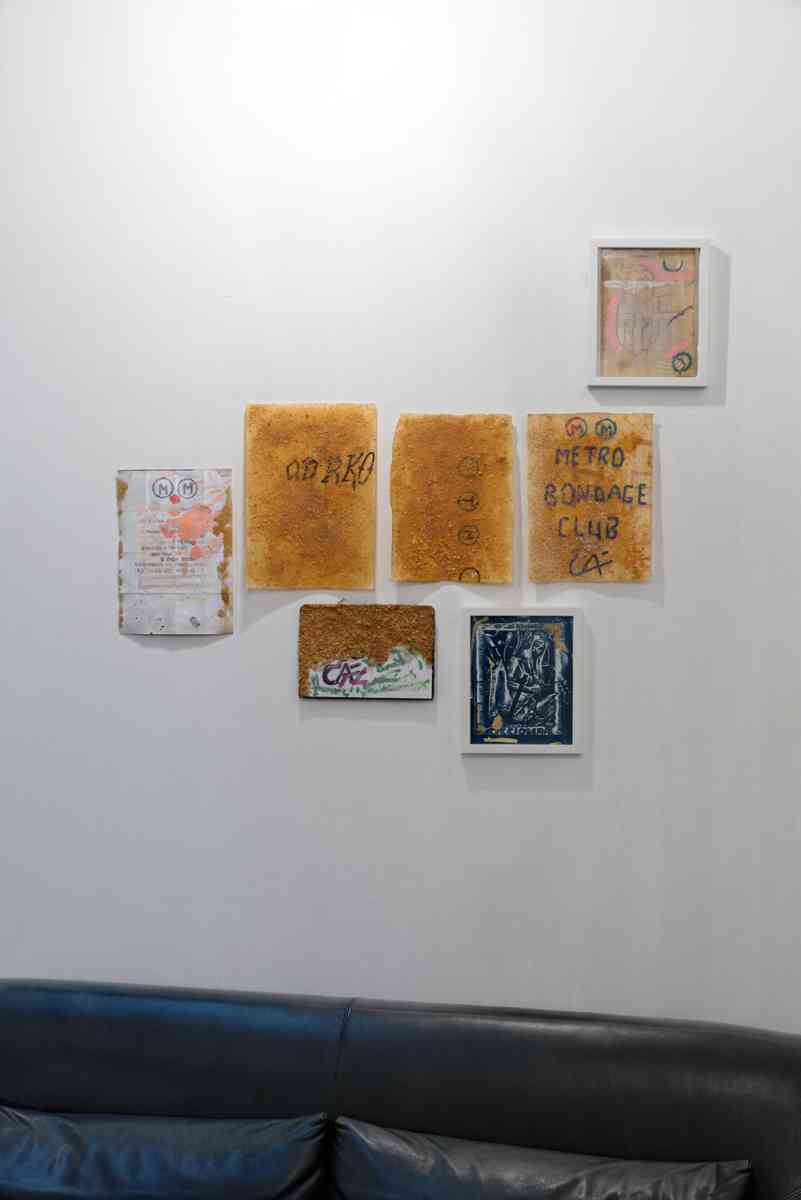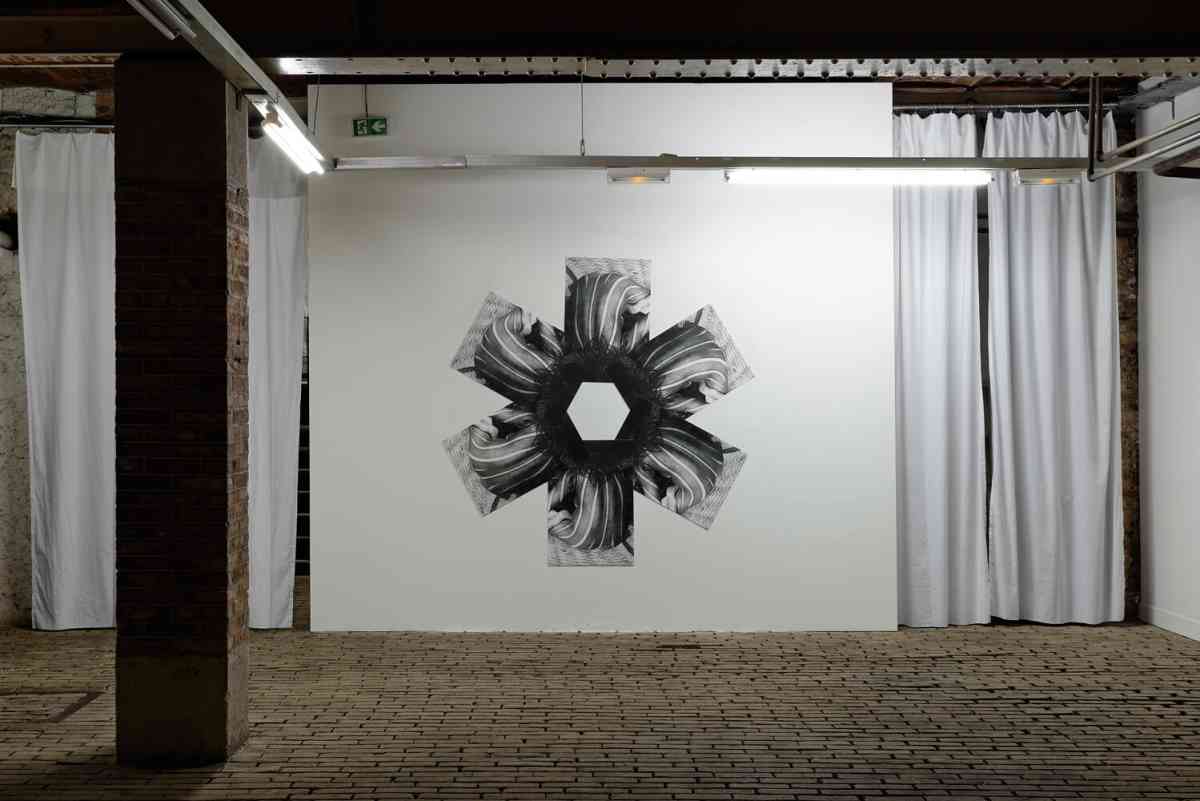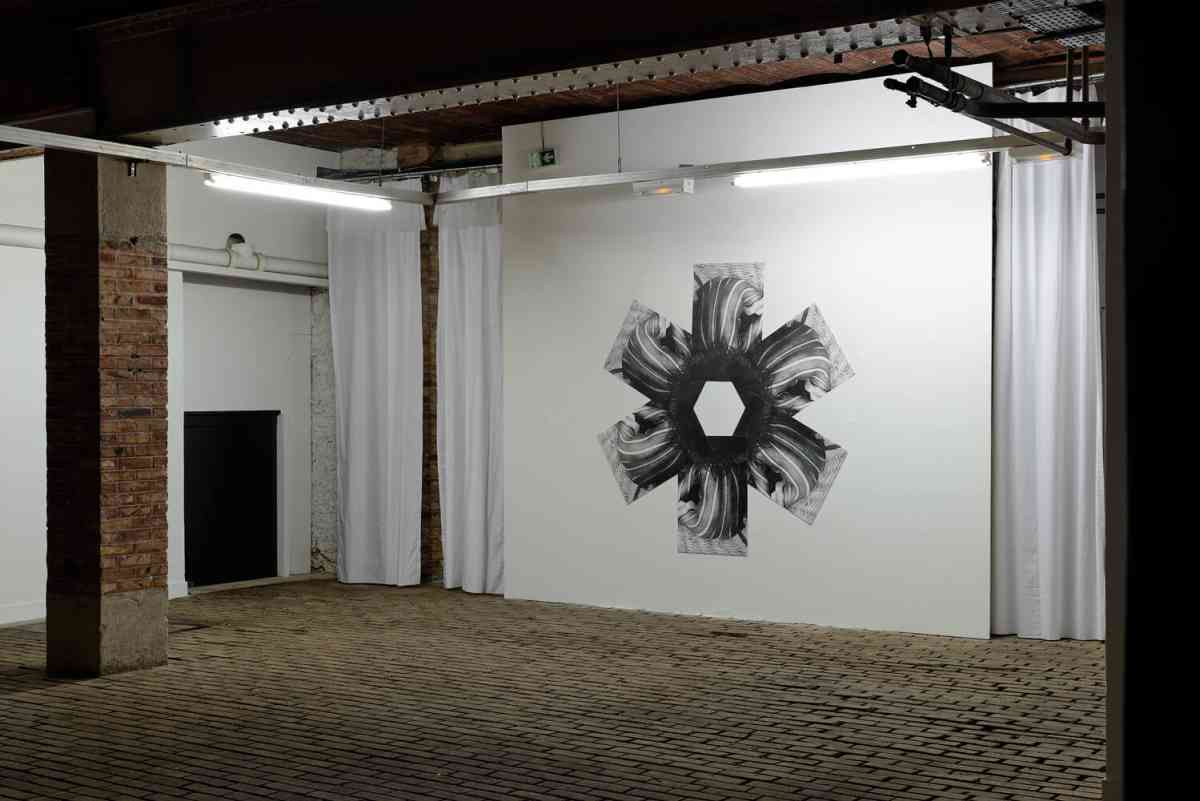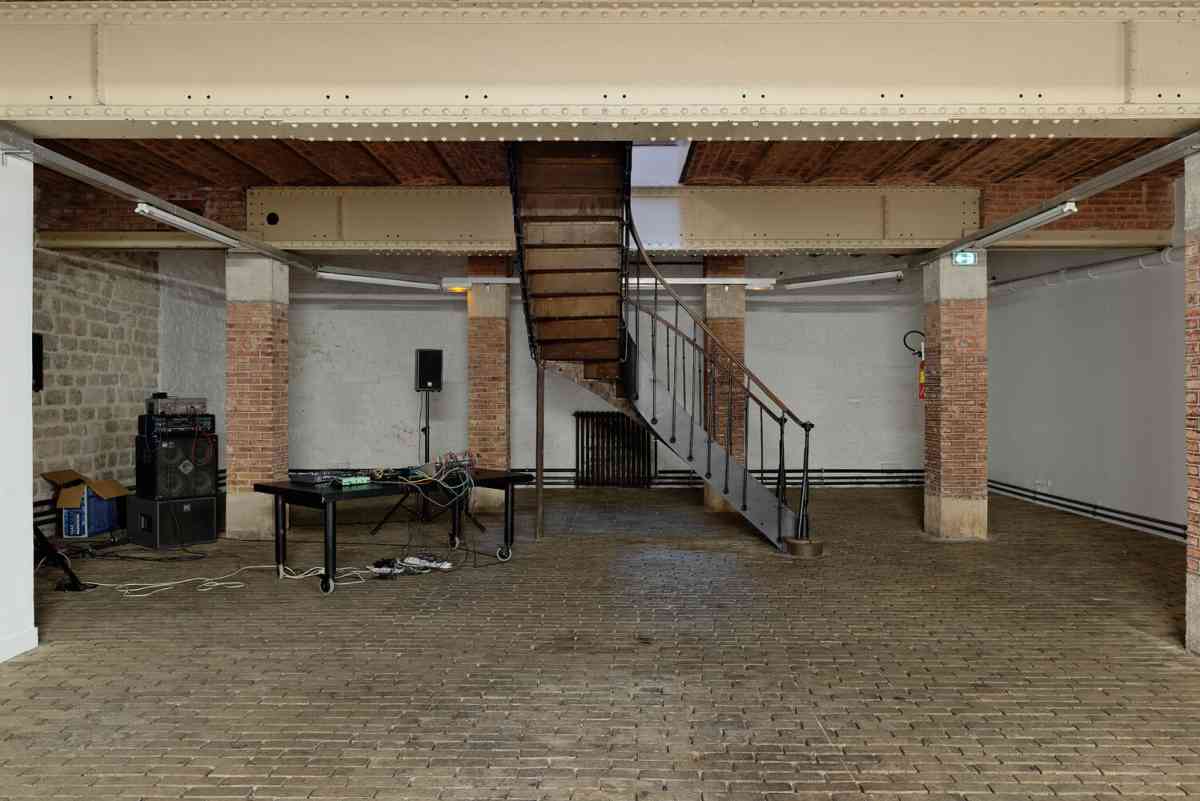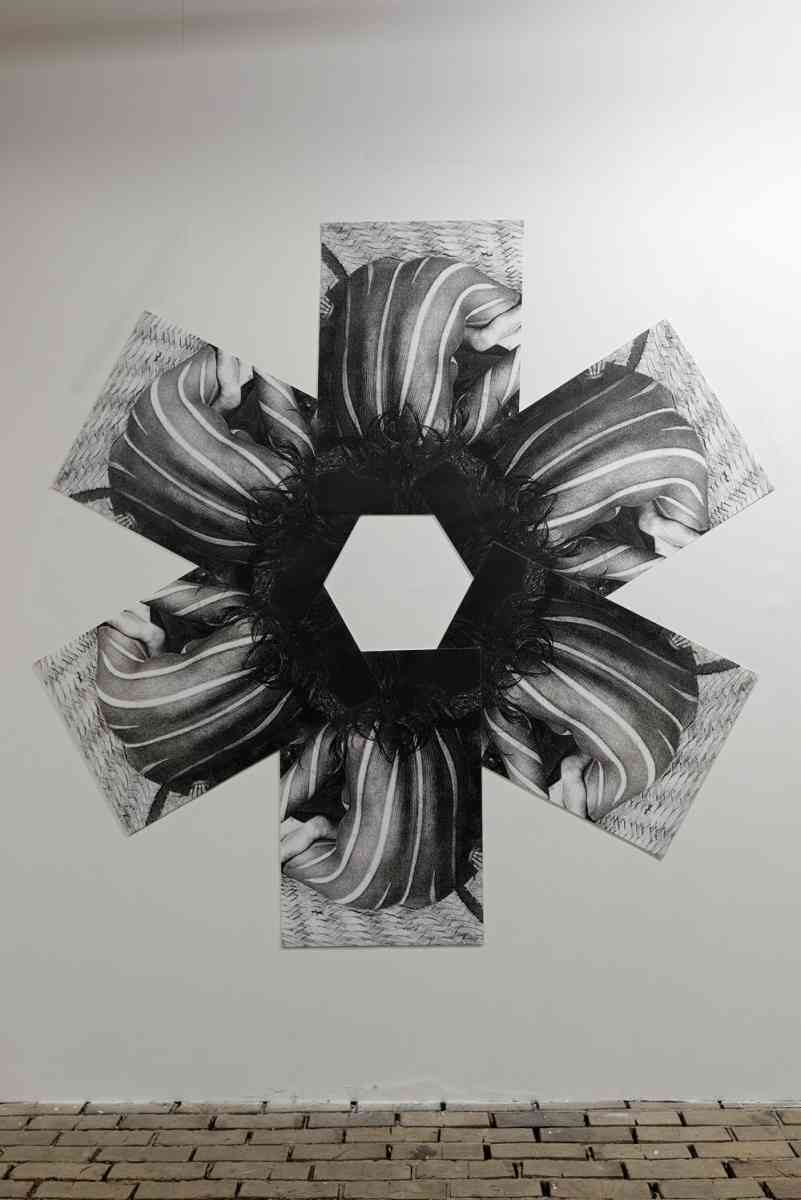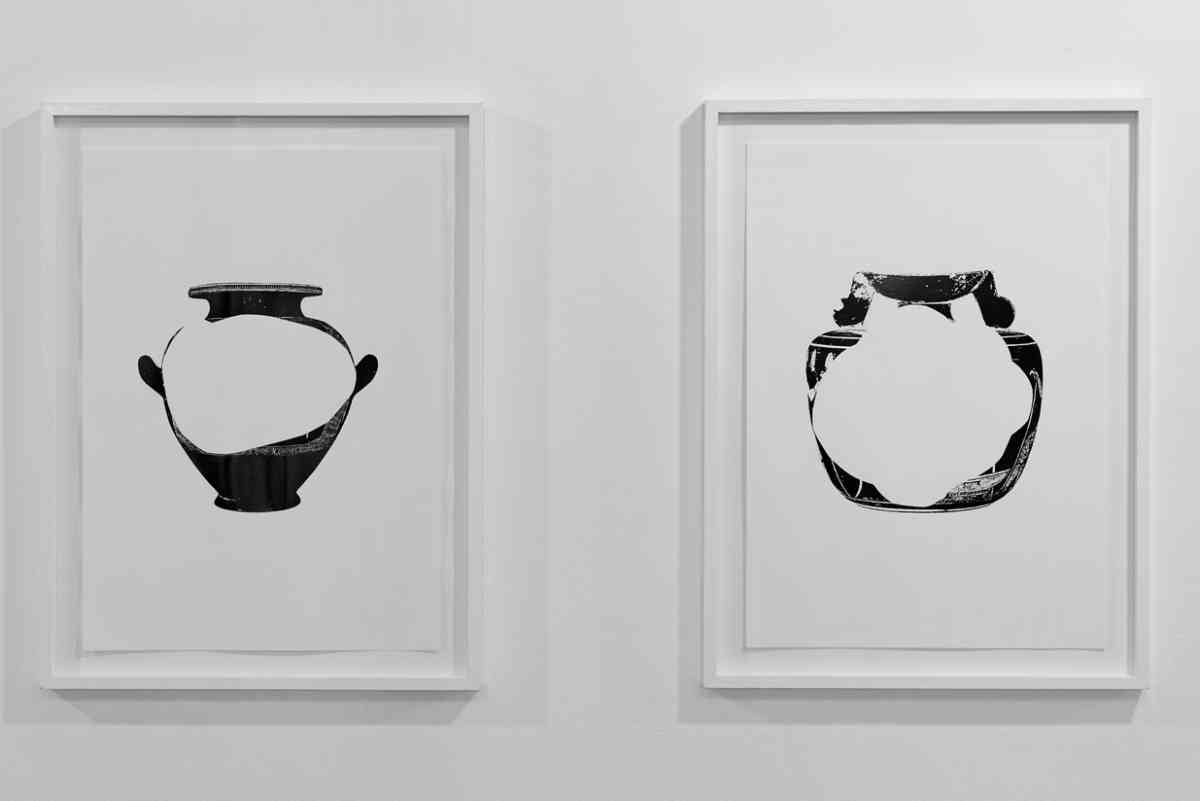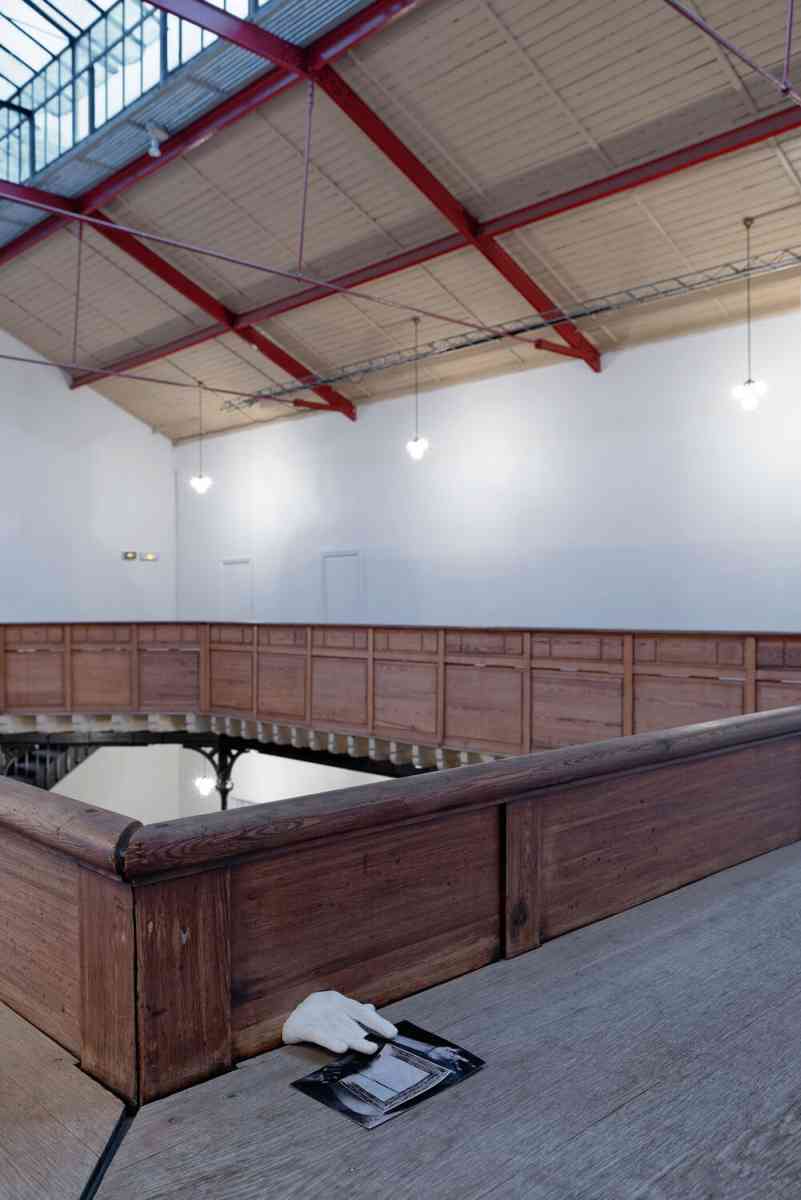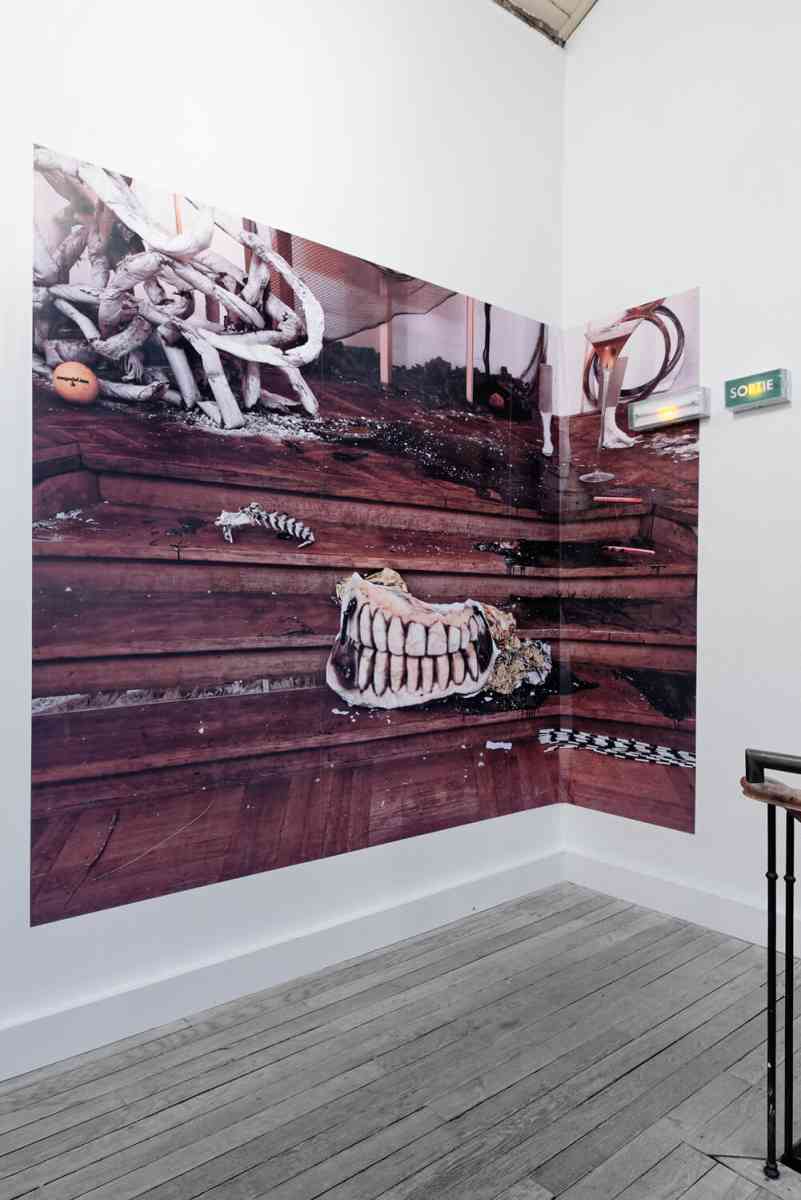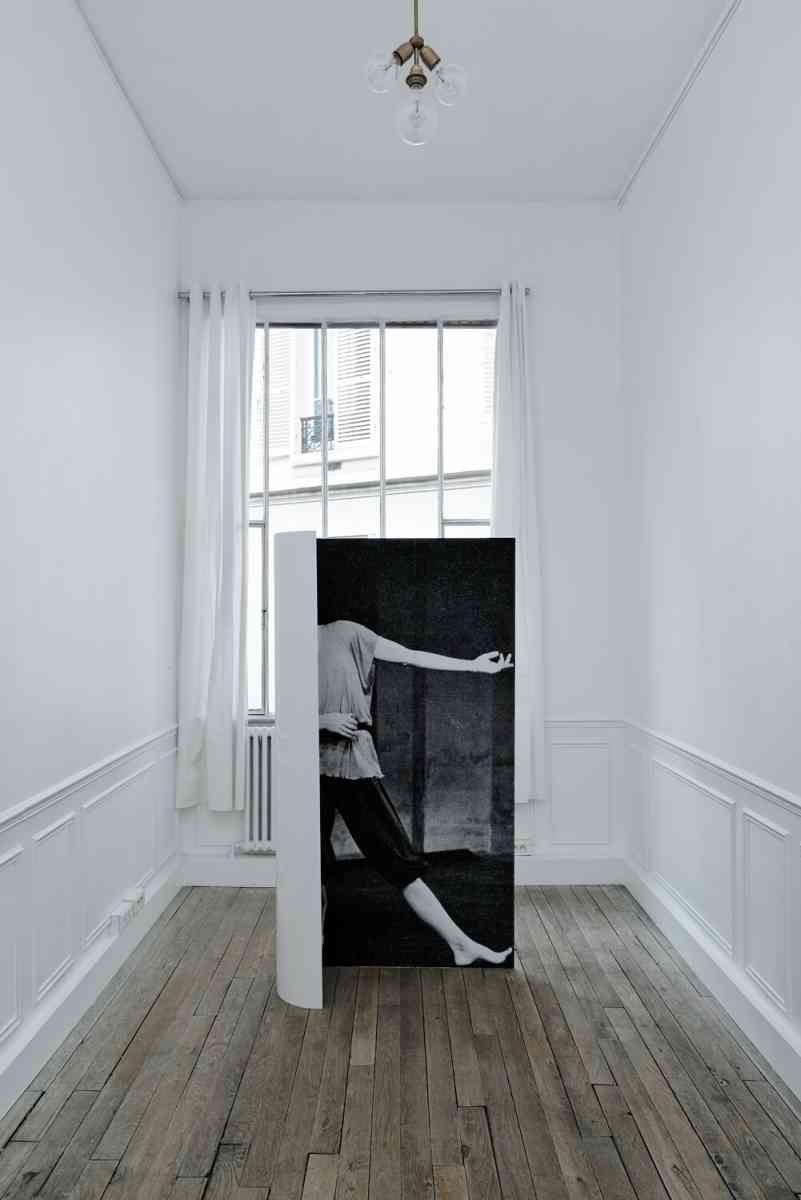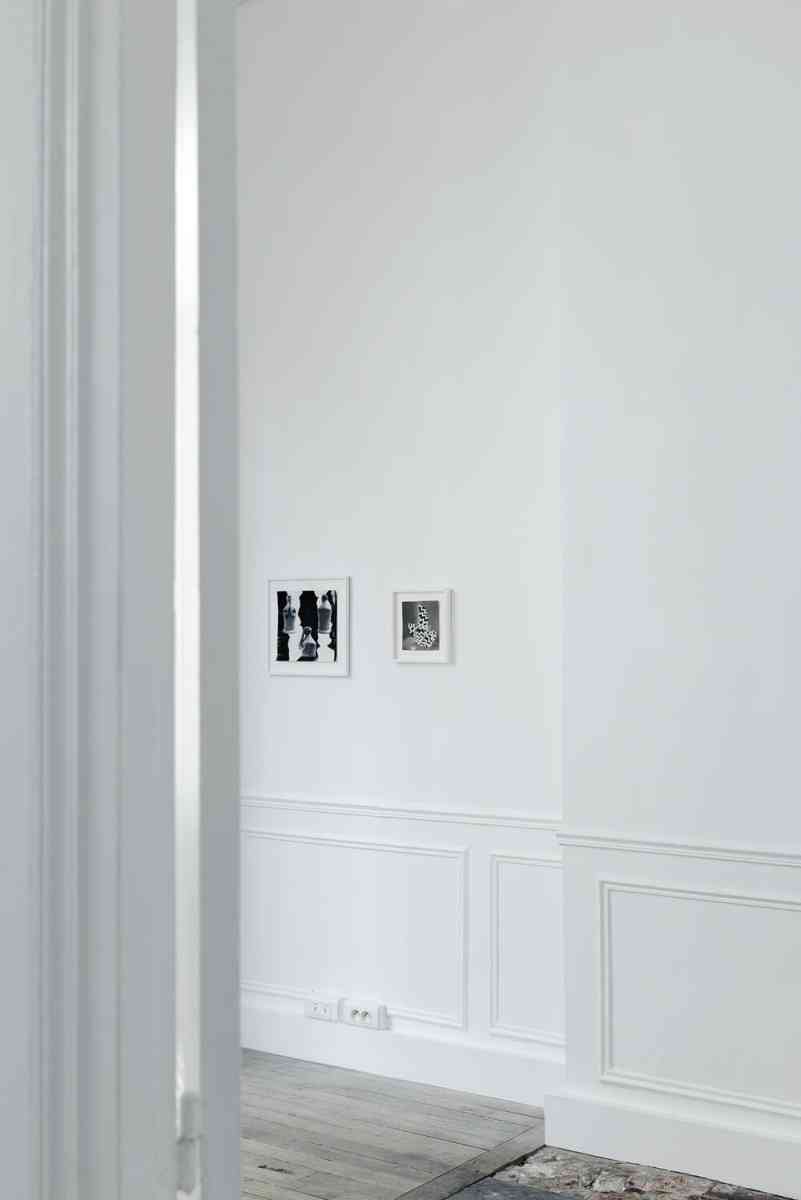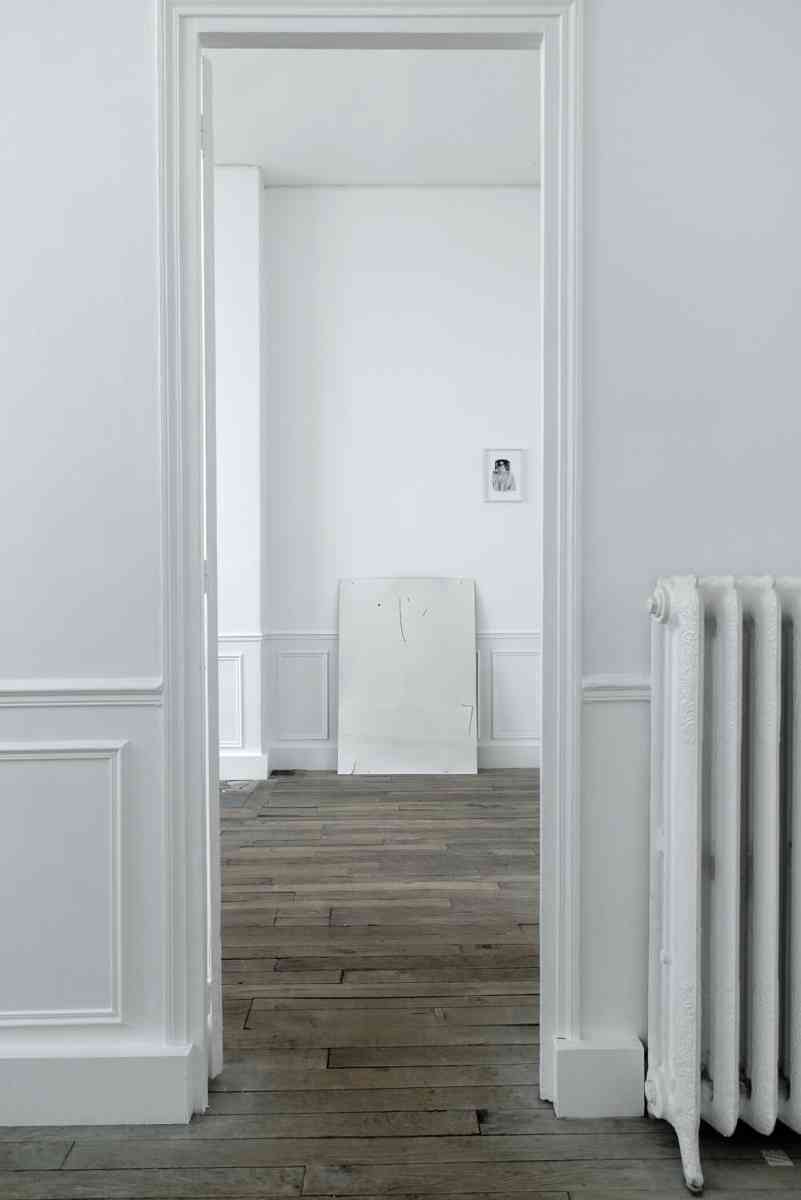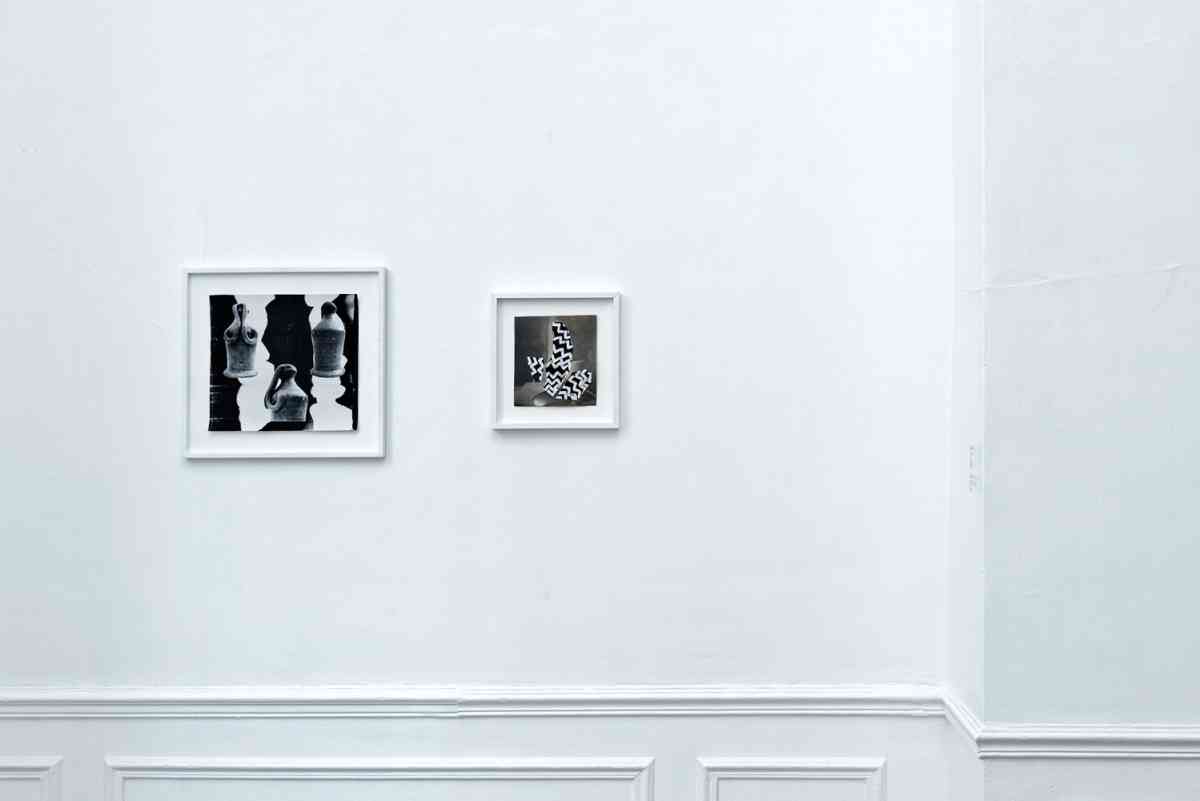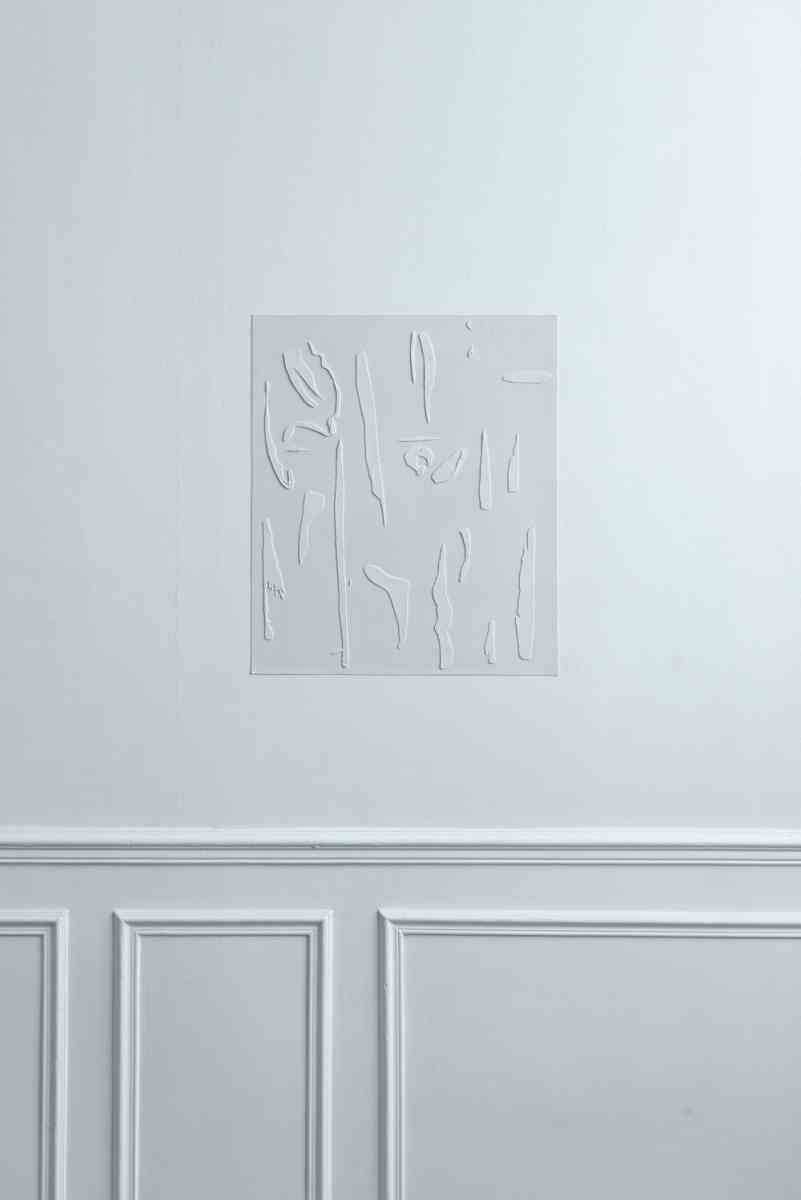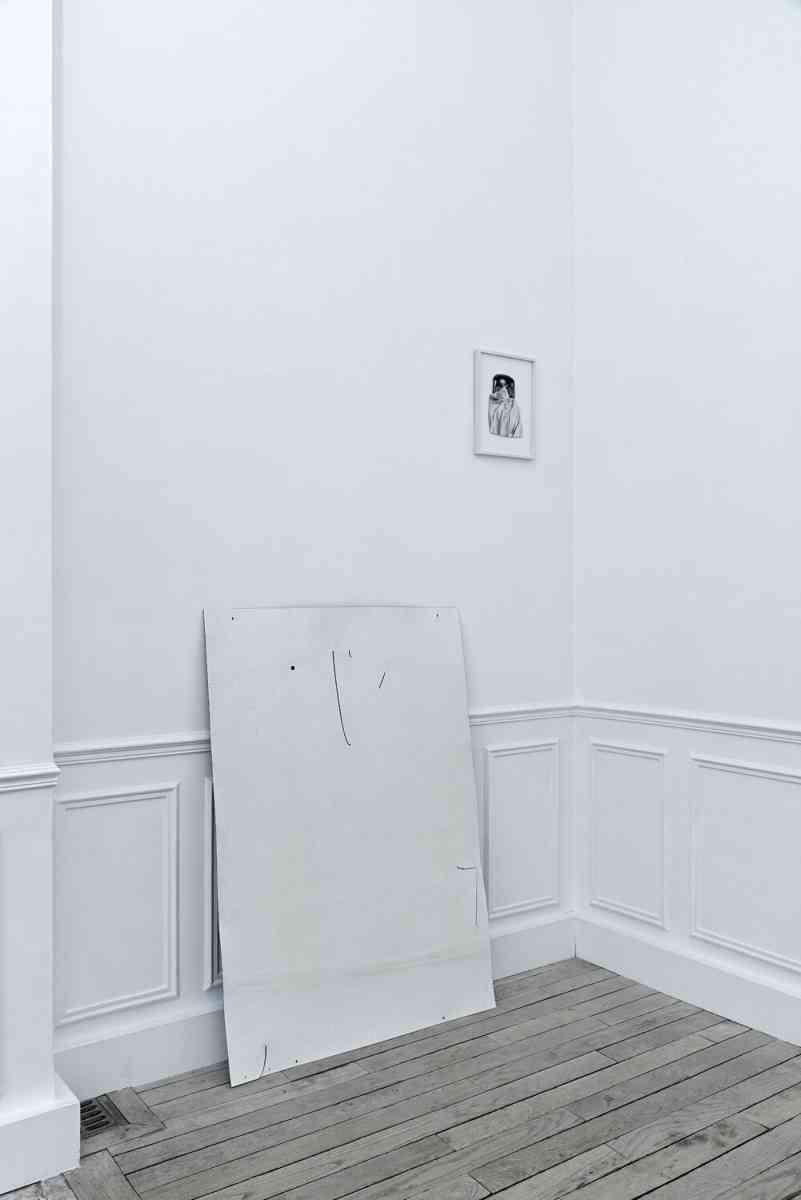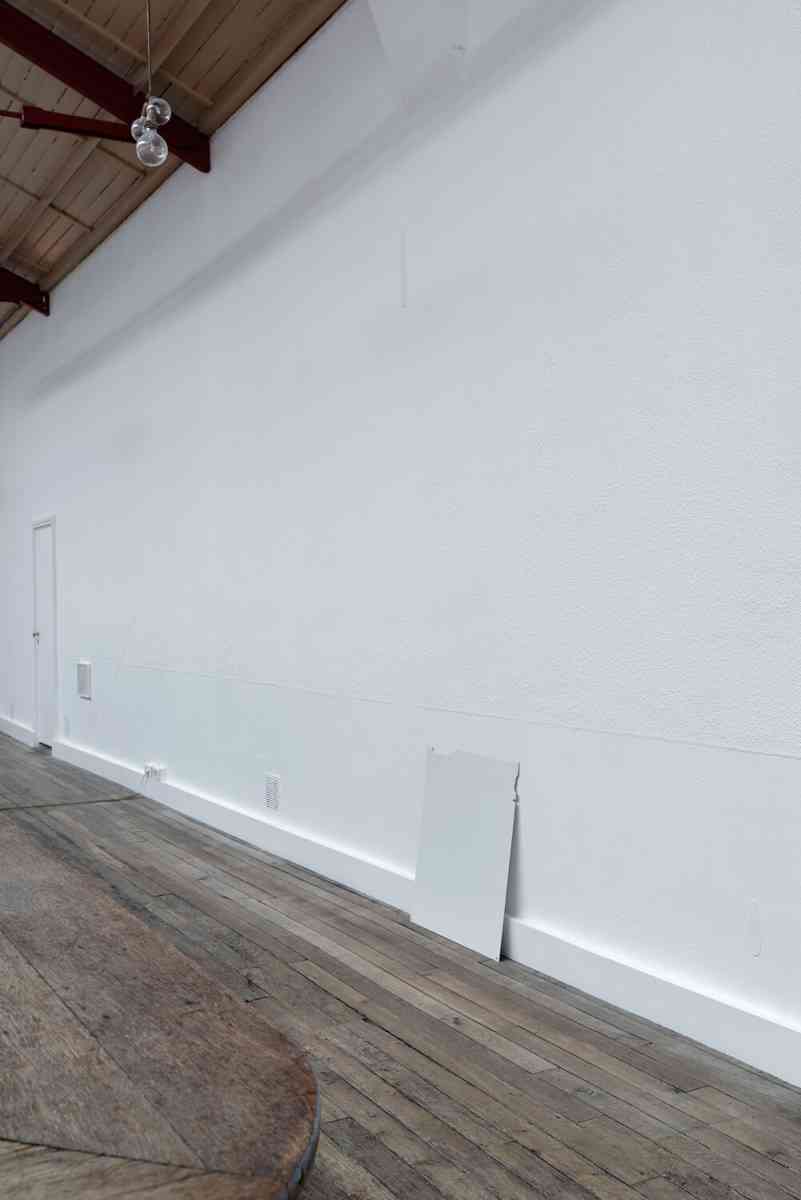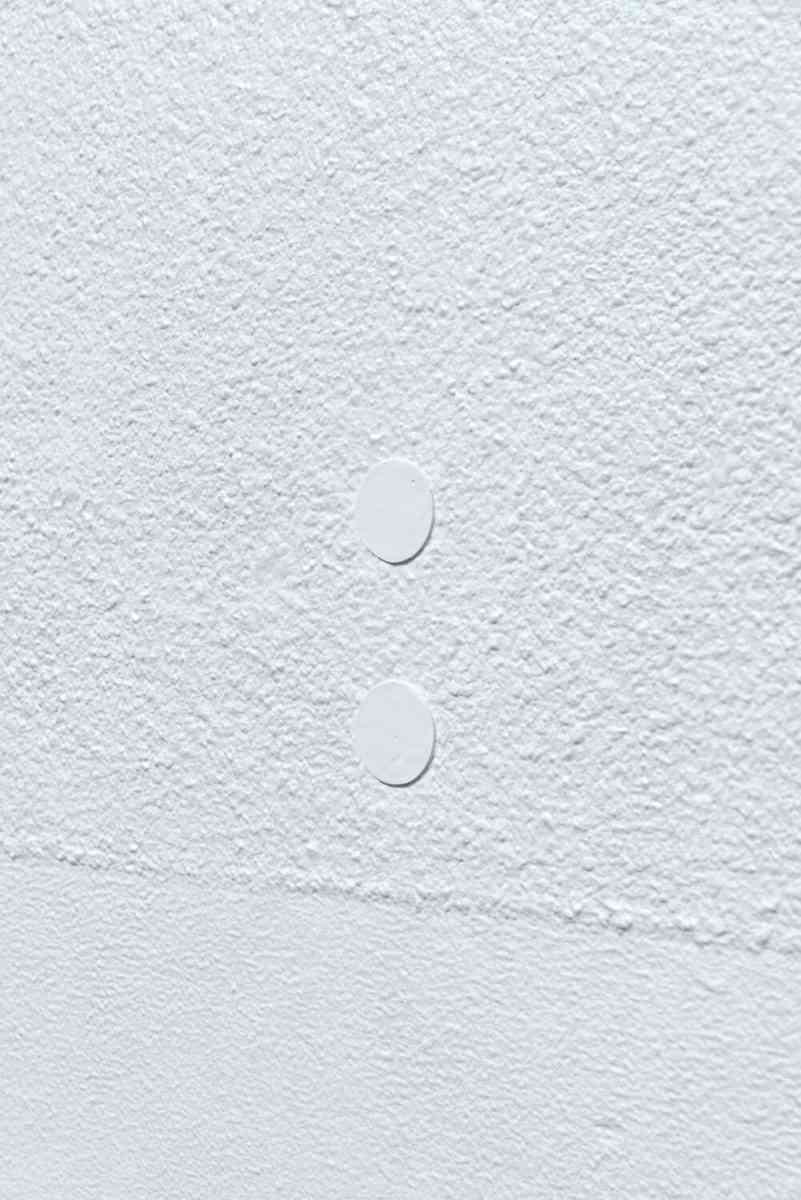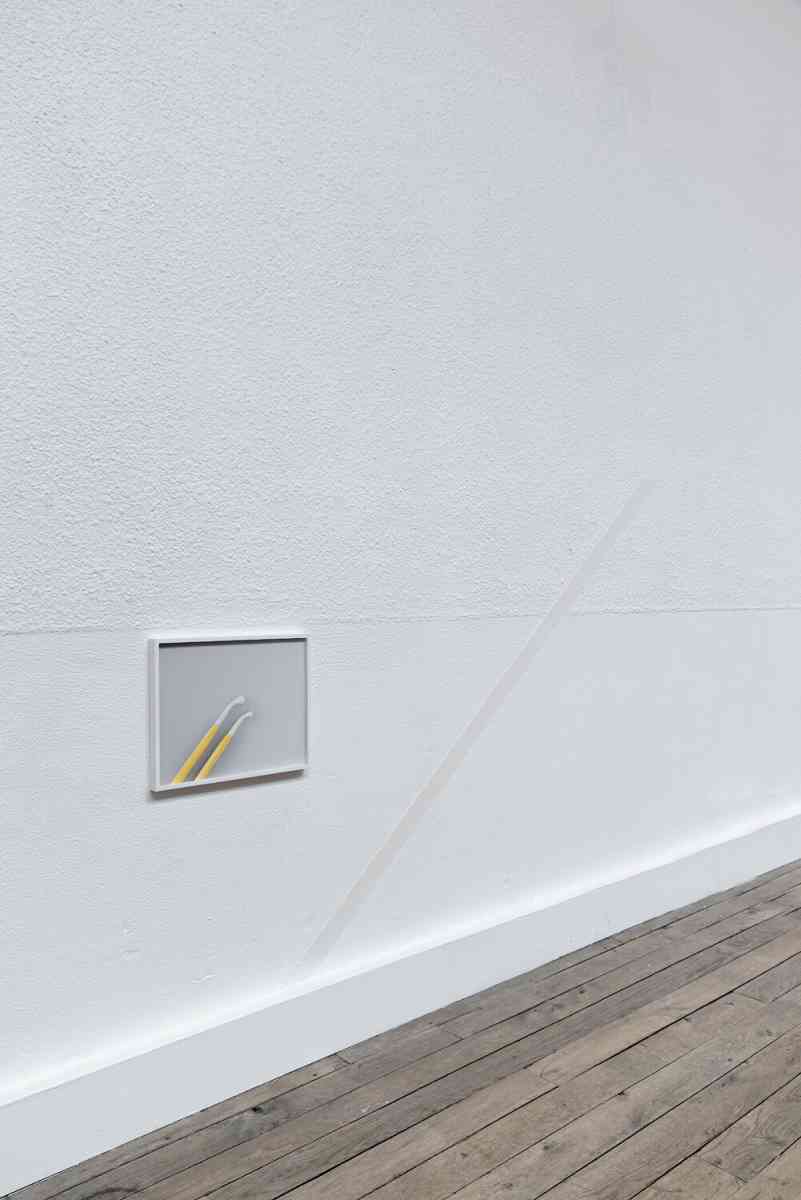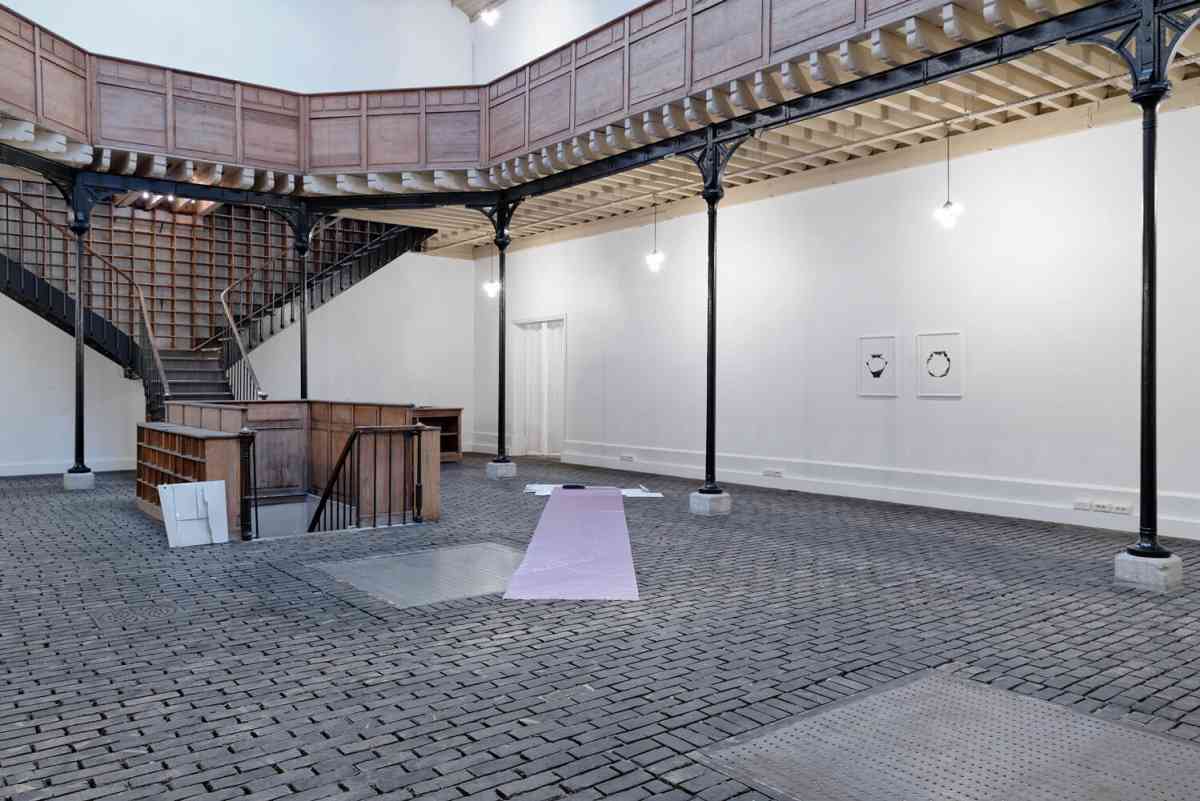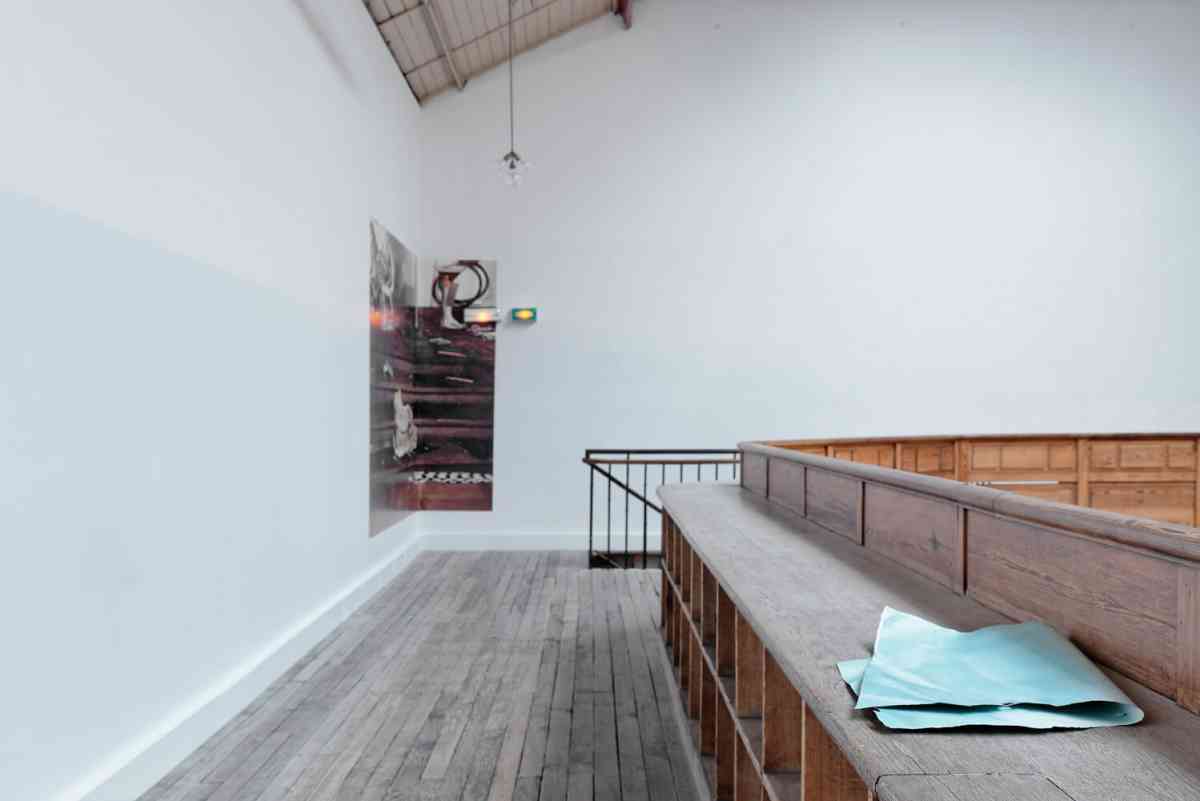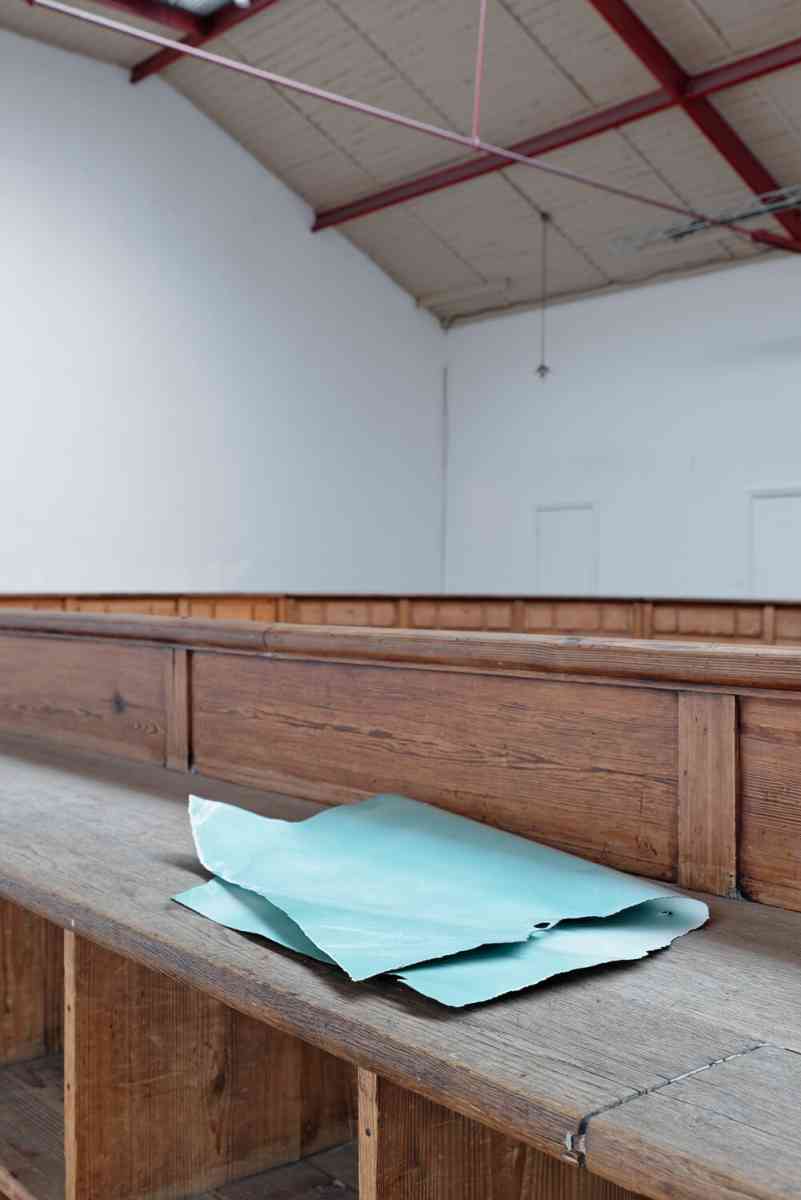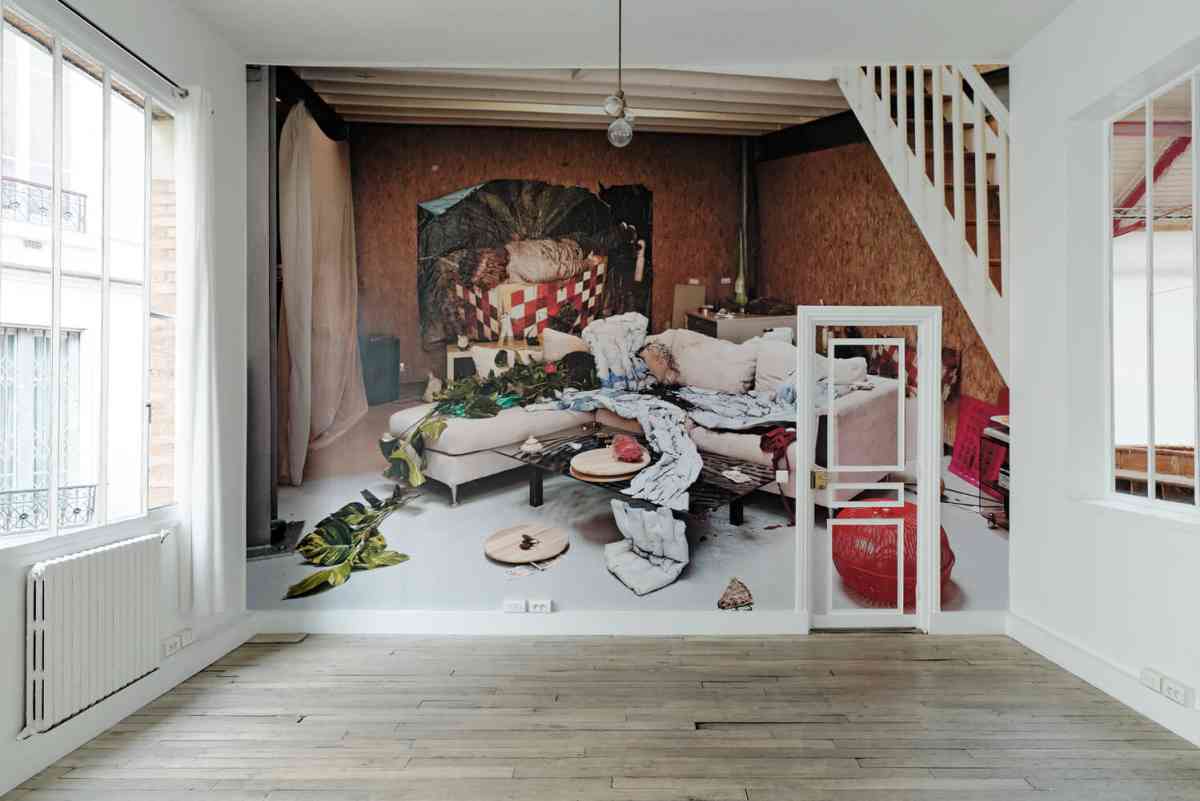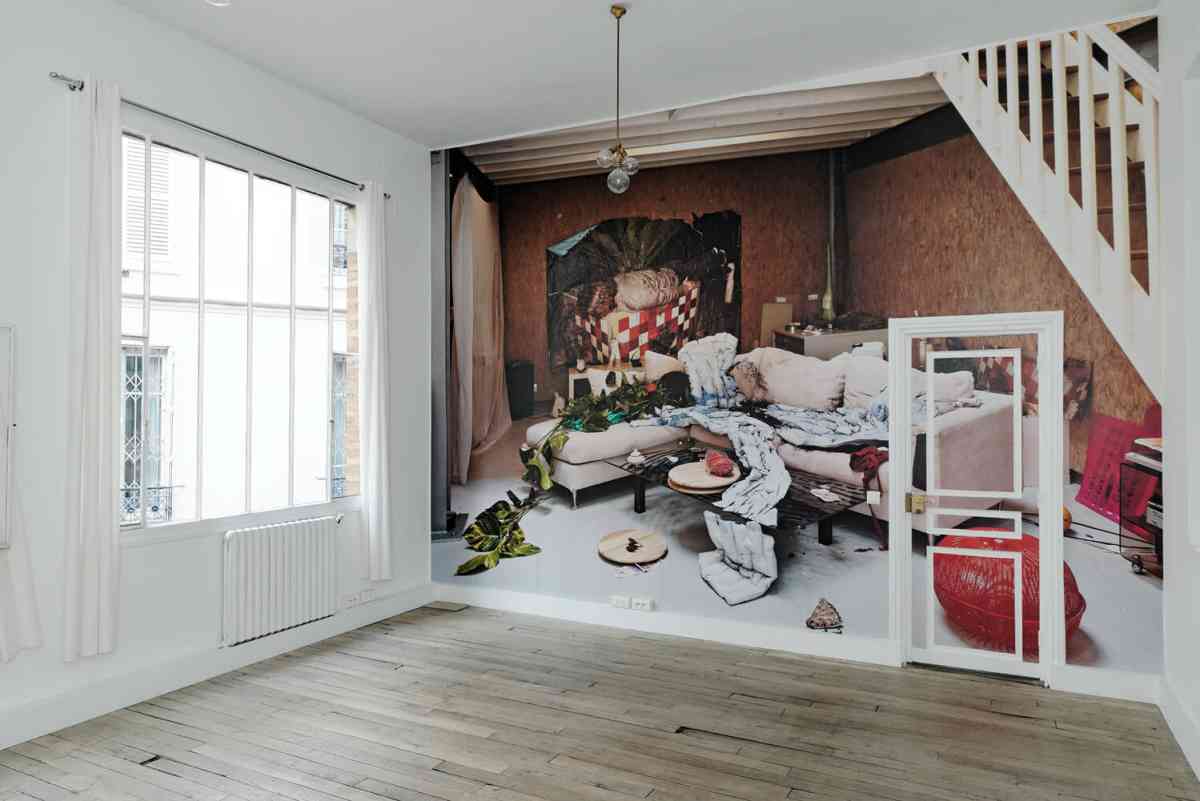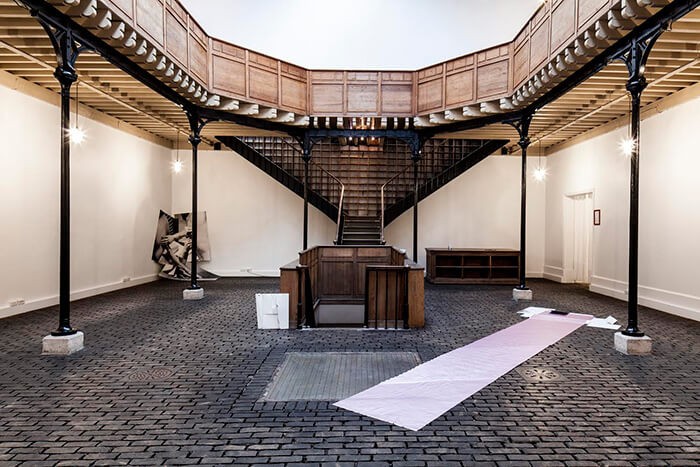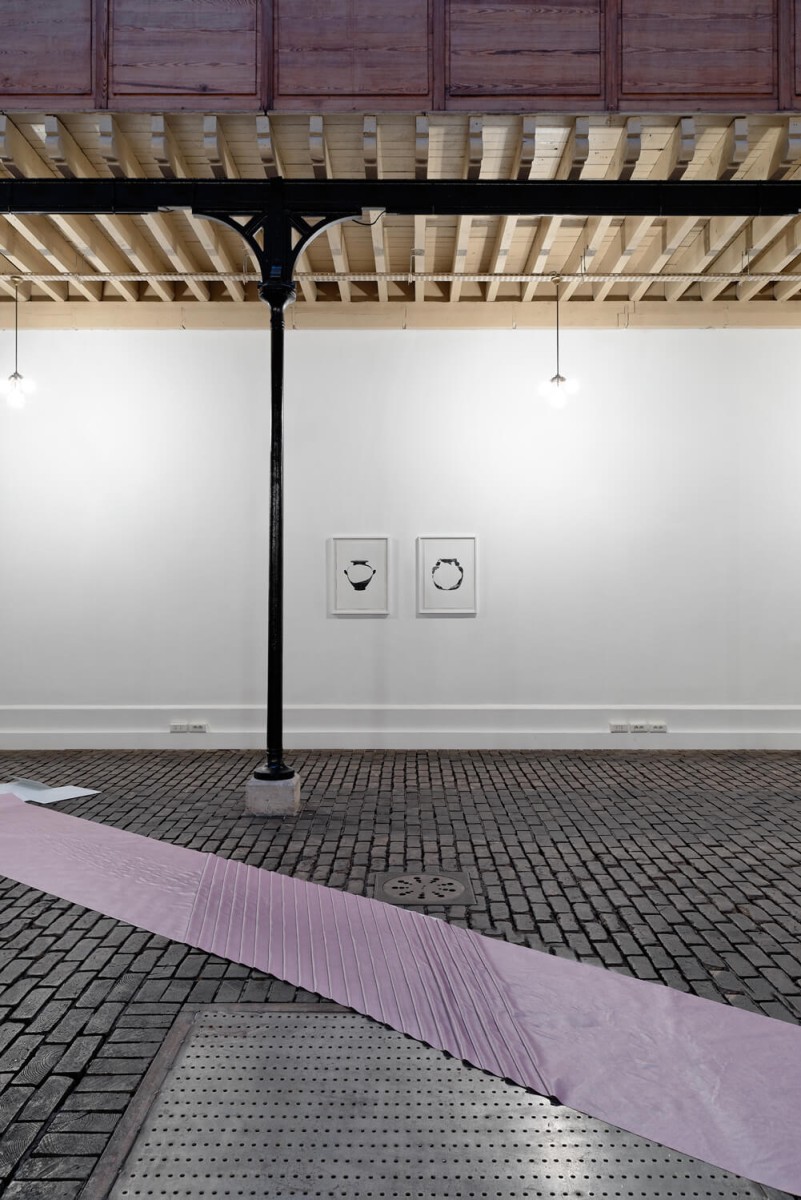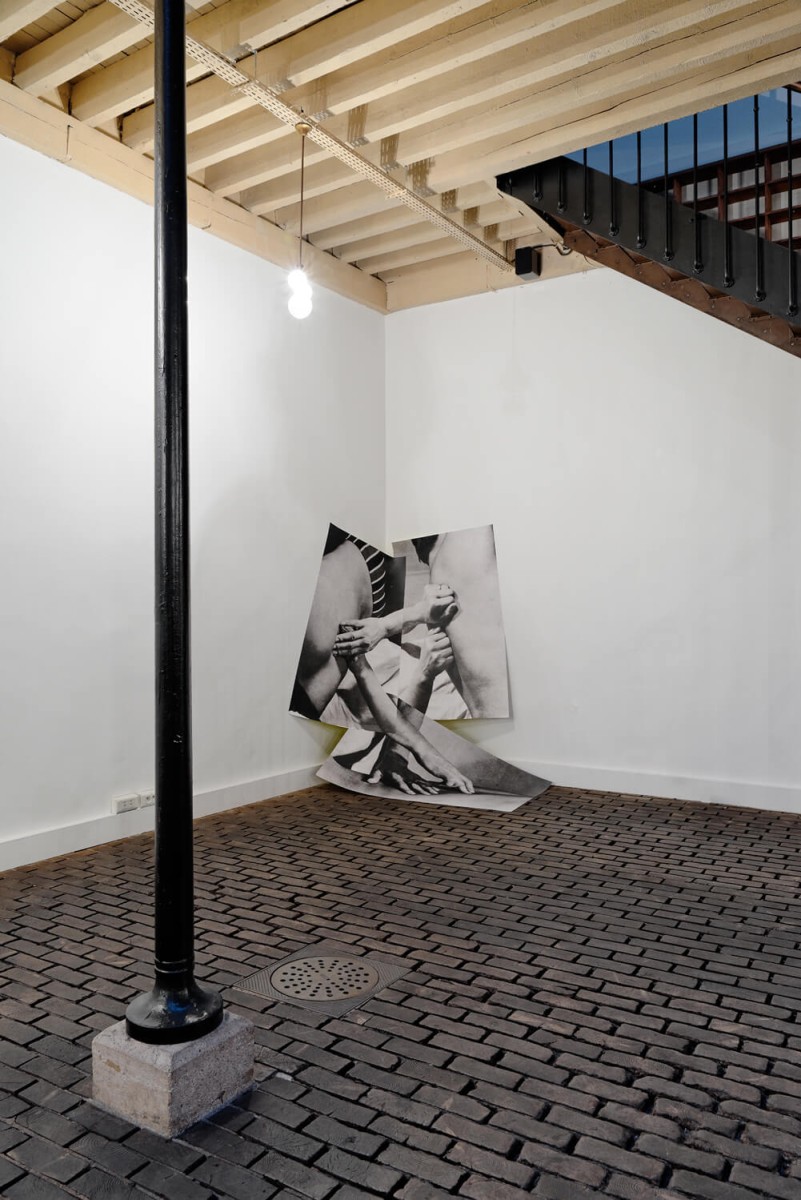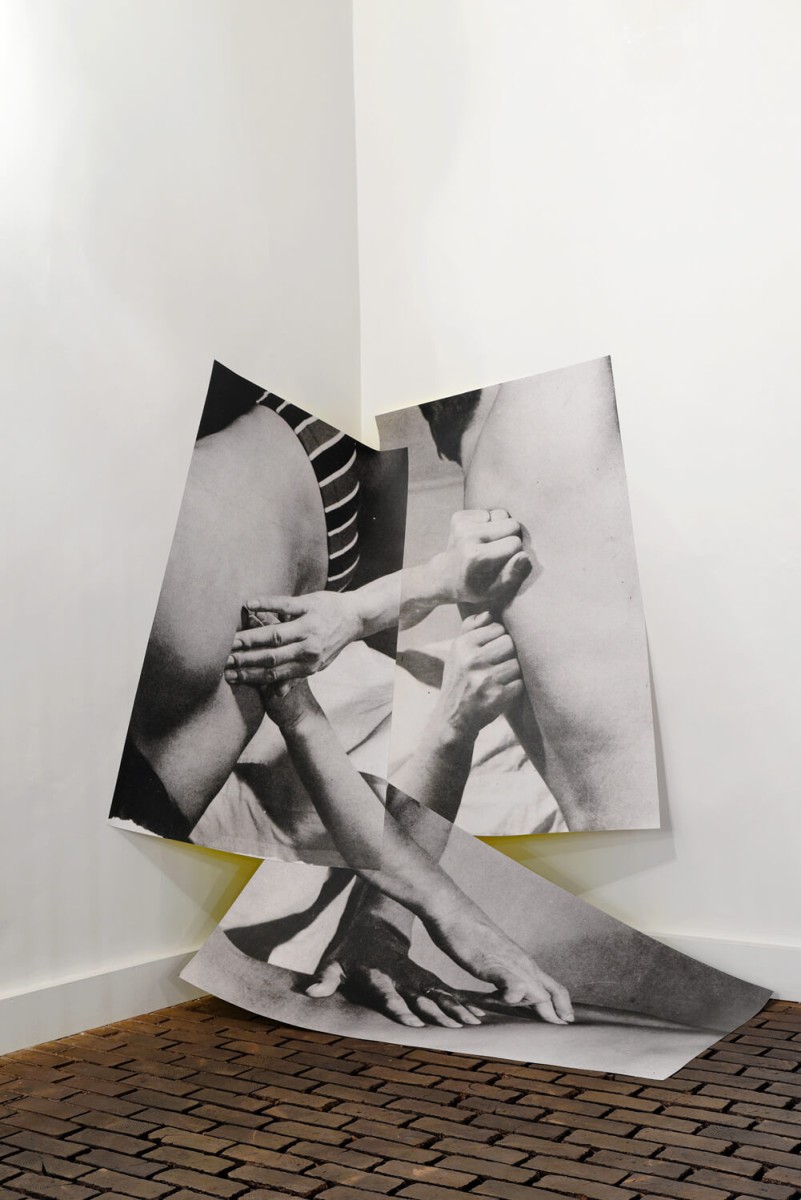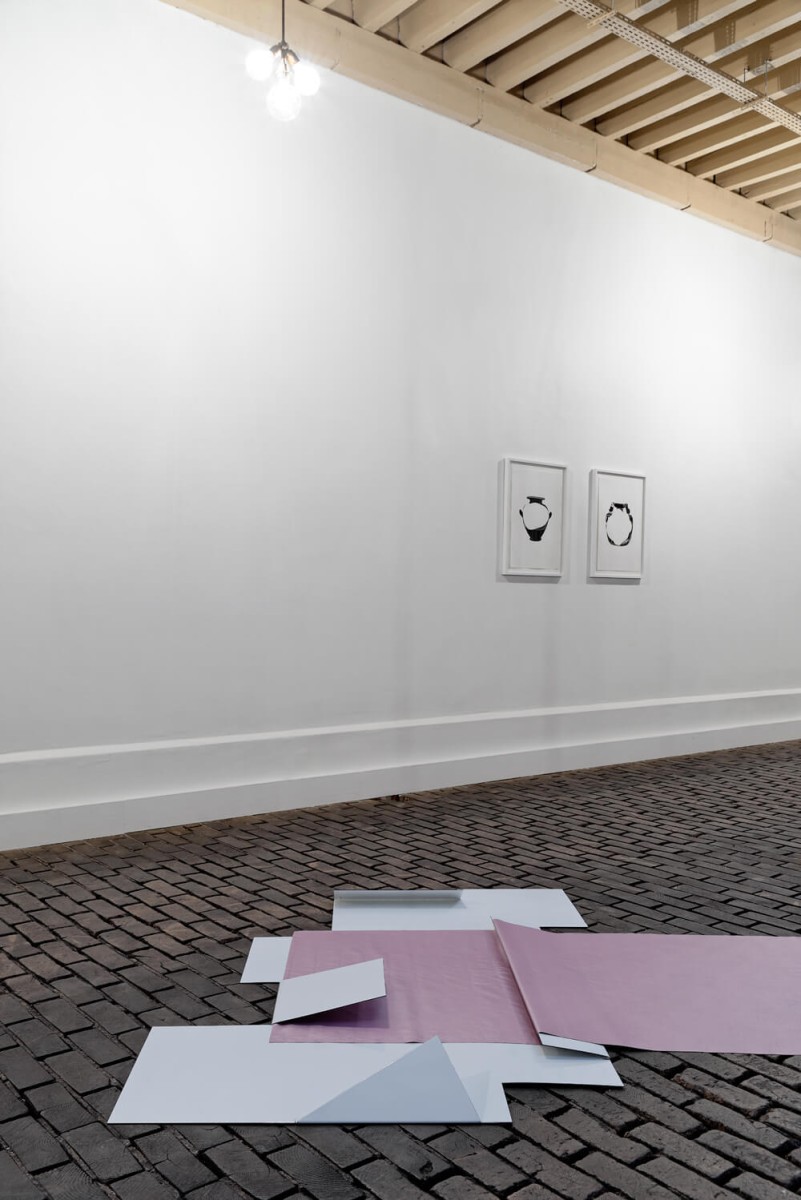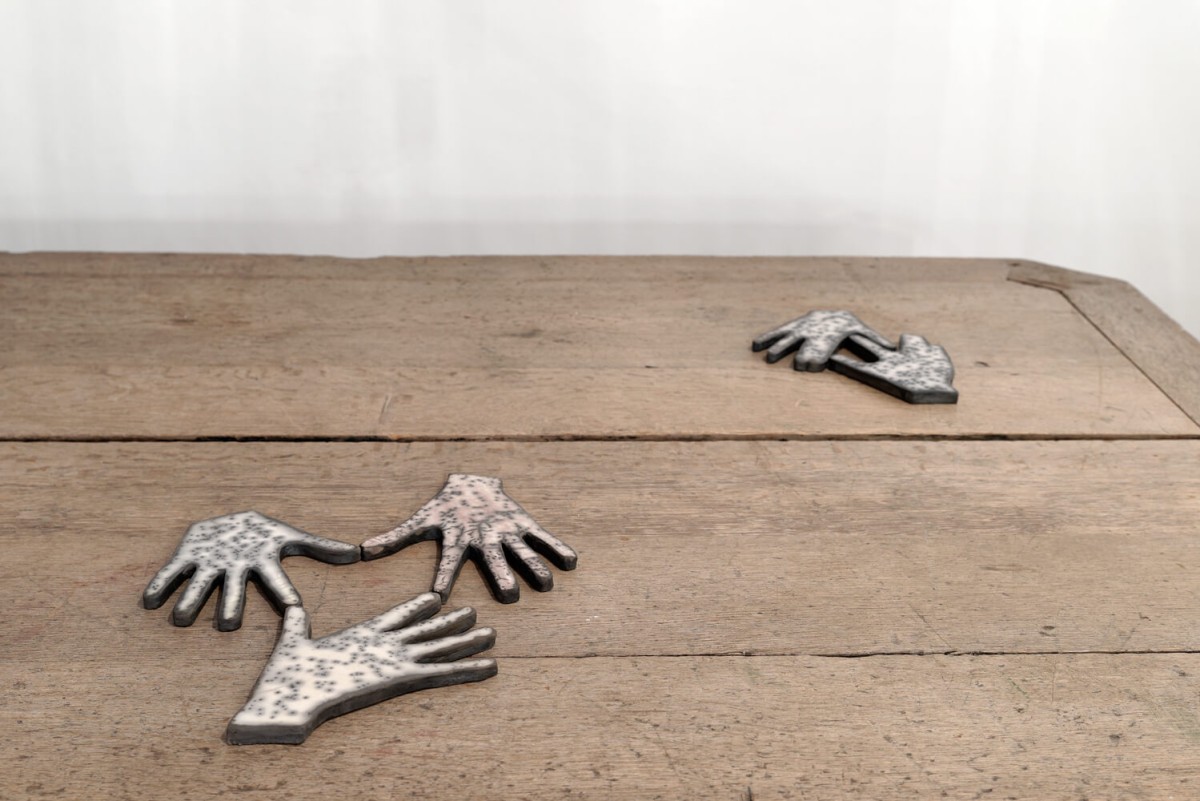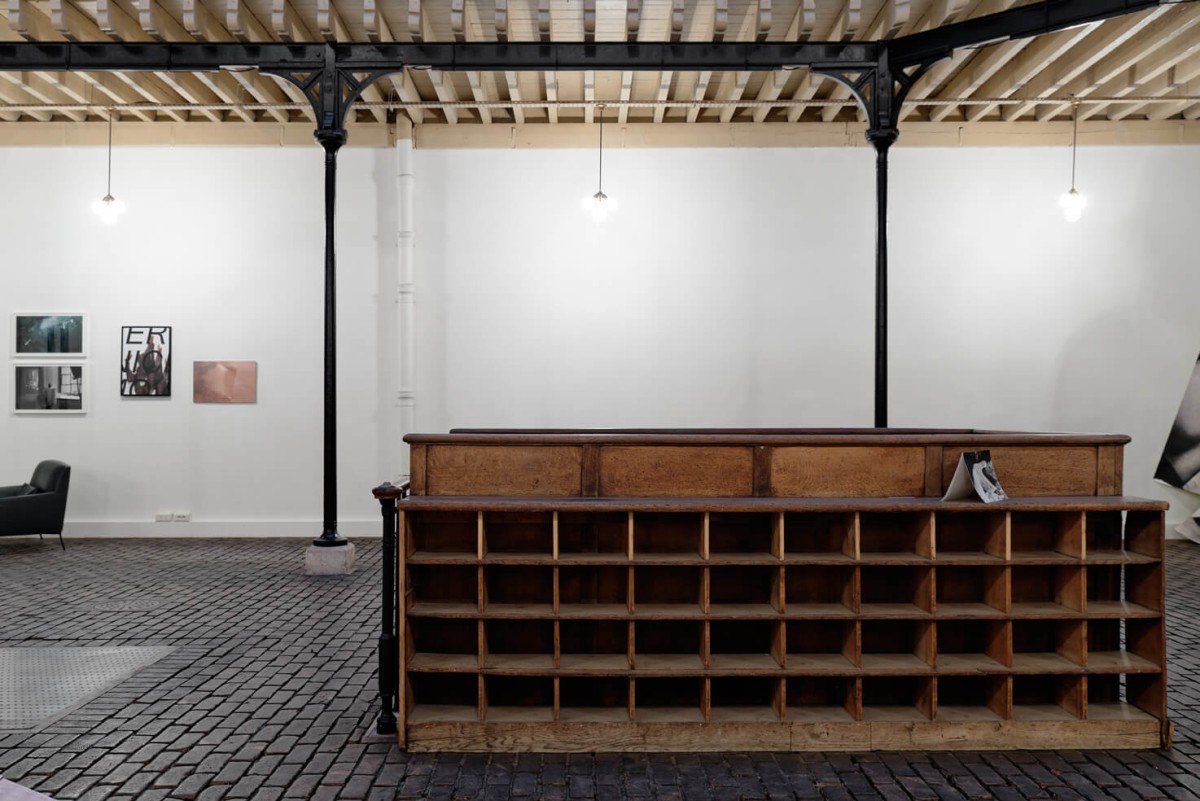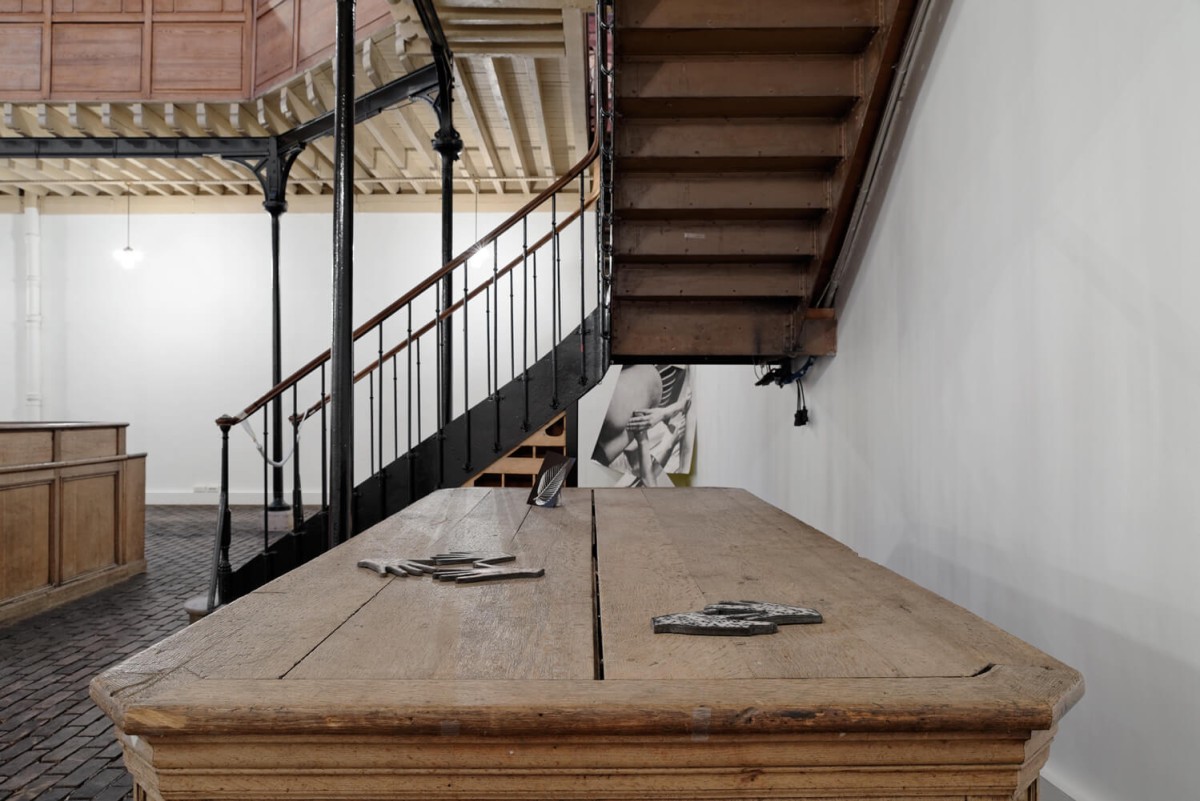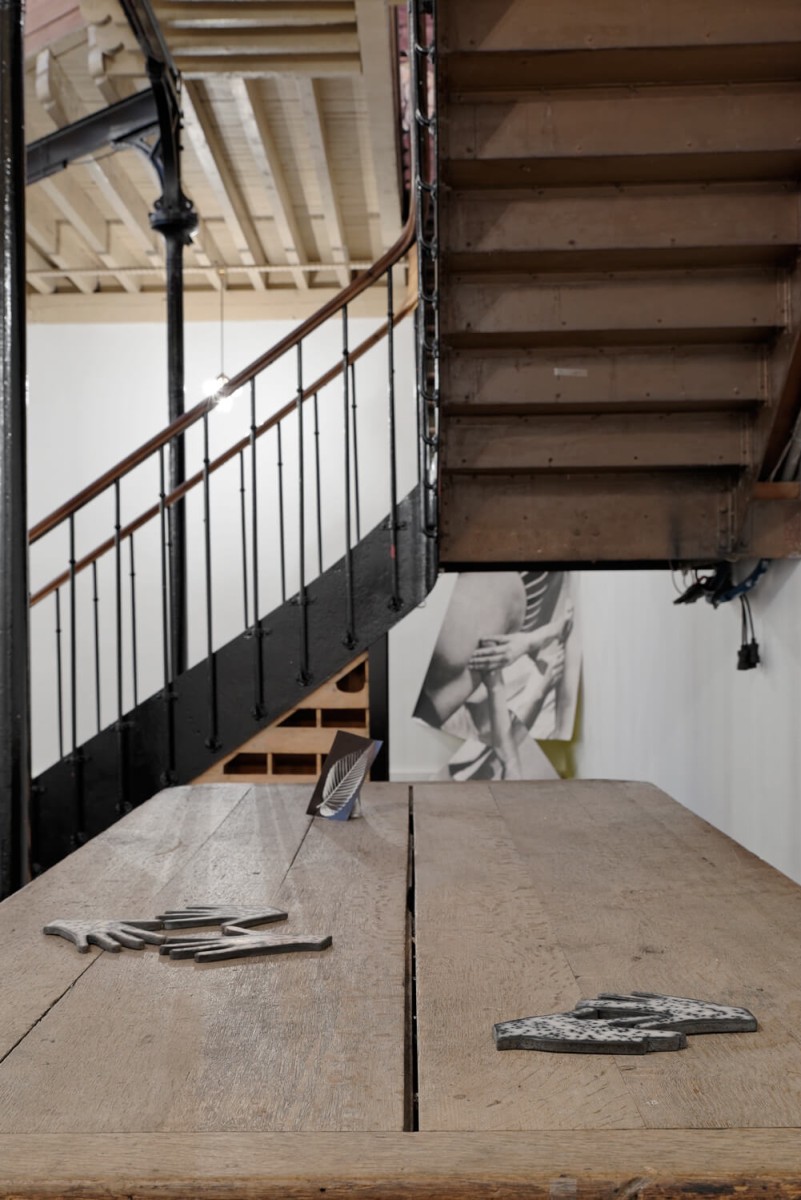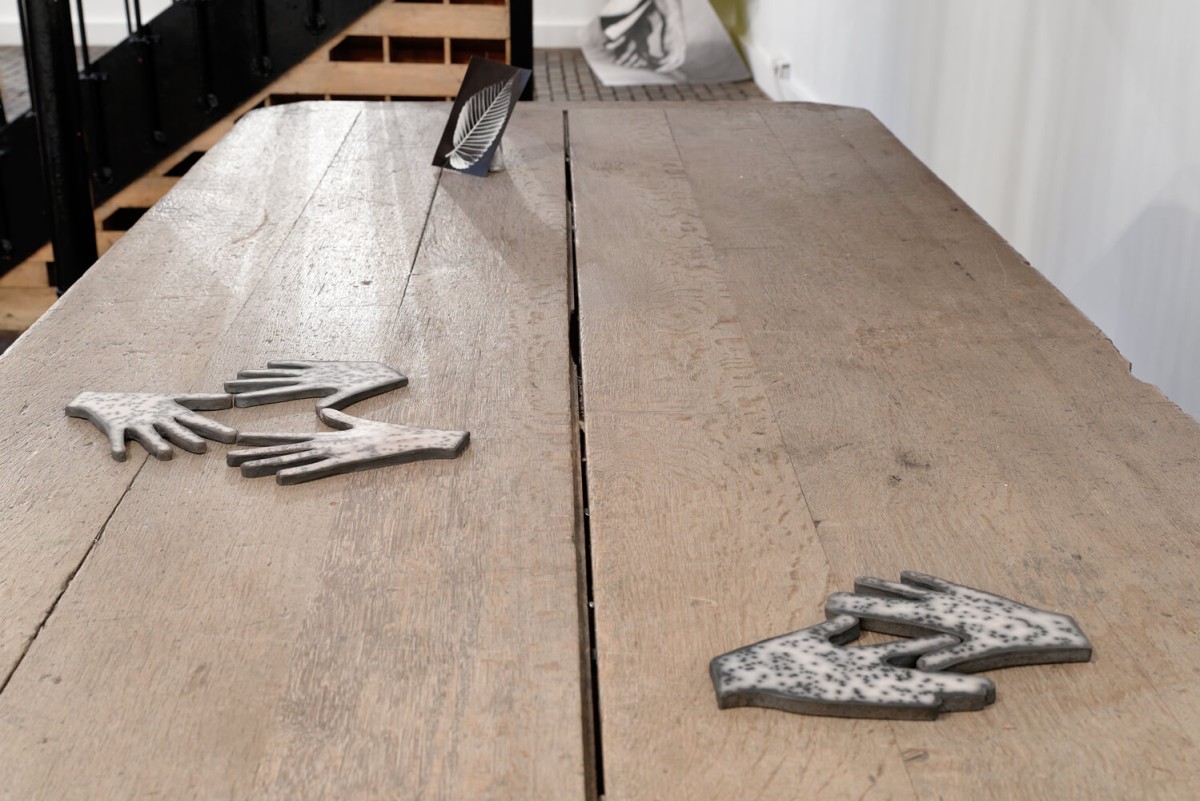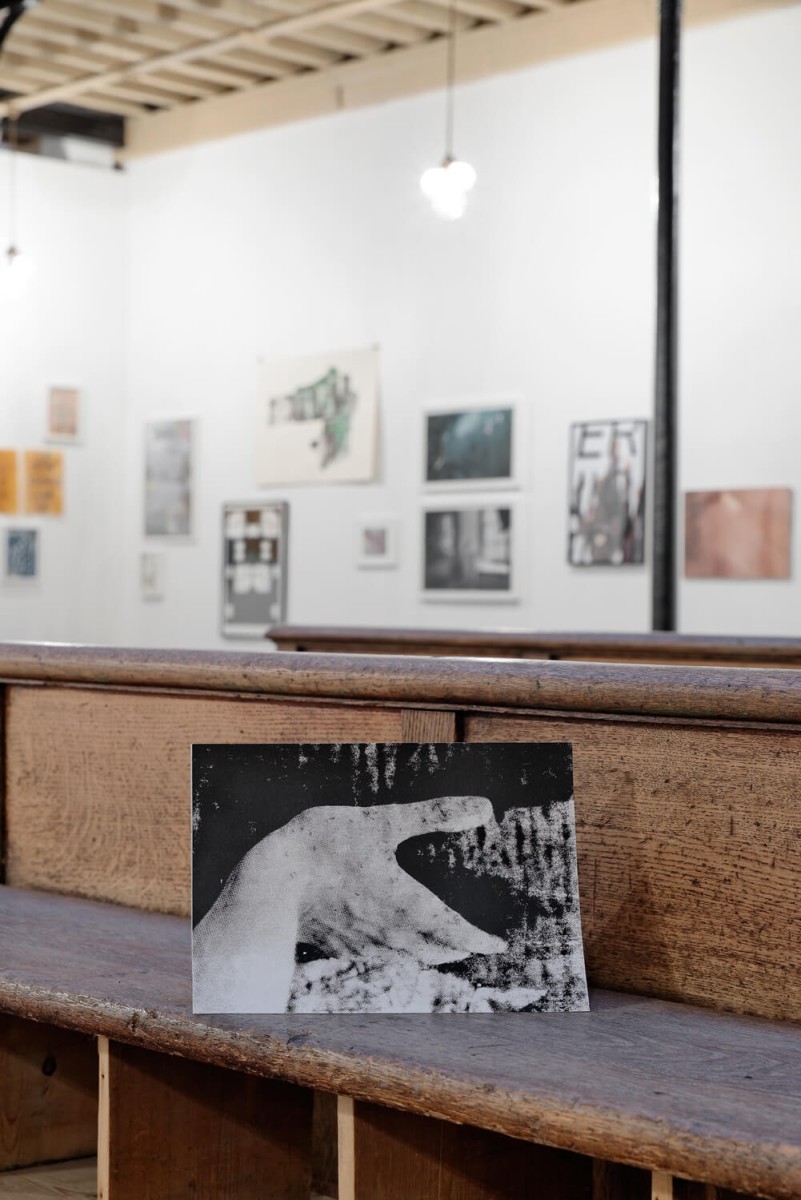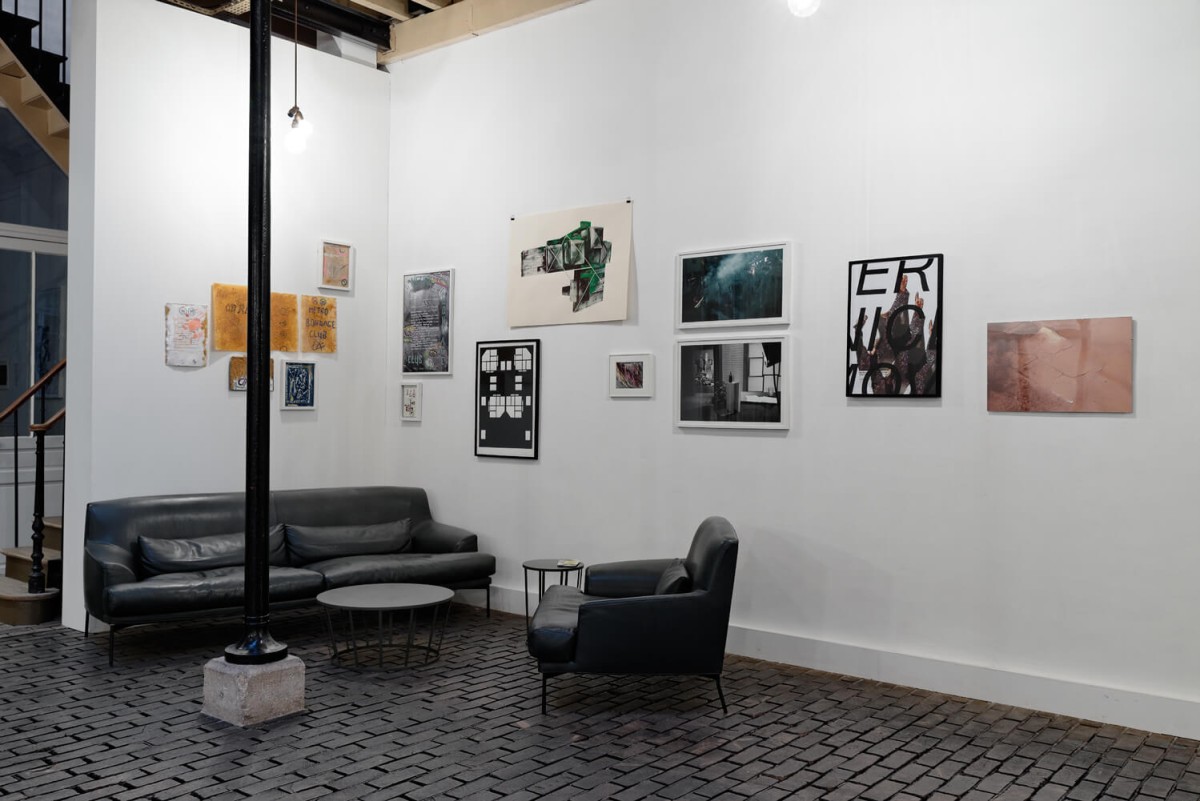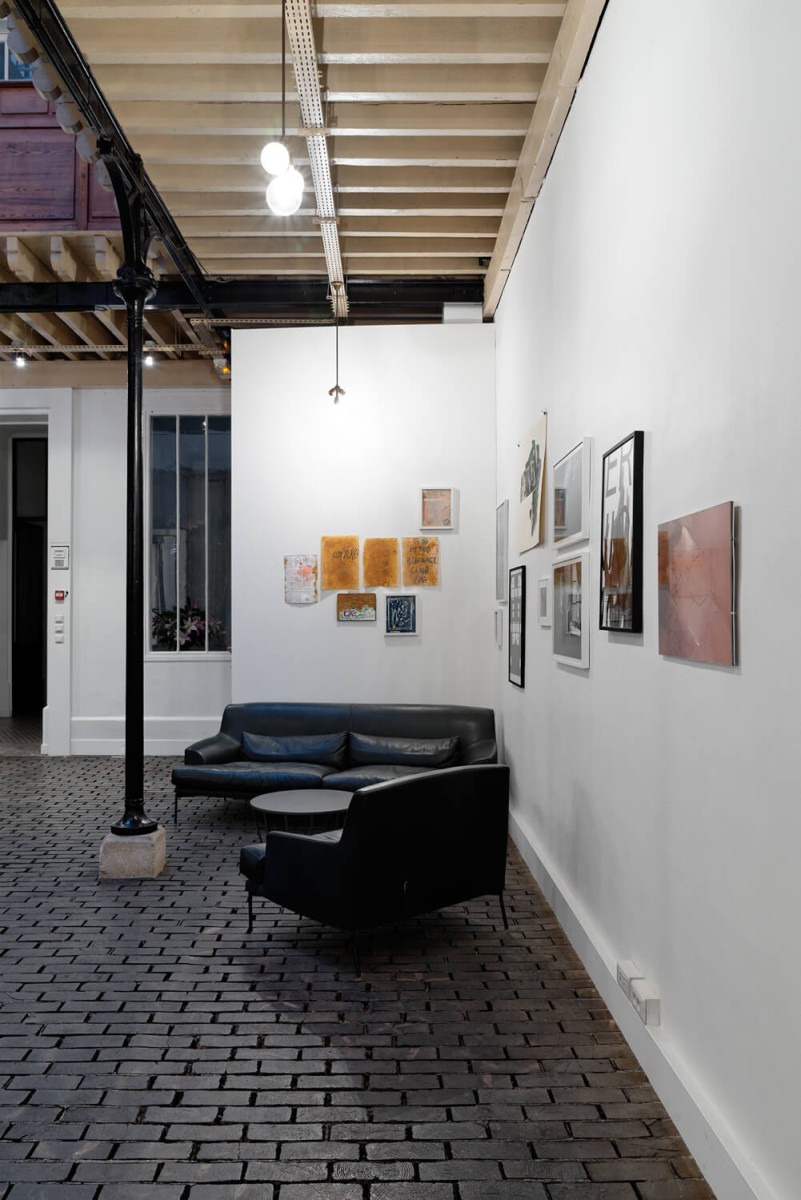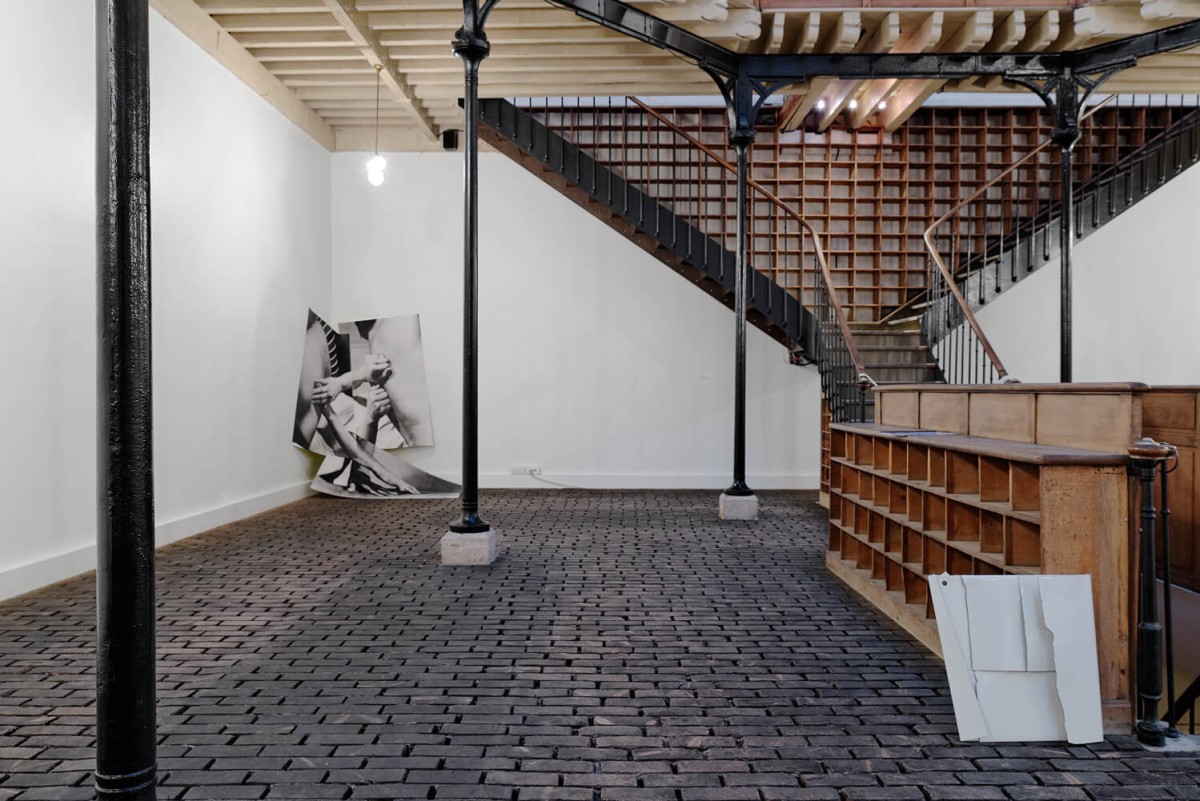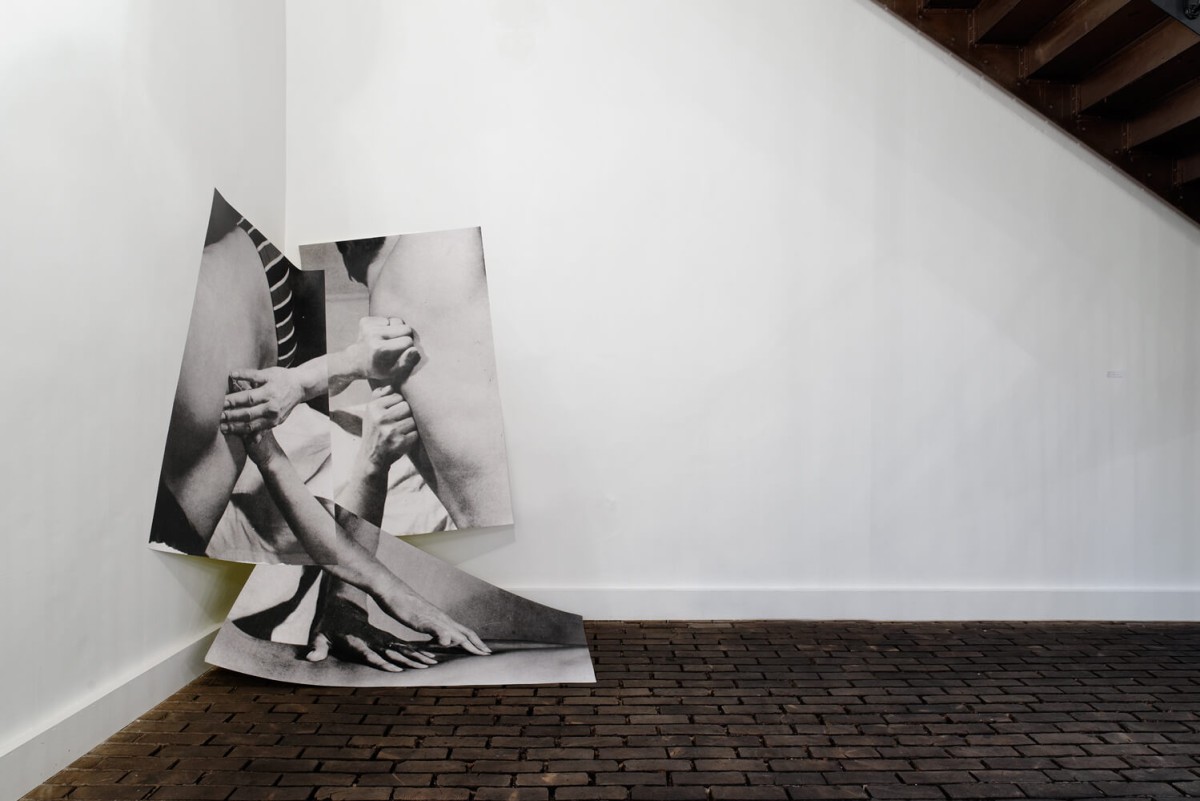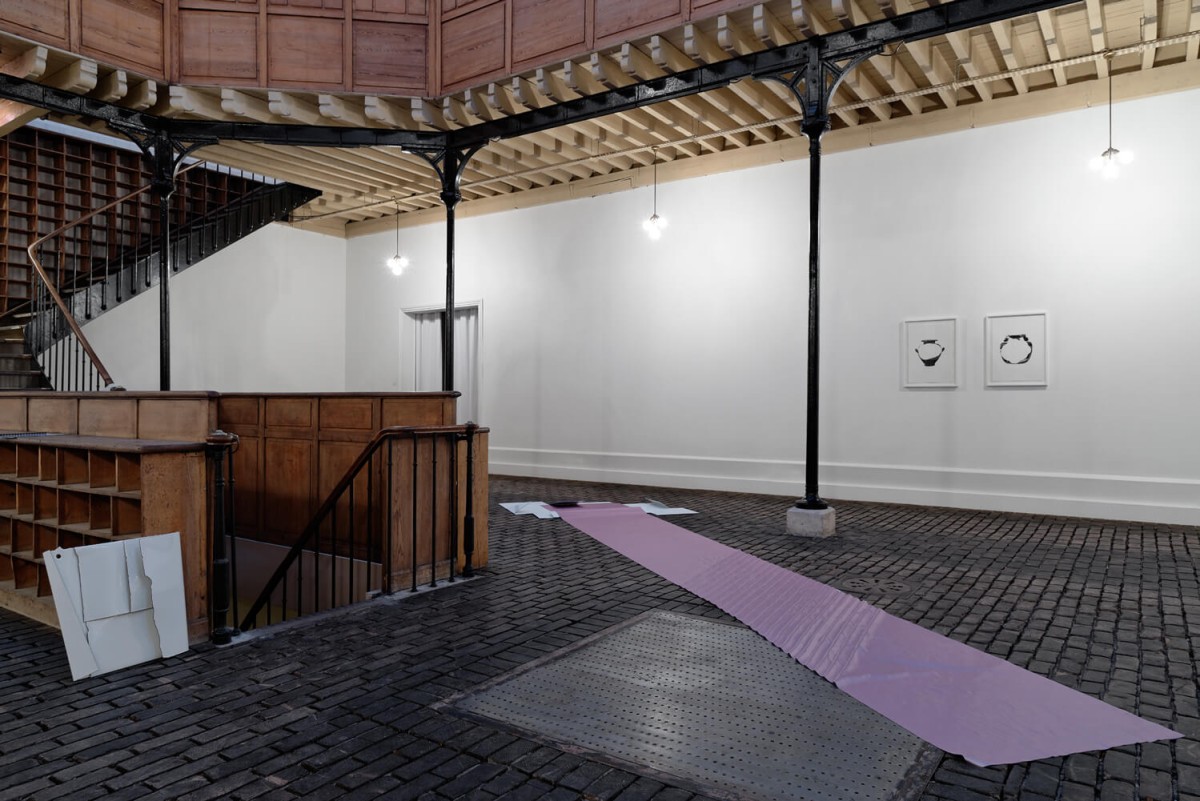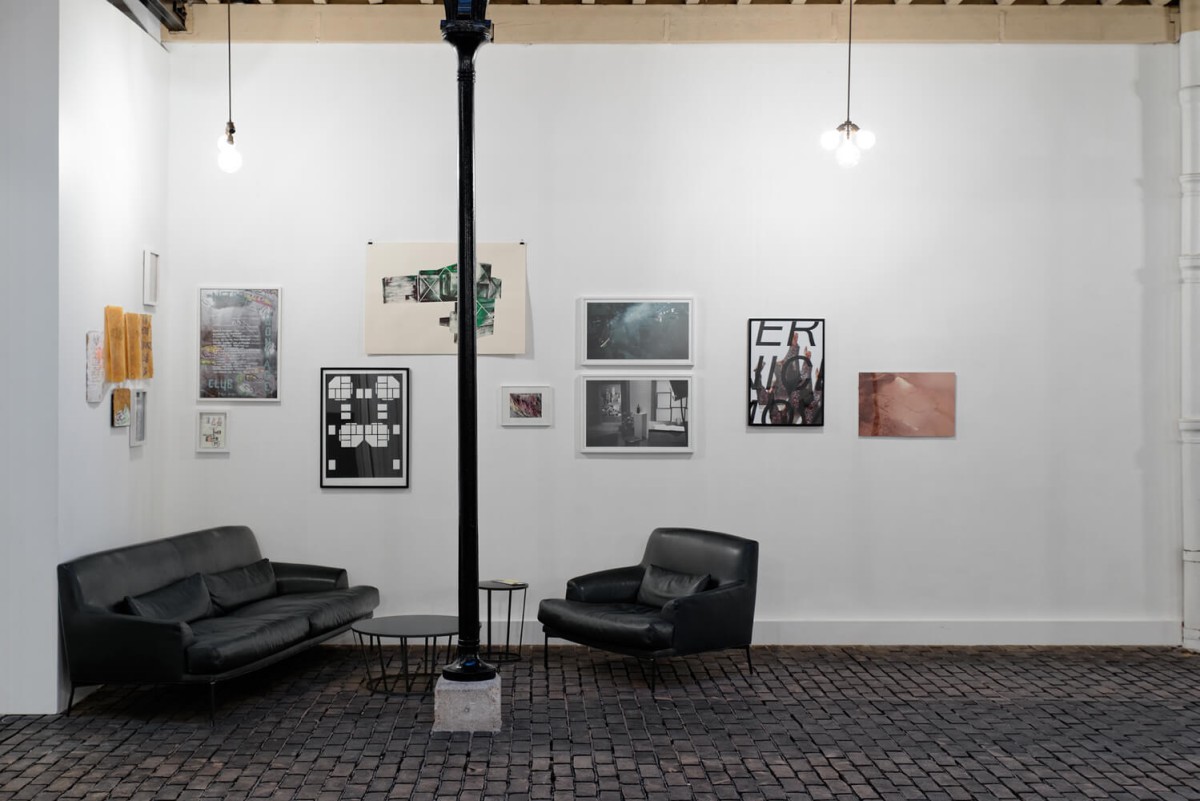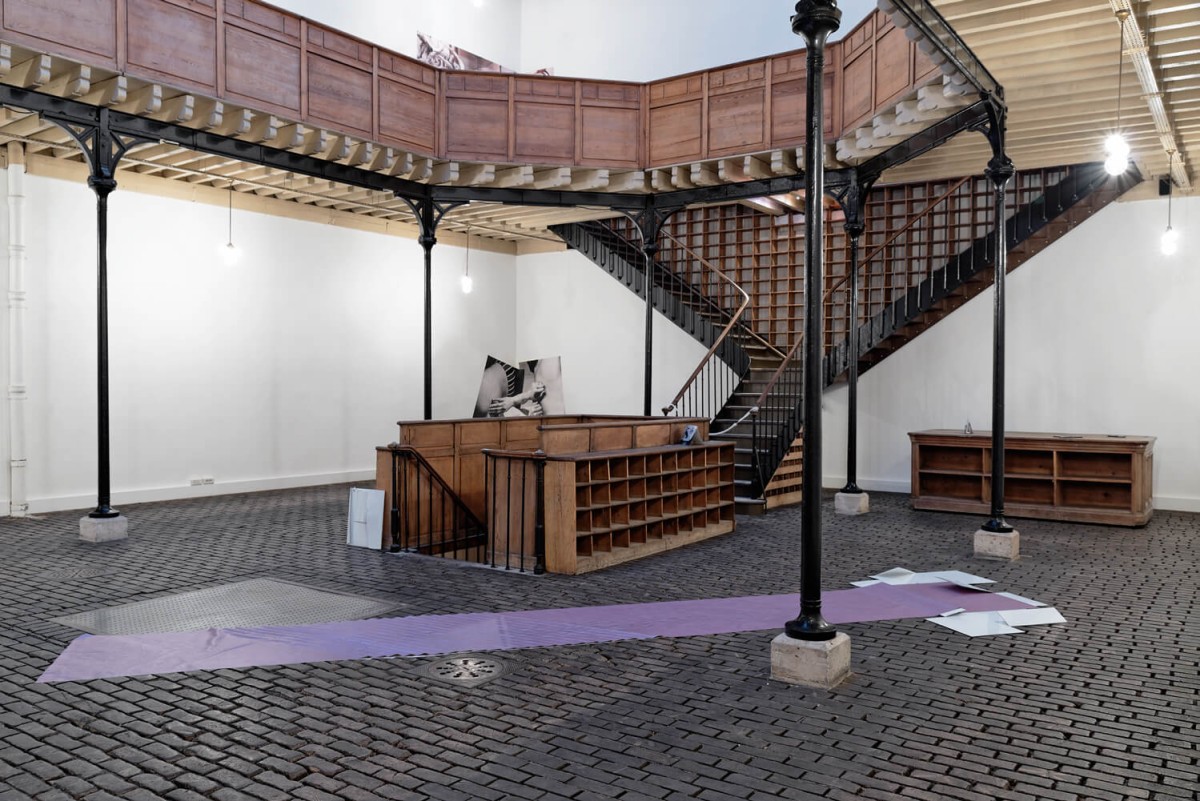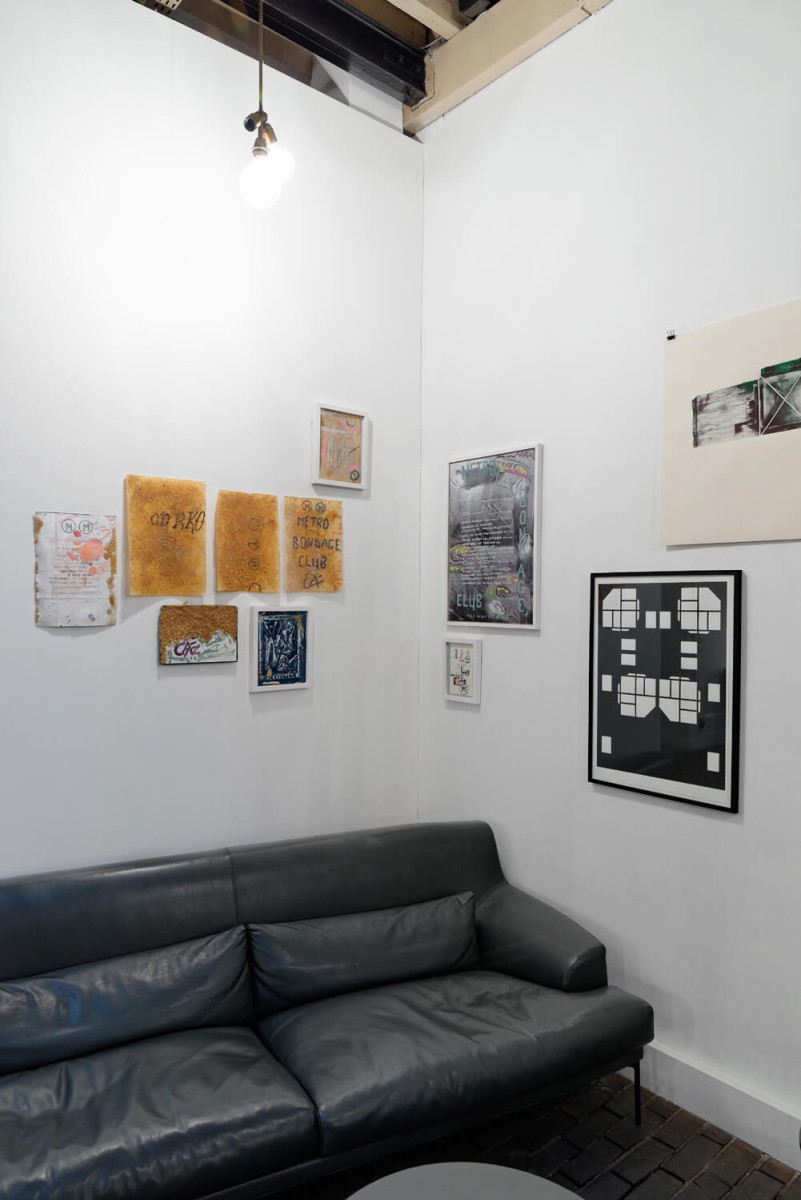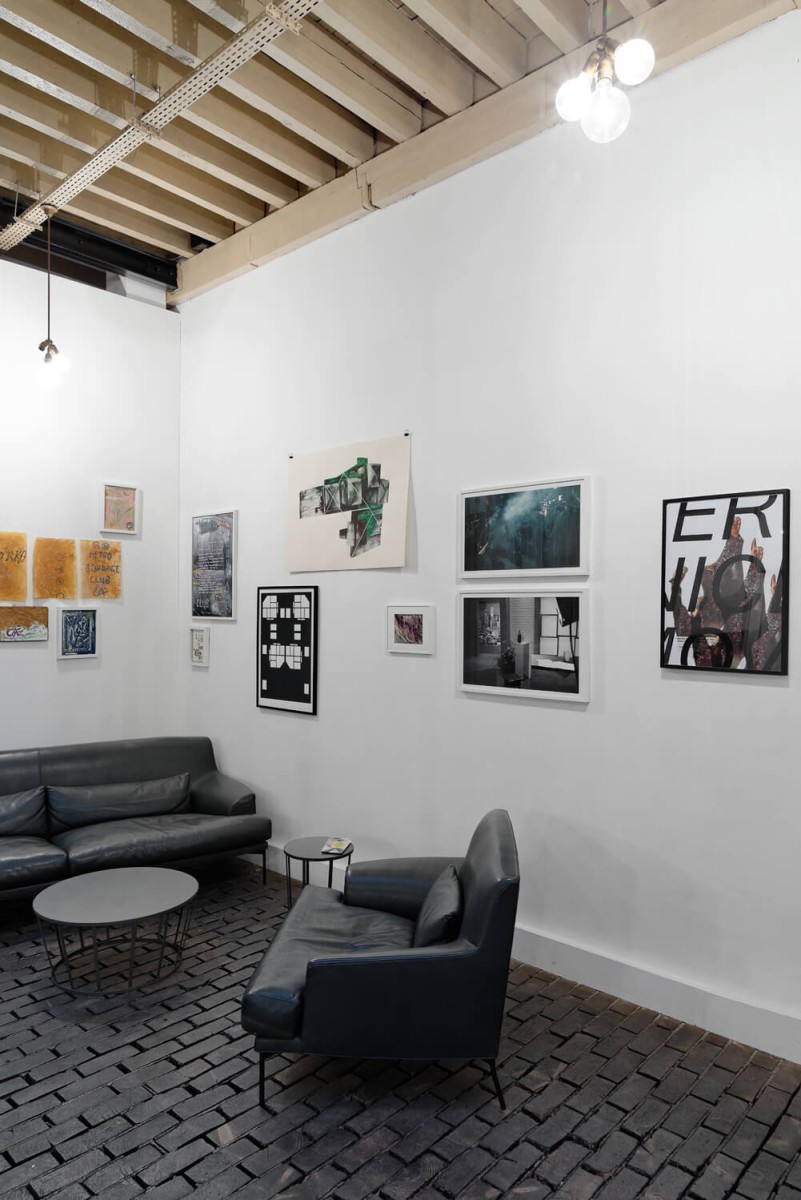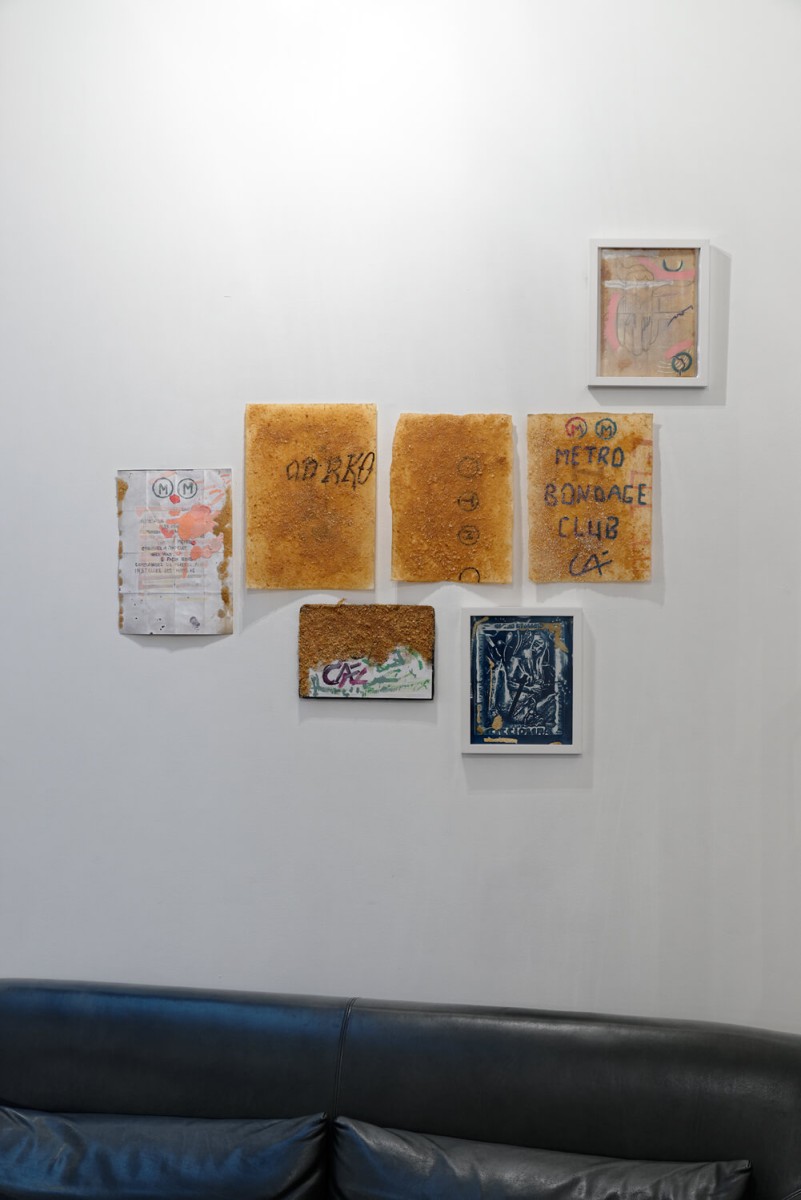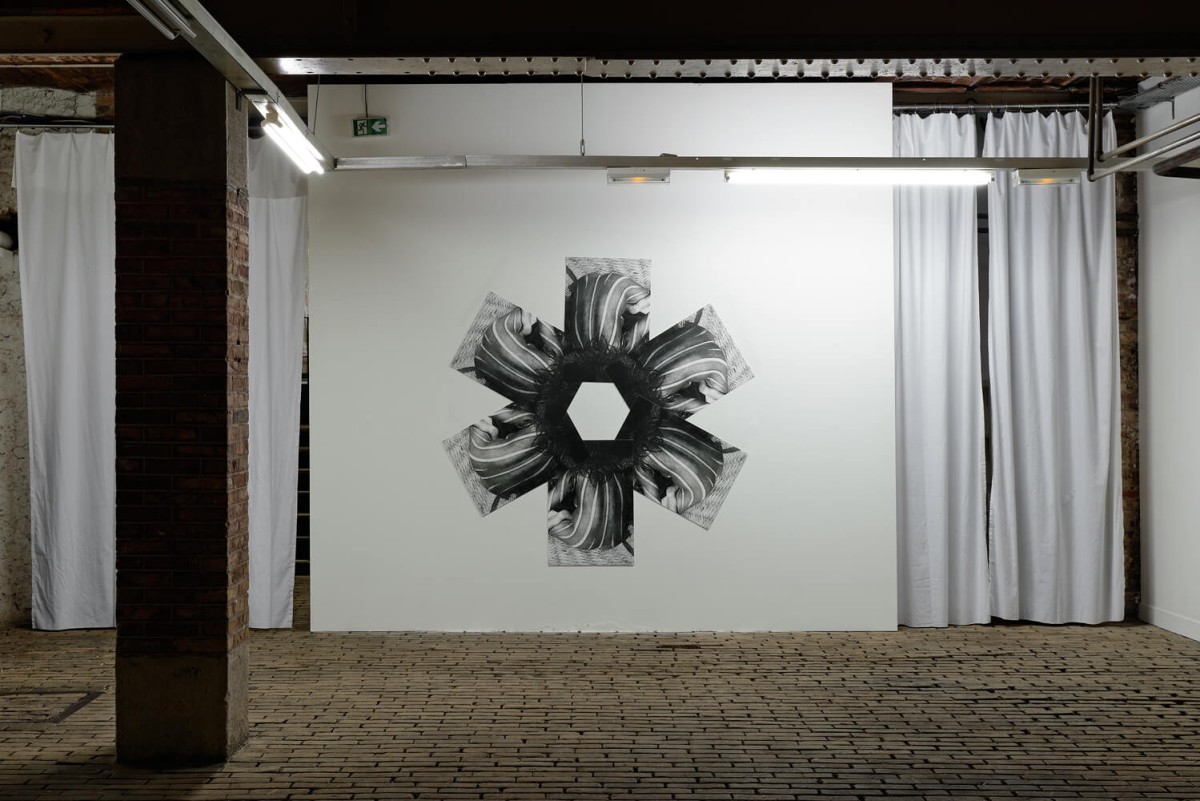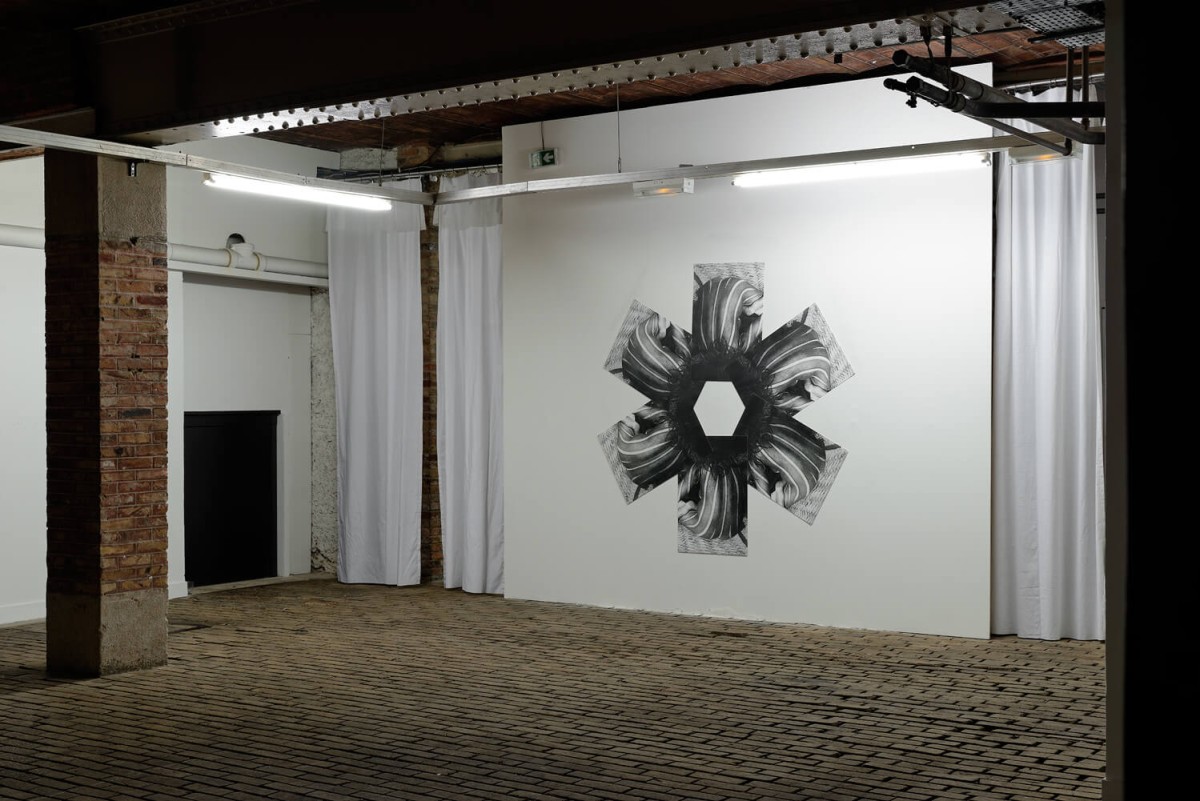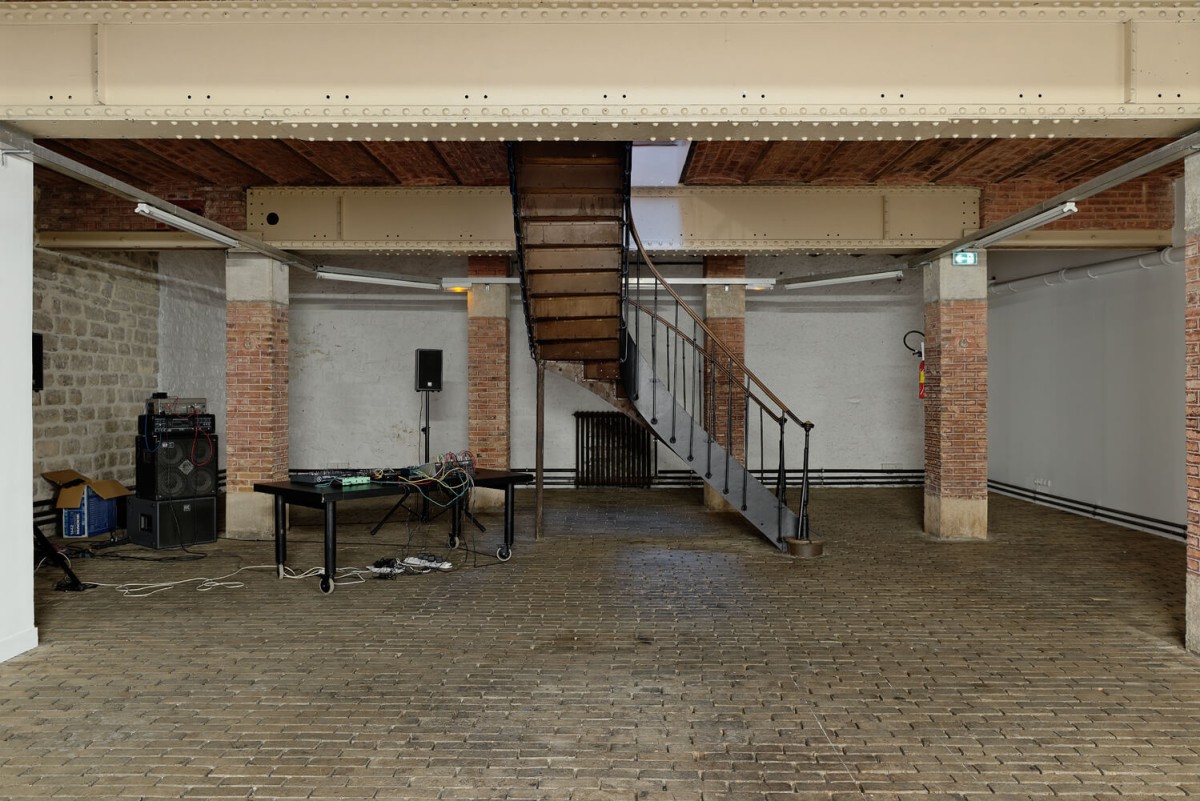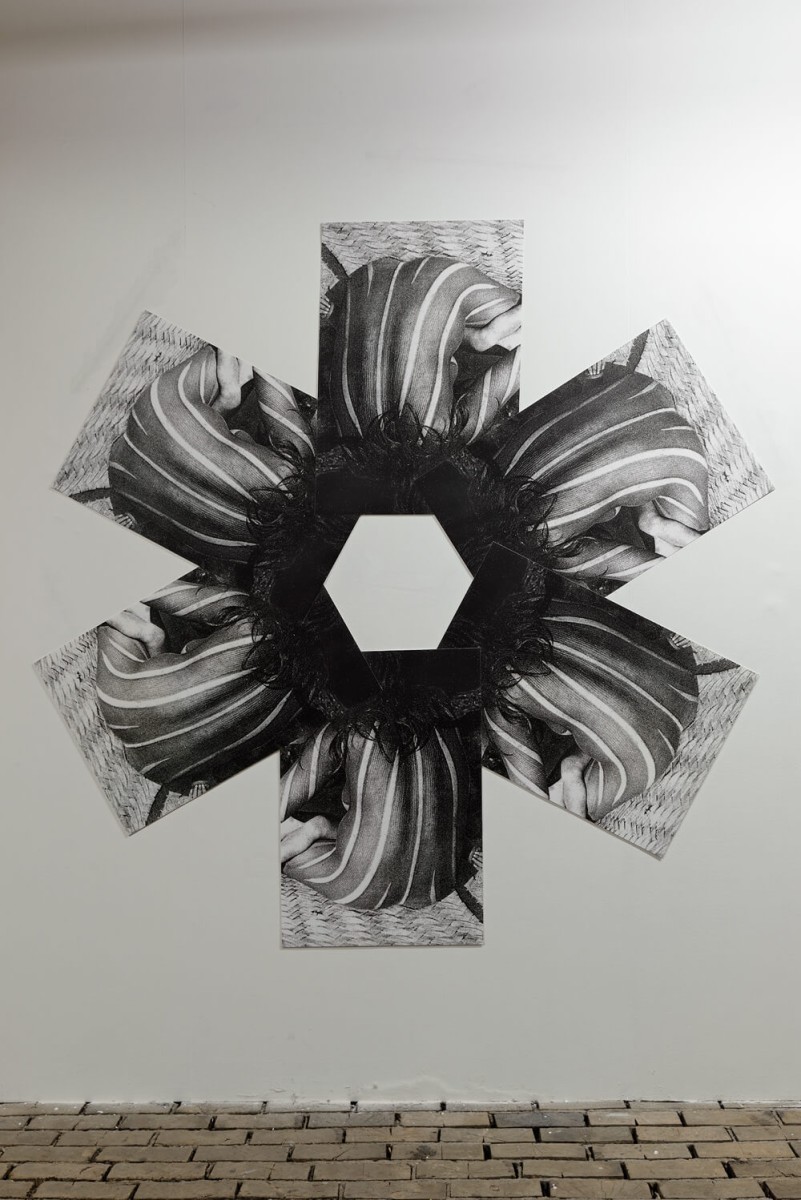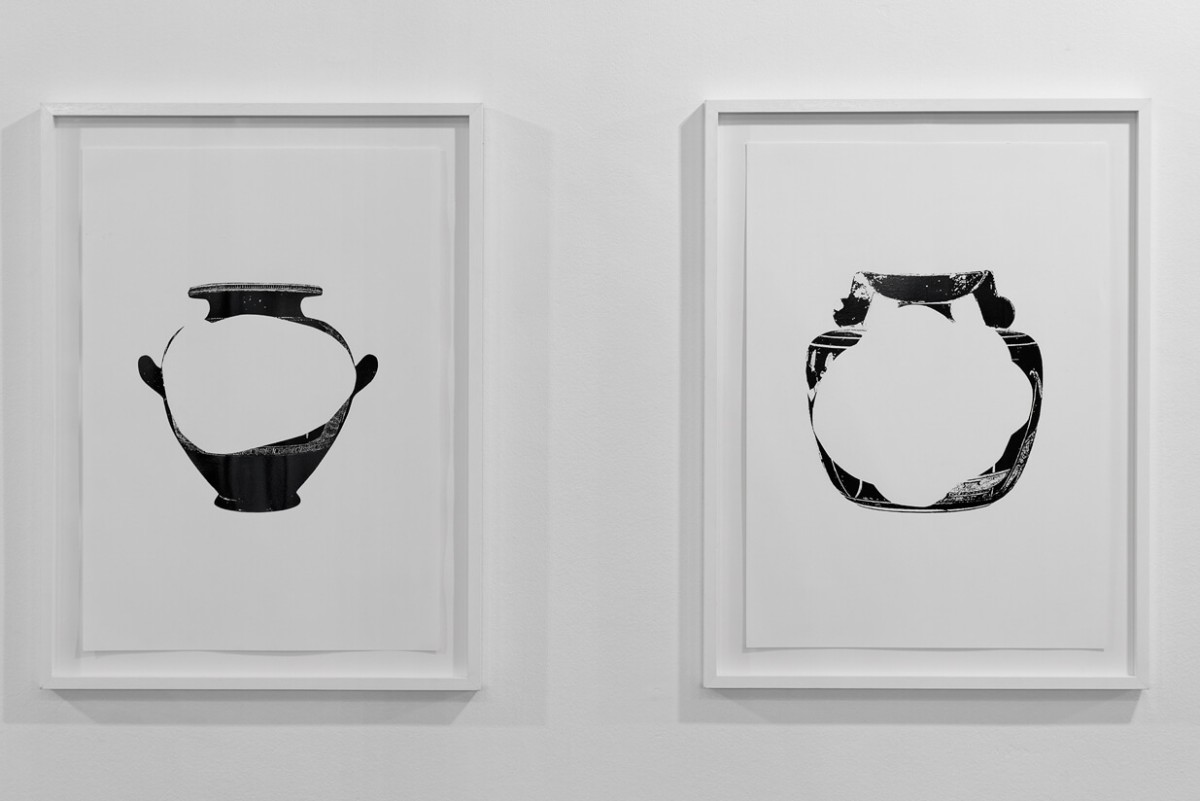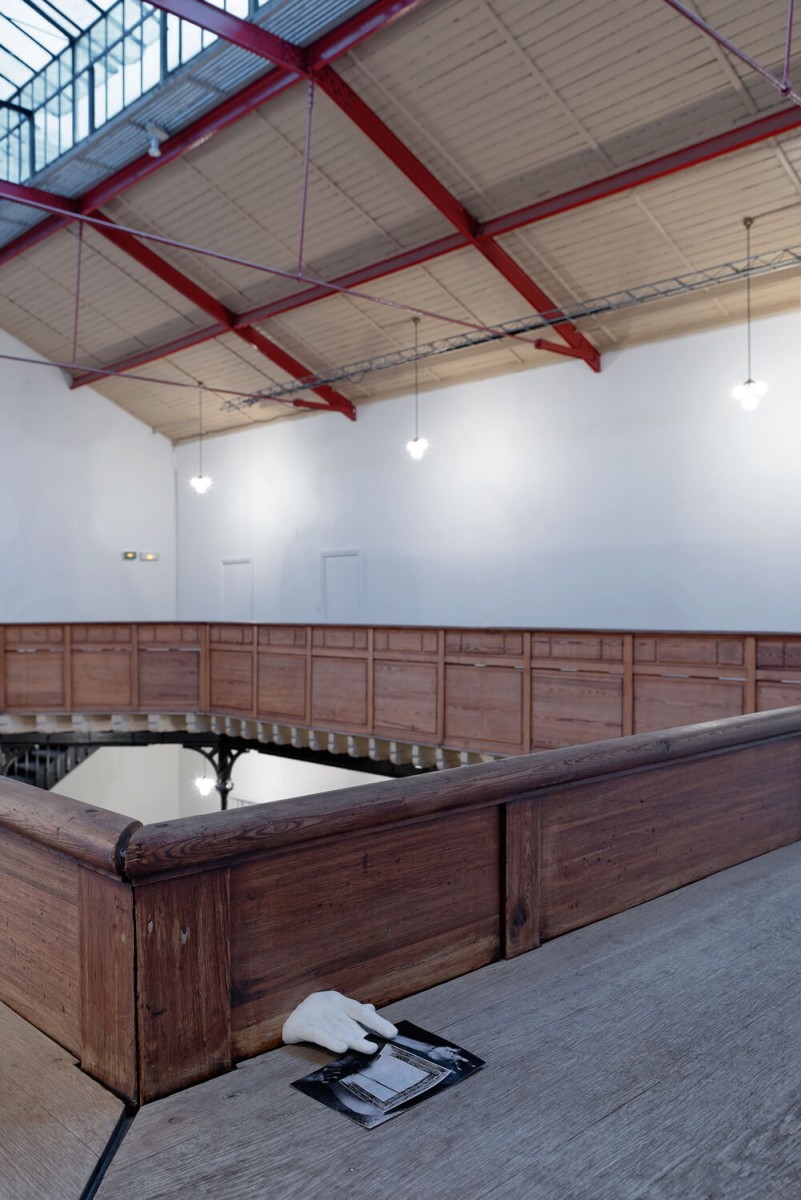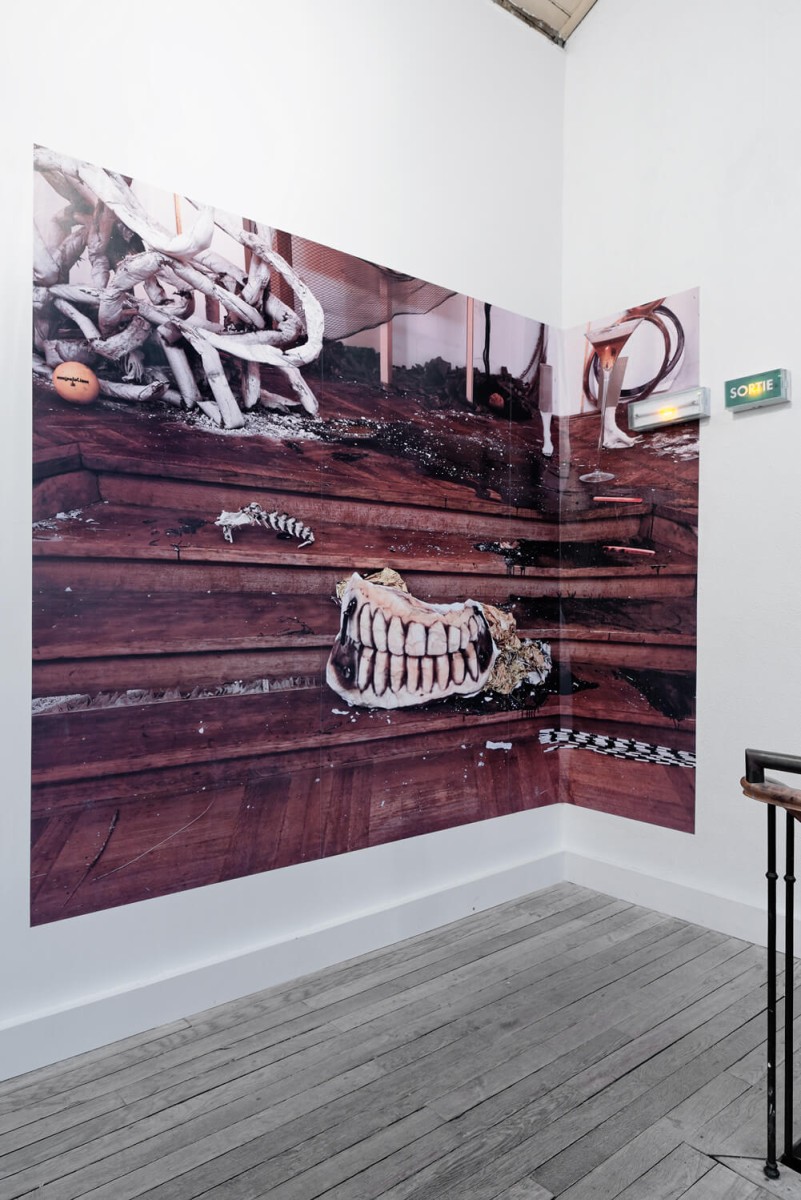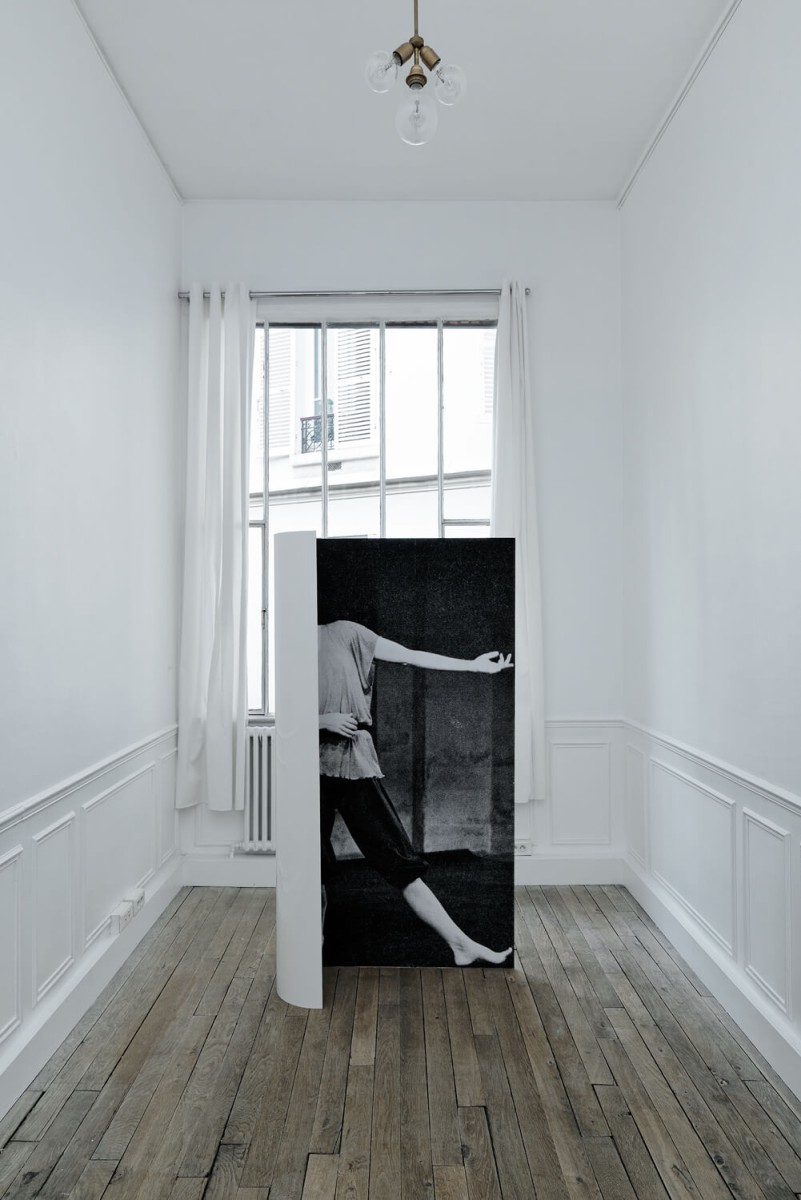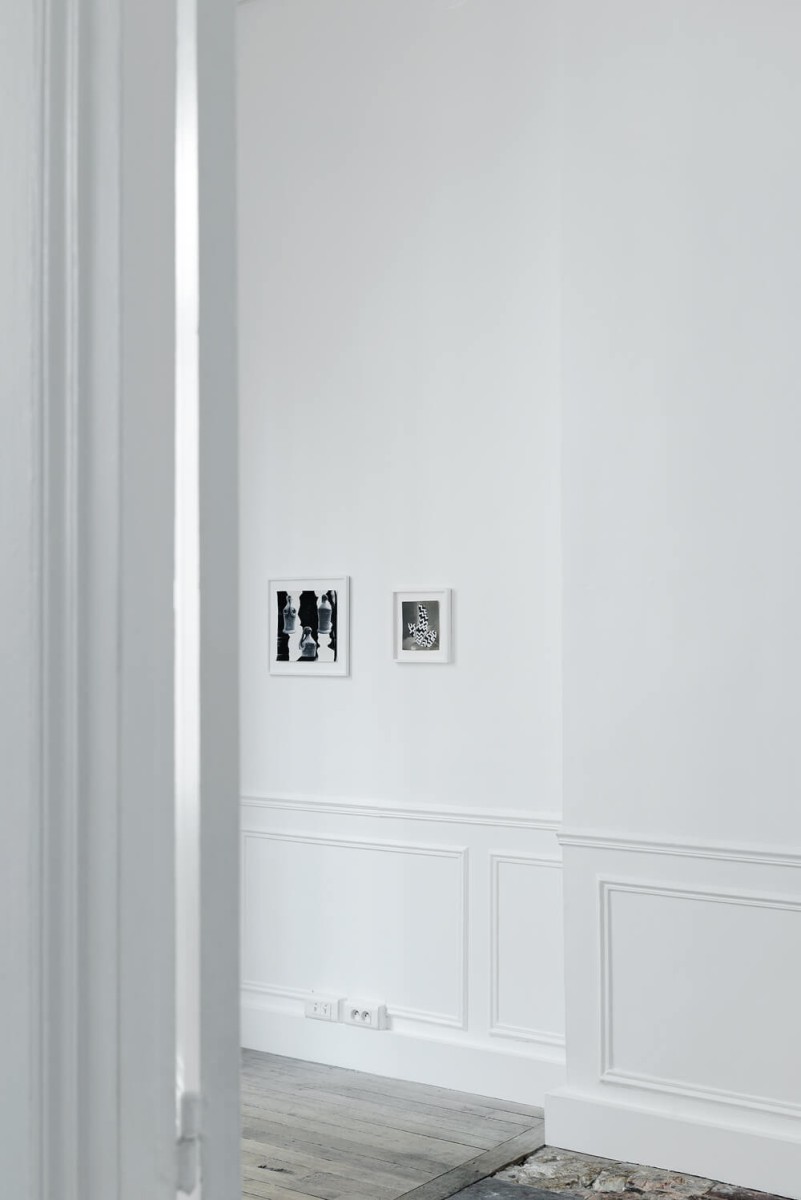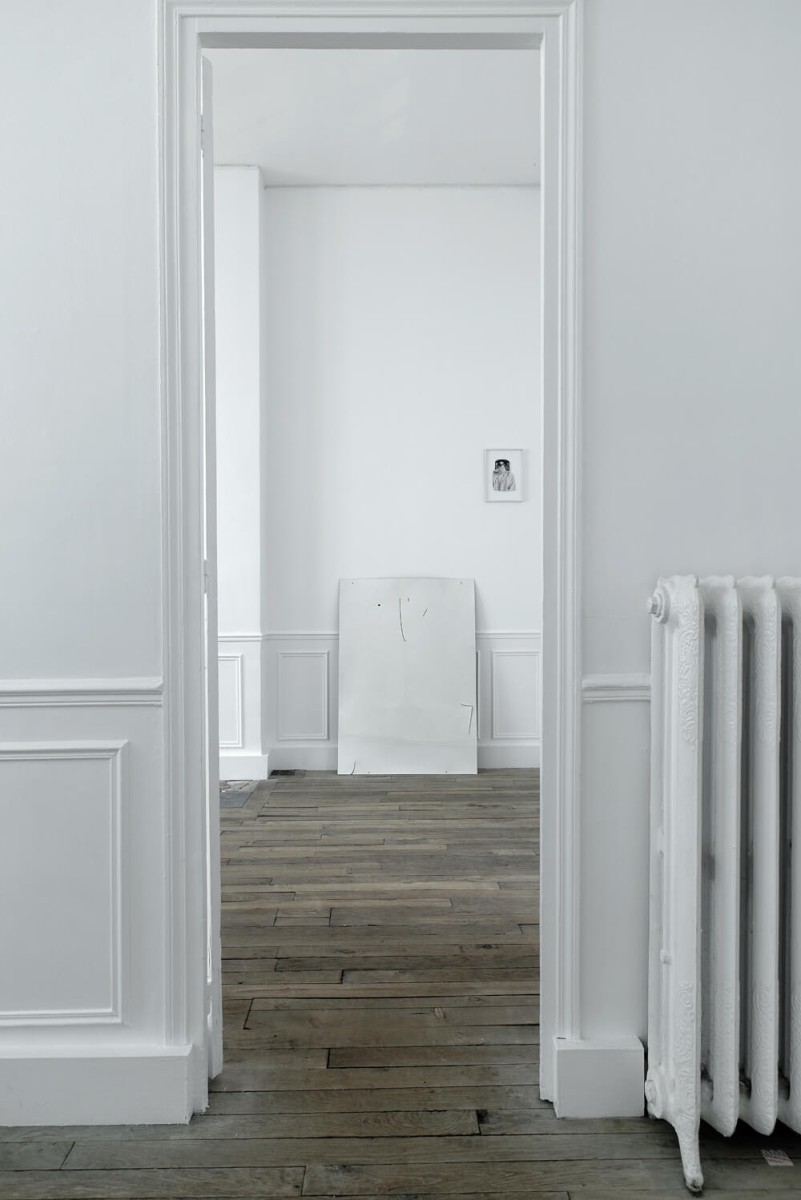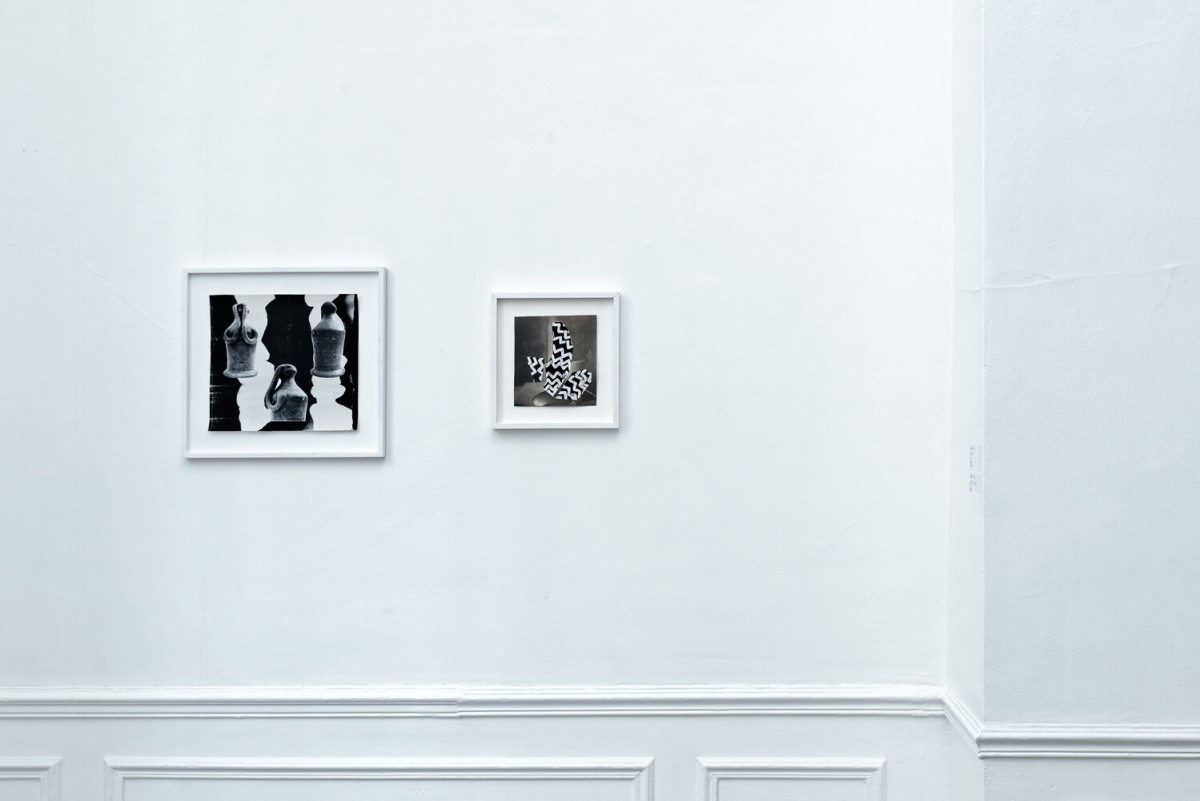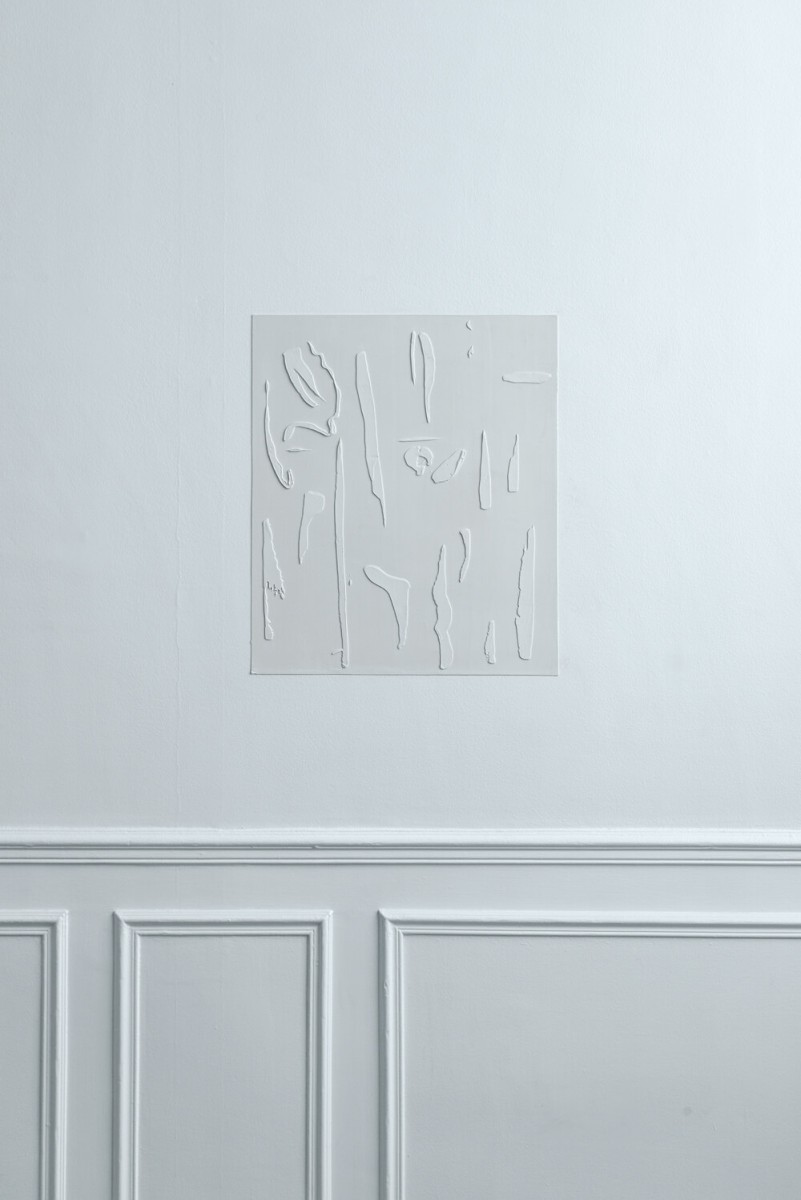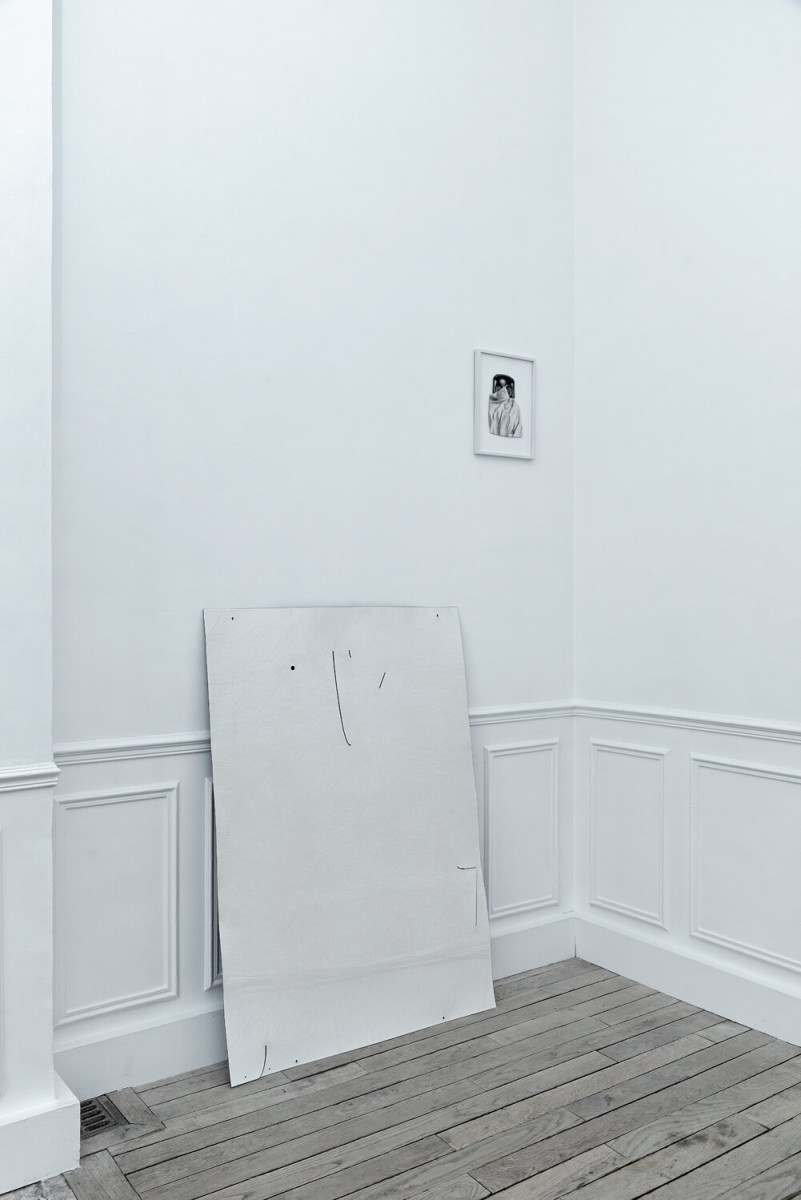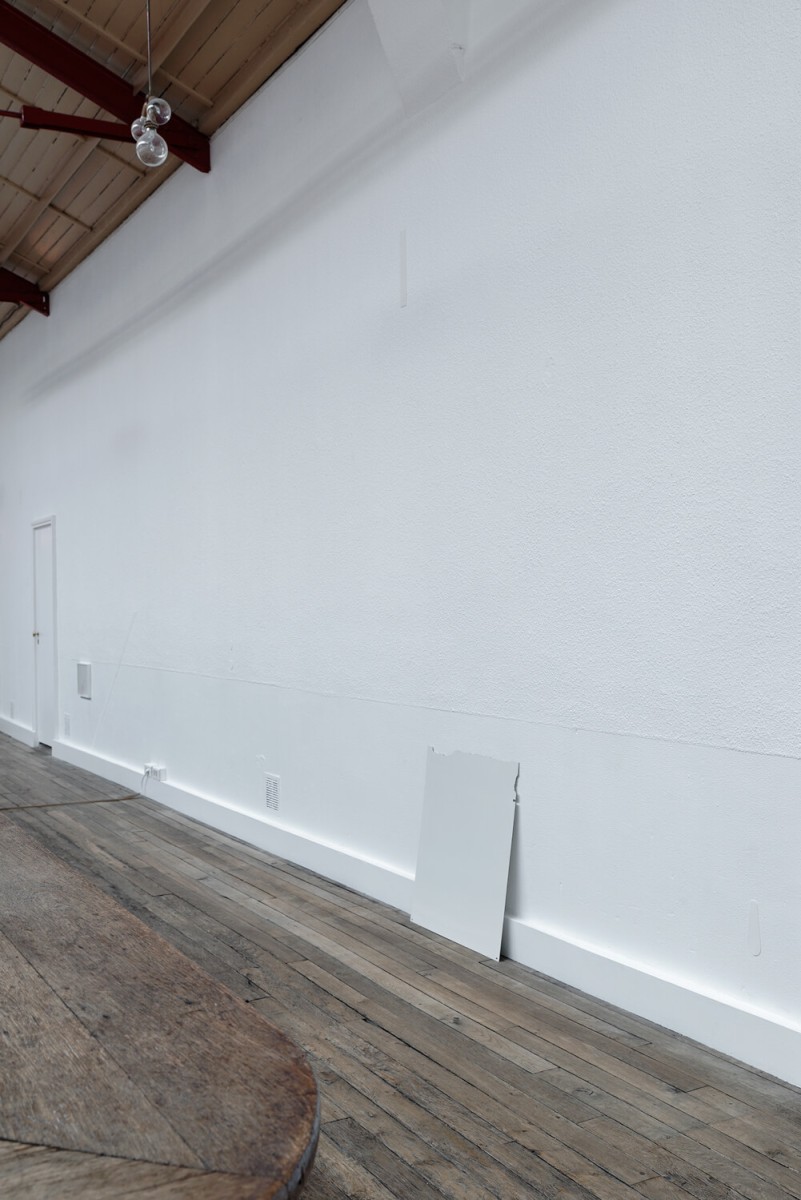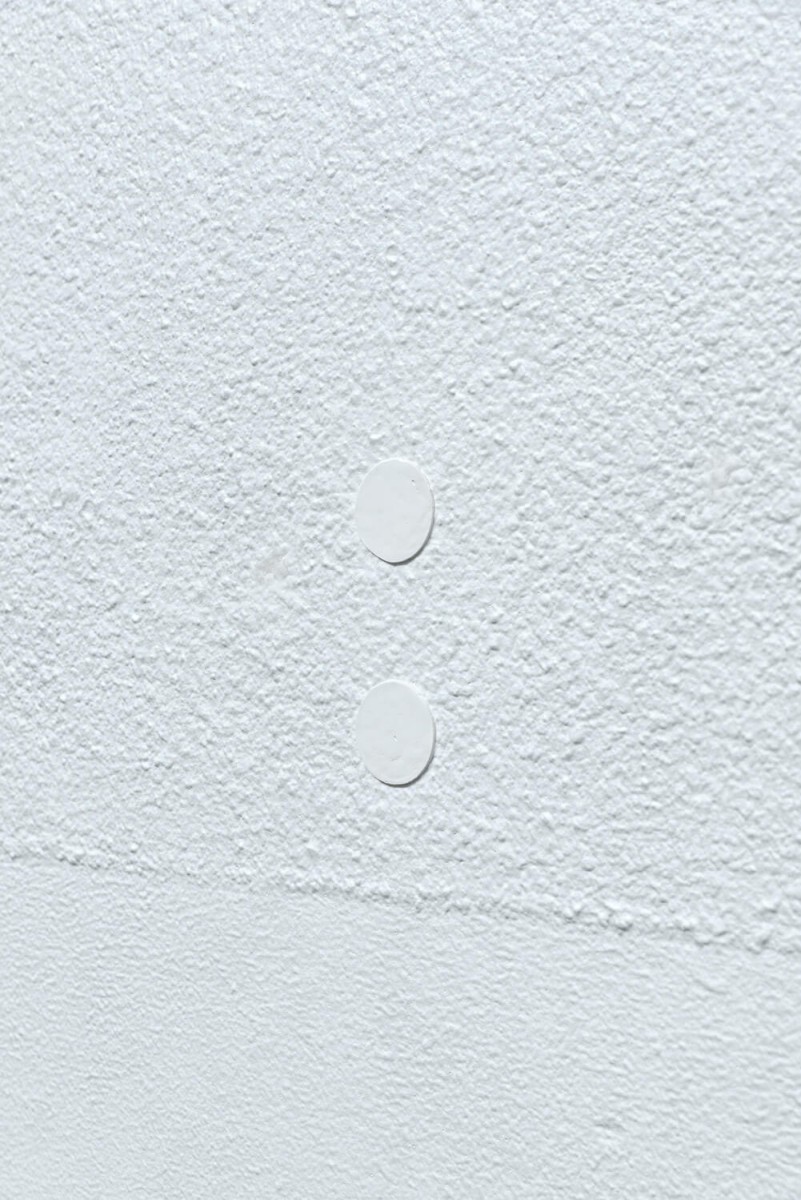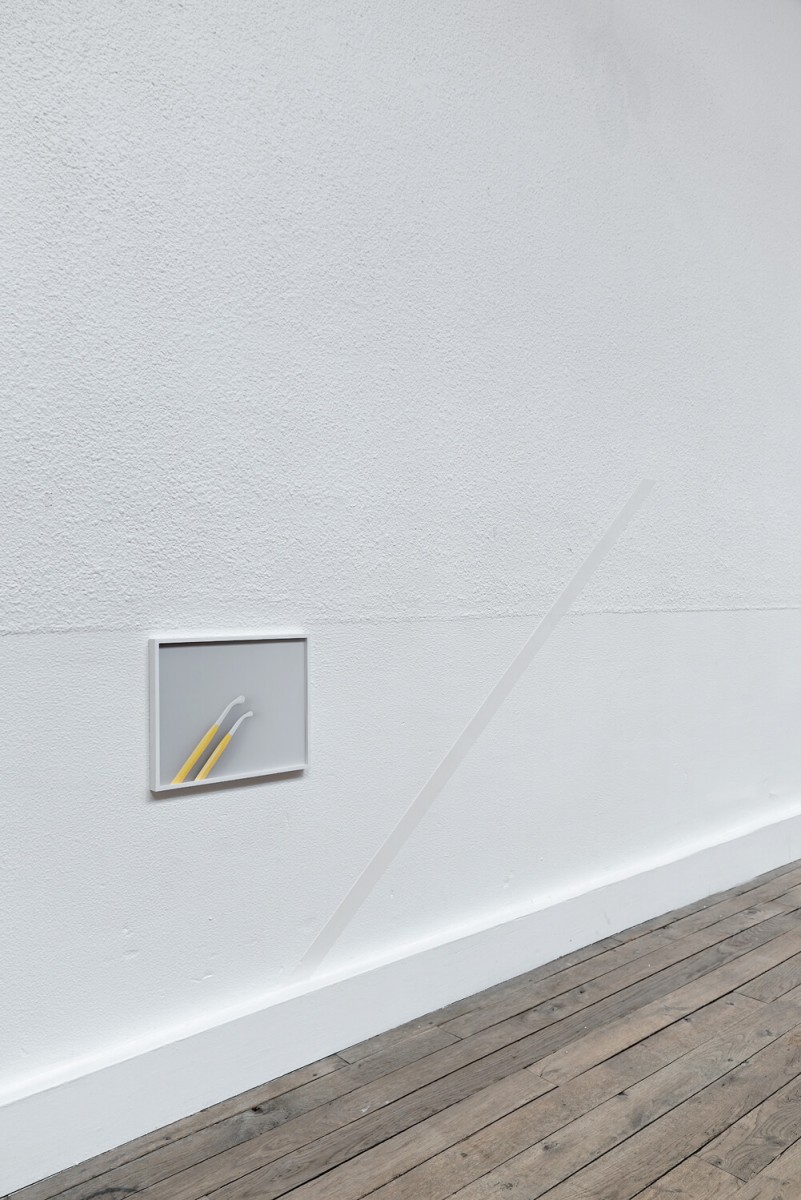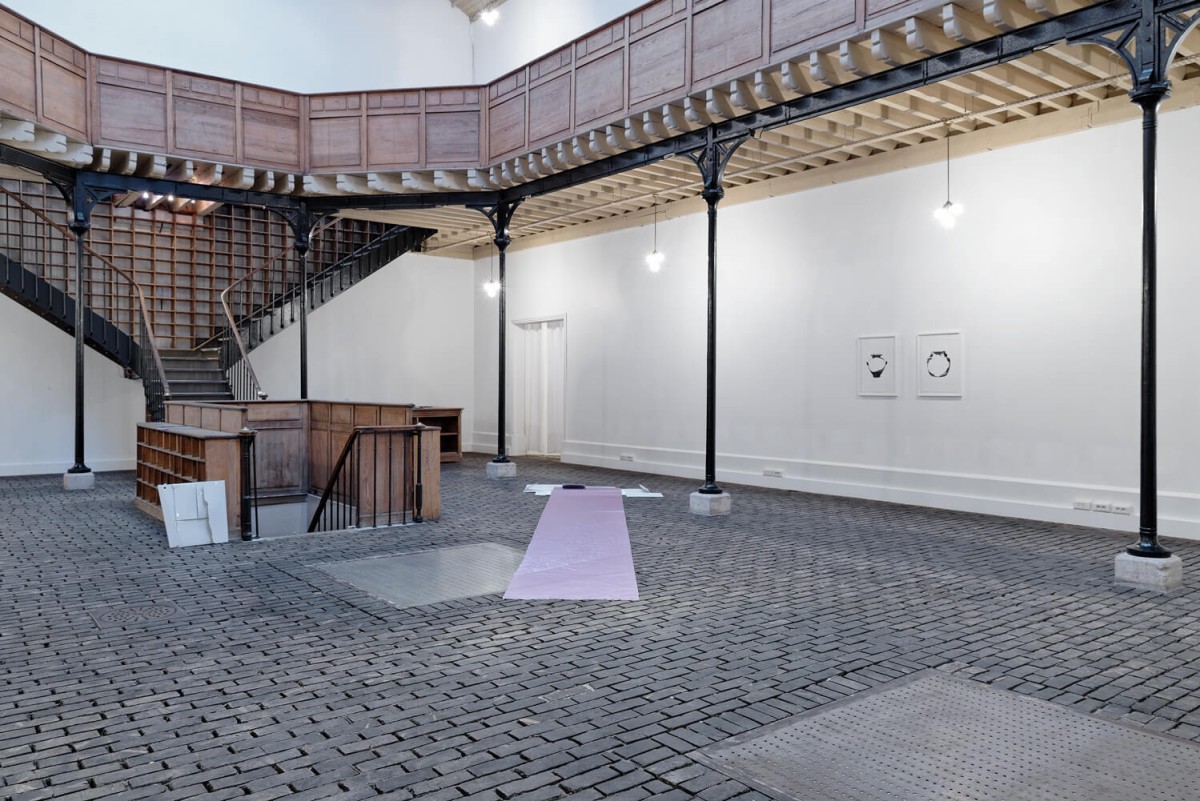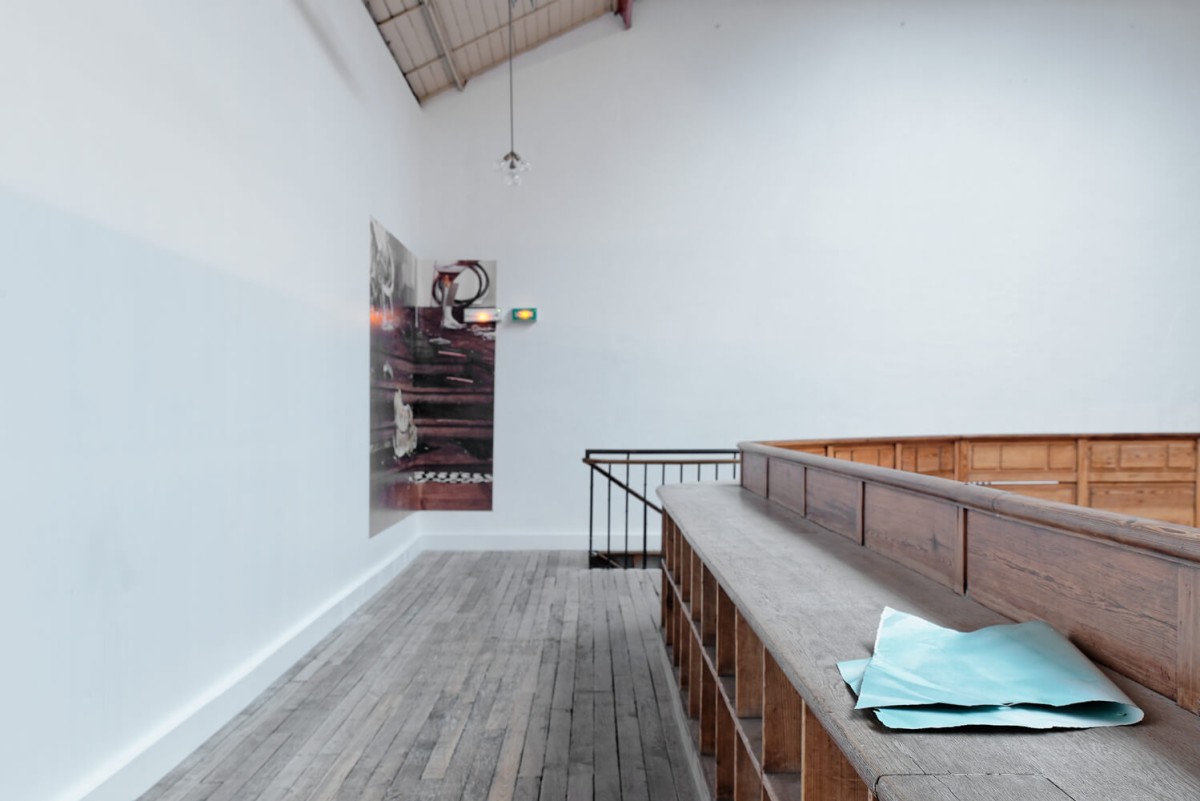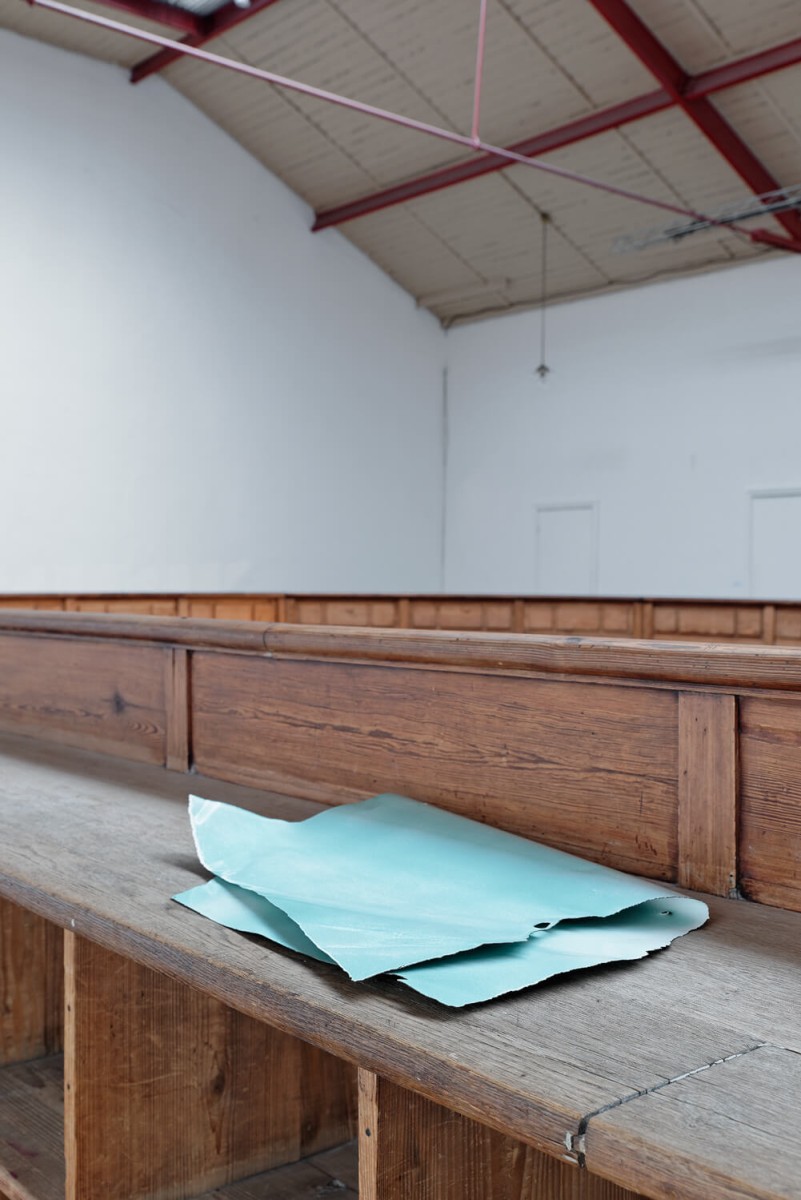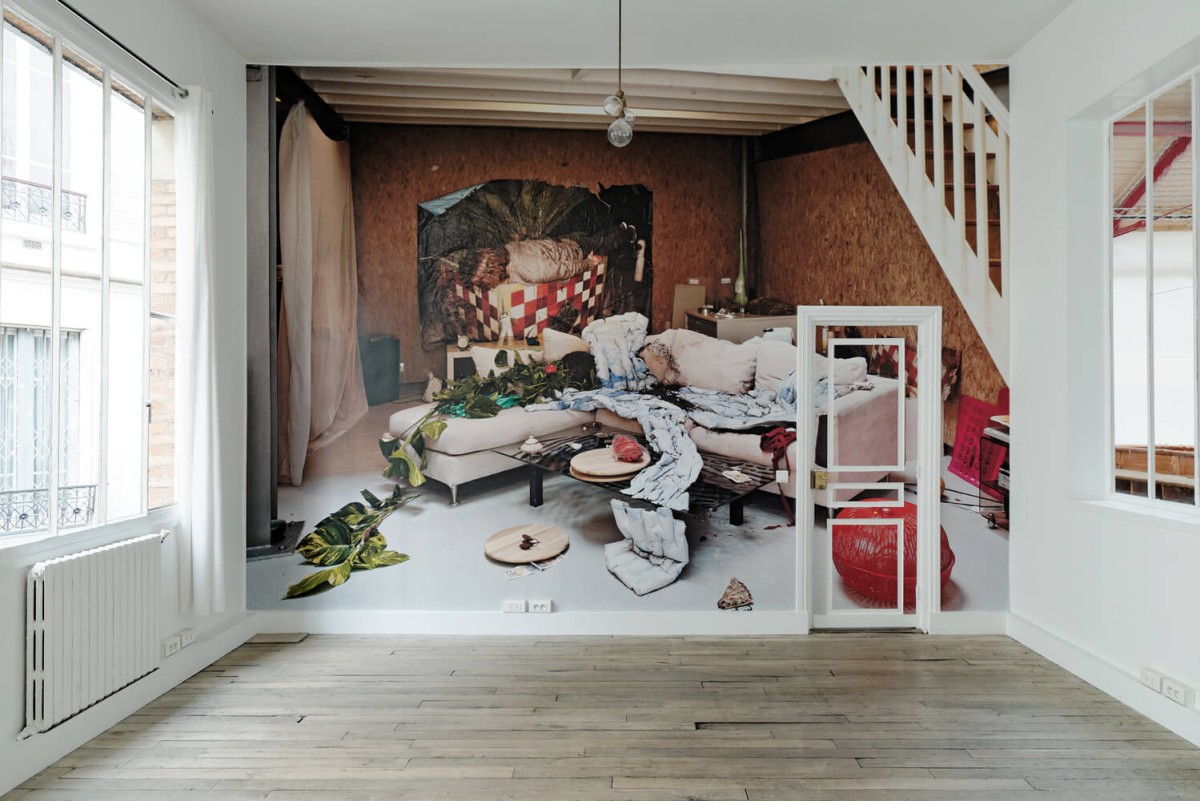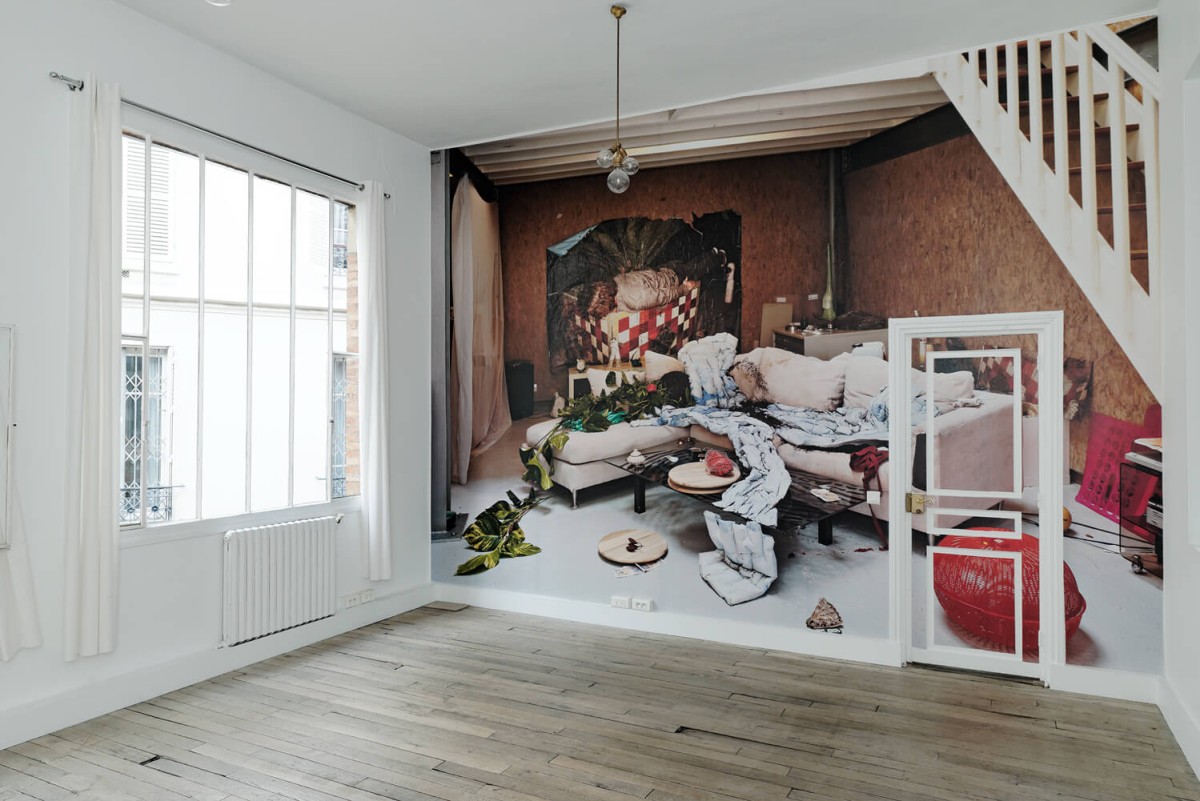Ne trébuchez pas sur le fil - off-site
Collective show with Marie-Michelle Deschamps, Éléonore False and Emmanuelle Lainé.
October 21 - 26, 2014
Bastille Design Center
74 boulevard Richard Lenoir, 75011 Paris
As part of a carte blanche given to Triangle France within the off-site program of the YIA Art Fair, 2014.
As part of its off-site exhibition program, Triangle France is pleased to present Don’t Trip Over the Wire, an exhibition bringing together Marie-Michelle Deschamps (CA), Éléonore False (FR), and Emmanuelle Lainé (FR), featuring works created specifically for the occasion or presented for the first time in Paris.
The exhibition takes its title from the mythical figure of Louis Wolfson, a New York-based schizophrenic whose book Le Schizo et les langues was published by Gallimard in 1970. In this autobiographical work, written in the third person, Wolfson describes how he devised an ultra-sophisticated linguistic process to escape his native language—quickly converting English into another language composed of equivalent French, German, Hebrew, or Russian words, both in meaning and sound. He addressed his book to a readership that would continually question the nature of knowledge, even at the cost of intellectual and physical effort, in order to keep living, acting, and remaining sane and lucid.
The exhibition centers on questions of knowledge, the tools of learning, balance, and the distortions of meaning and space. During her residency at Triangle France in the spring of 2014, Marie-Michelle Deschamps developed a series of works first shown at Collective Gallery in Edinburgh during the summer of 2014. Her process was intricate: she tracked down Louis Wolfson—now a millionaire residing in Puerto Rico (also known for his gambling addiction)—and established a written correspondence with him. She then created an approximation of this exchange, translating it as closely as possible to the linguistic system Wolfson described in his book. This text, understood as a series of sounds, was then freely transcribed into a musical score and performed in turn by a musician and a singer. The resulting sound piece, Don’t Trip Over the Wire, fills the space of the Bastille Design Center, a 19th-century hardware store steeped in history.
“Don’t trip over the wire!” was one of the phrases Wolfson’s mother often shouted at him—words that grated on his ears, as he despised both her and her language. A language that had to be severed, reshaped, dissected—to protect both his body and mind. It had to become something else. Here, the act of walking, guided by sound, may lead to stumbling—over a wire, a rupture—tipping into another language, another space.
Éléonore False’s ceramic hands evoke this movement and the sense of touch. Like Emmanuelle Lainé, she explores alternative models of relationships through an existing vocabulary—opening things up, flipping them over, making and photographing them, until the links that articulate their elements begin to shift. This demands embracing the inherent risk of touching and being touched. It is about disturbance. As feminist philosopher Karen Barad, cited by Emmanuelle Lainé in a recent conversation, states: “Touch is never purely innocent,” “so much is happening: an infinity of others—other beings, other spaces, other times—are activated(1).” To trouble, to touch, to engage physically and intellectually is “to sense differences from within and to experience the entanglement of things(2).”
The exhibition is also deeply concerned with cuts, folds, surfaces, and volumes. Speaking of cuts and separations—etymologically, dichotomy means to cut in two, just as schizo translates to split mind. It is therefore about thinking through differences and ruptures—how to question what we know while keeping ideas within reach? How to turn things inside out, reread them with doubt, disrupt—queer(3)—the meanings they have received, and redefine our relationship to the other, not through separation, but through interaction.
1 Karen Barad, The Politics of Materiality, edited by Susanne Witzgall (revision of differences article published in 2012). Available at http://womenstudies.duke.edu
2 Karen Barad, Interview in Mousse Magazine, Milan, 2012, No. 34, pp. 77.
3 Karen Barad. Op. Cit. pp. 80.
Aperitif and Concert on Friday the 24th from 6:00 PM to 9:30 PM, featuring LA SOCIÉTÉ ÉTRANGE.
“They form the strange society as a duo. A reduced and occasional society, filled with water and electricity—a continuous music with varying intensities, where emptiness and fullness merge. For them, the concert is ‘the great gathering’, where a social group forms, focused on the sonic experience; a sonic group united by the social experience. The choice is yours—the society!”
On the occasion of this exhibition and as part of the LOVETRIANGLE program, it was possible to acquire an artwork by artists Wilfrid Almendra (FR), Jean-Alain Corre (FR), Marie-Michelle Deschamps (CA), Éléonore False (FR), Vishal Jugdeo (US), Adrien Missika (FR), Bruno Peinado (FR), Cally Spooner (GB), and Raphaël Zarka (FR) at a very special price. Proceeds are reinvested in Triangle France’s residency program.
